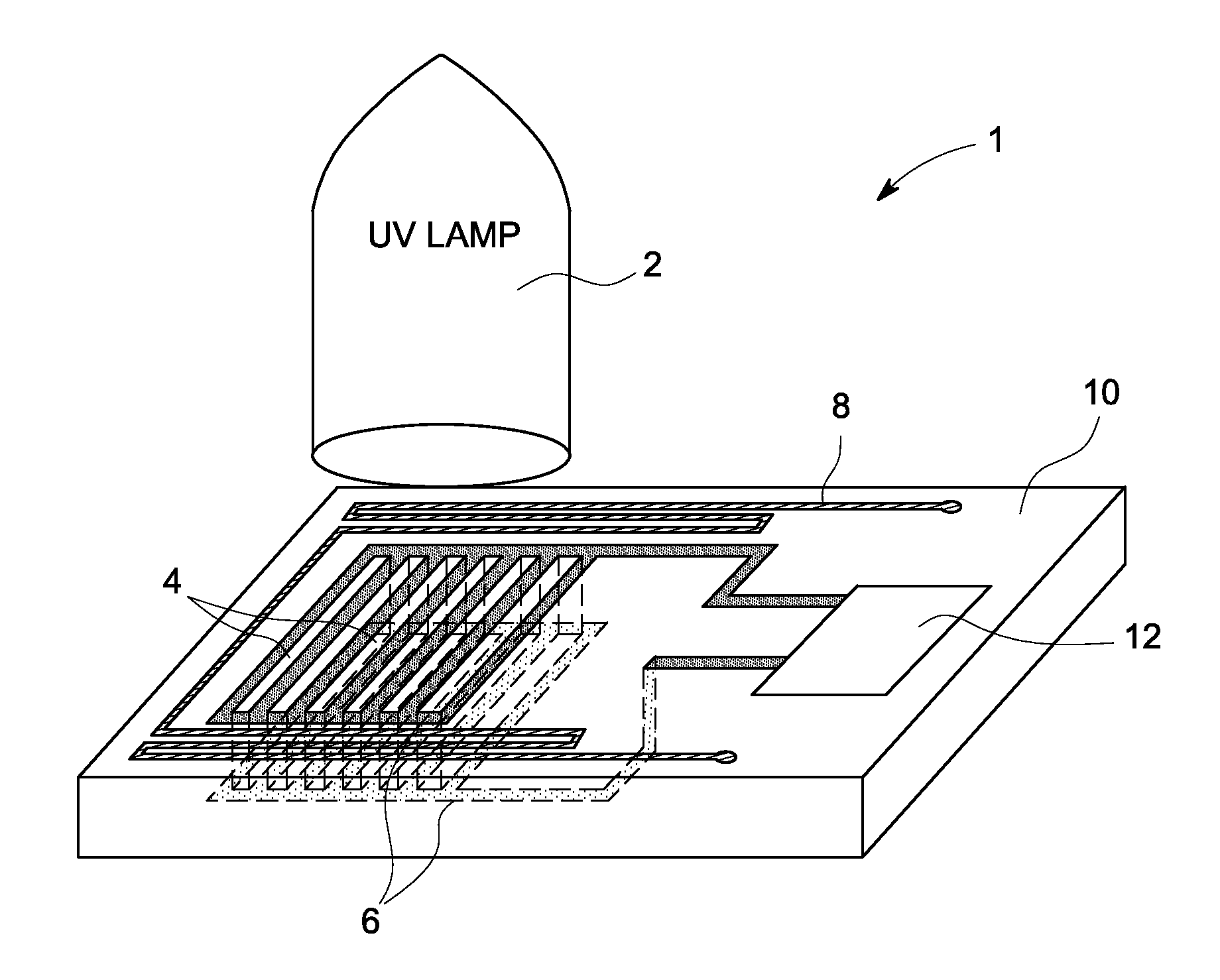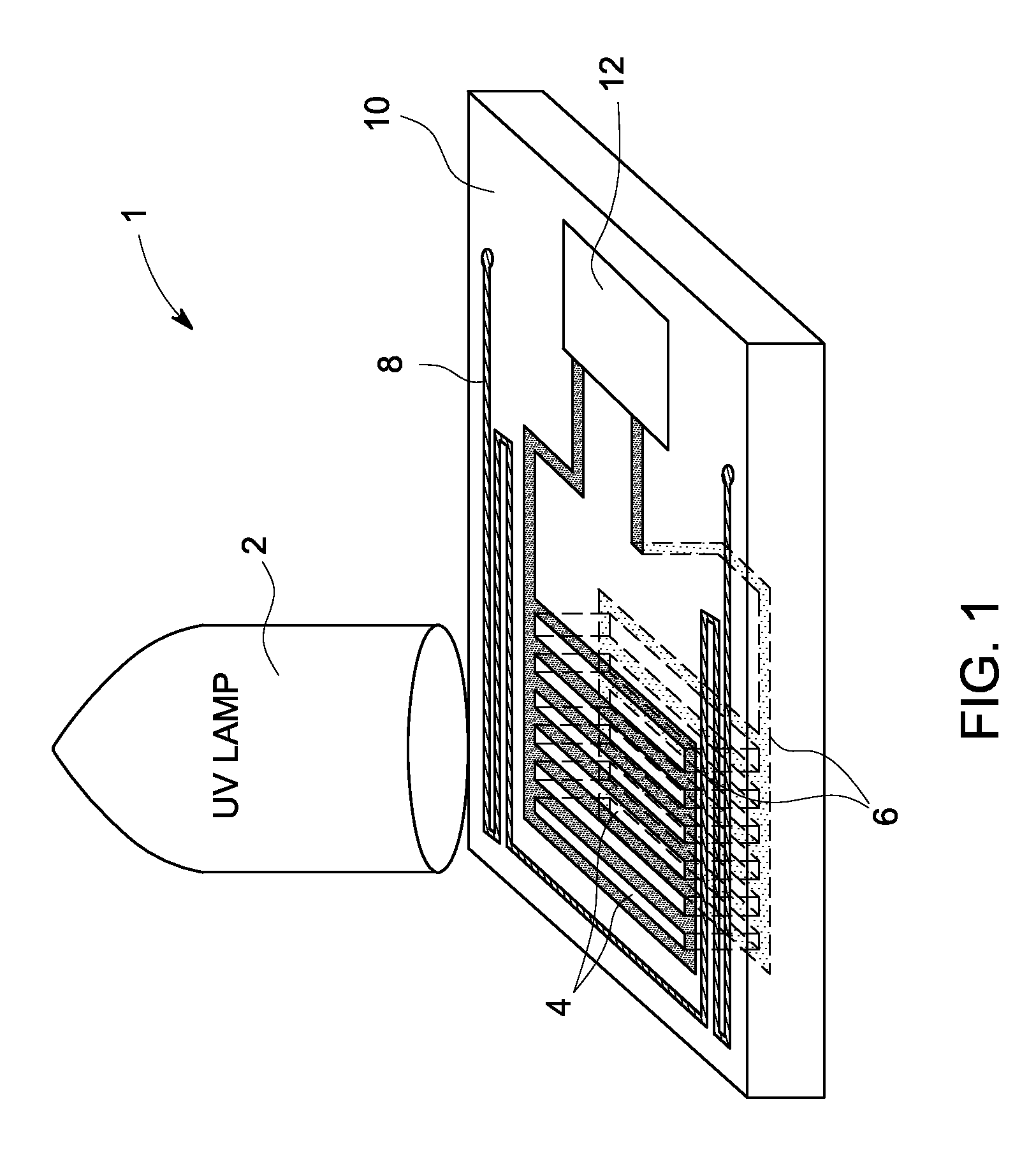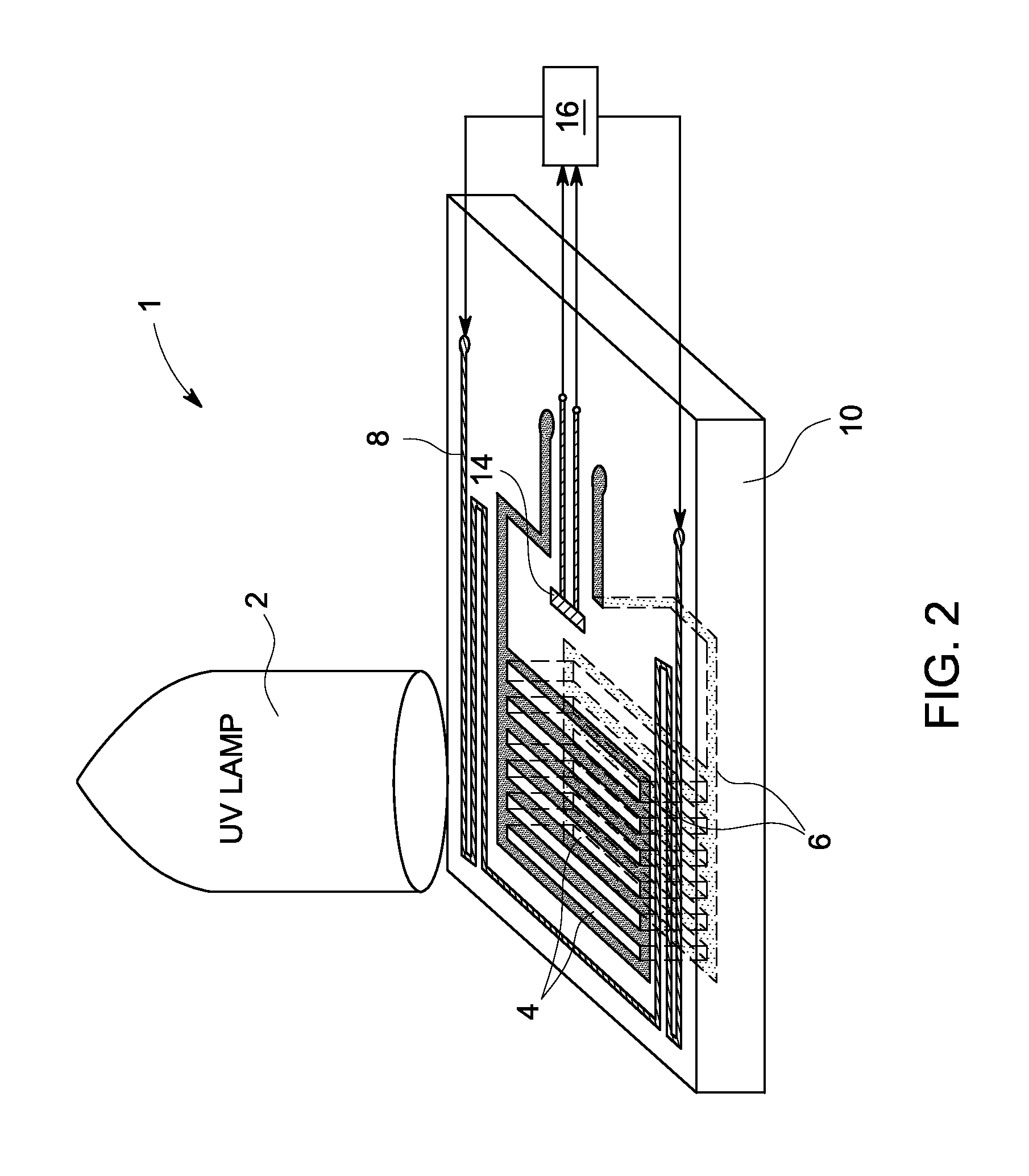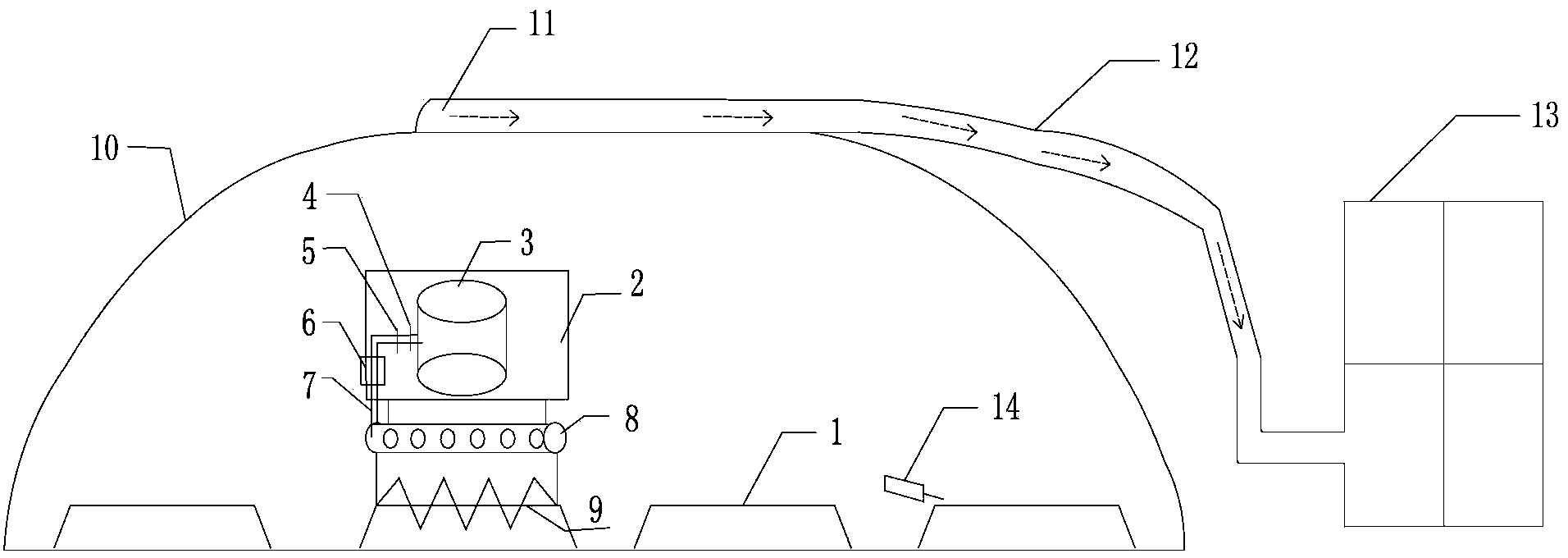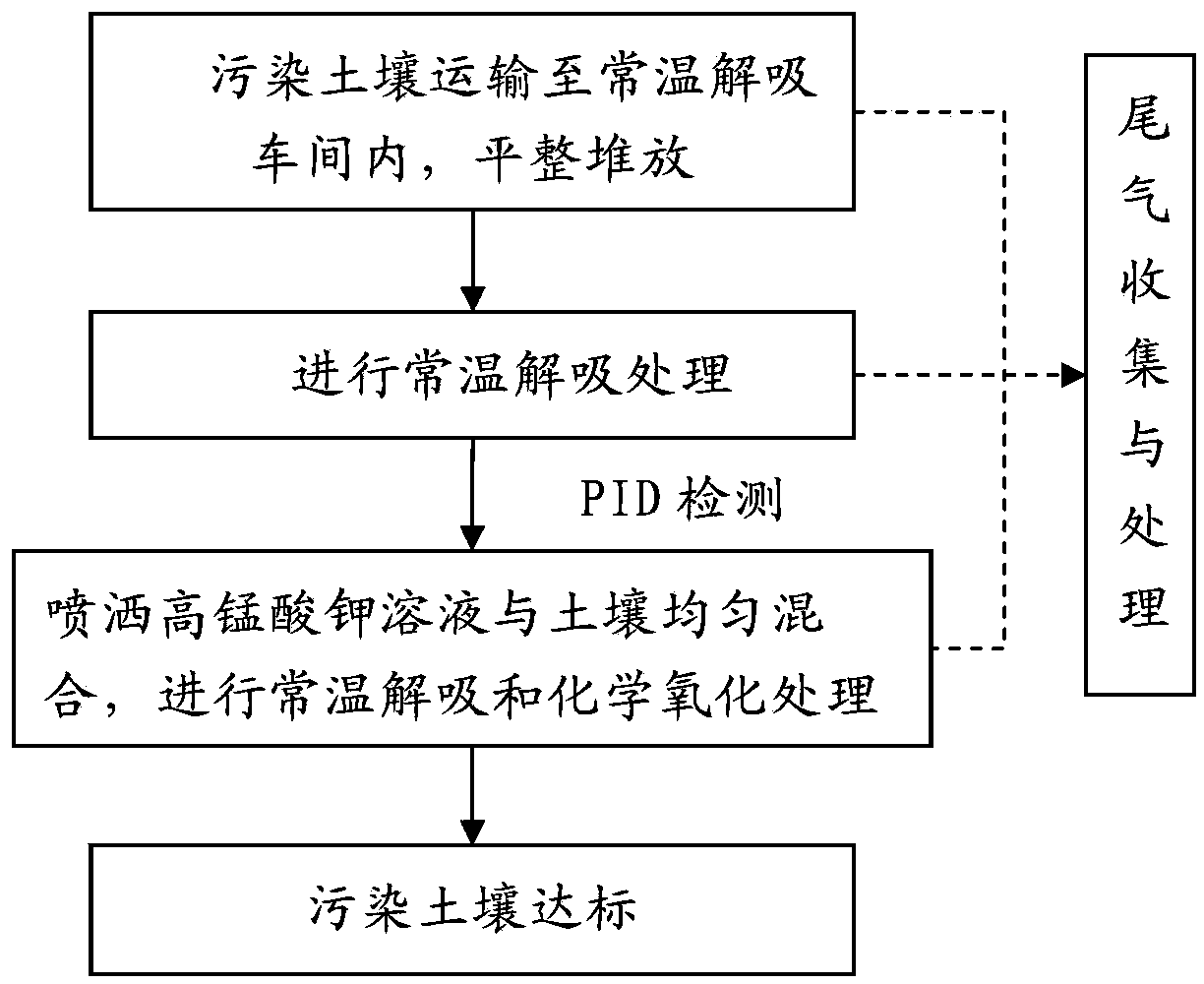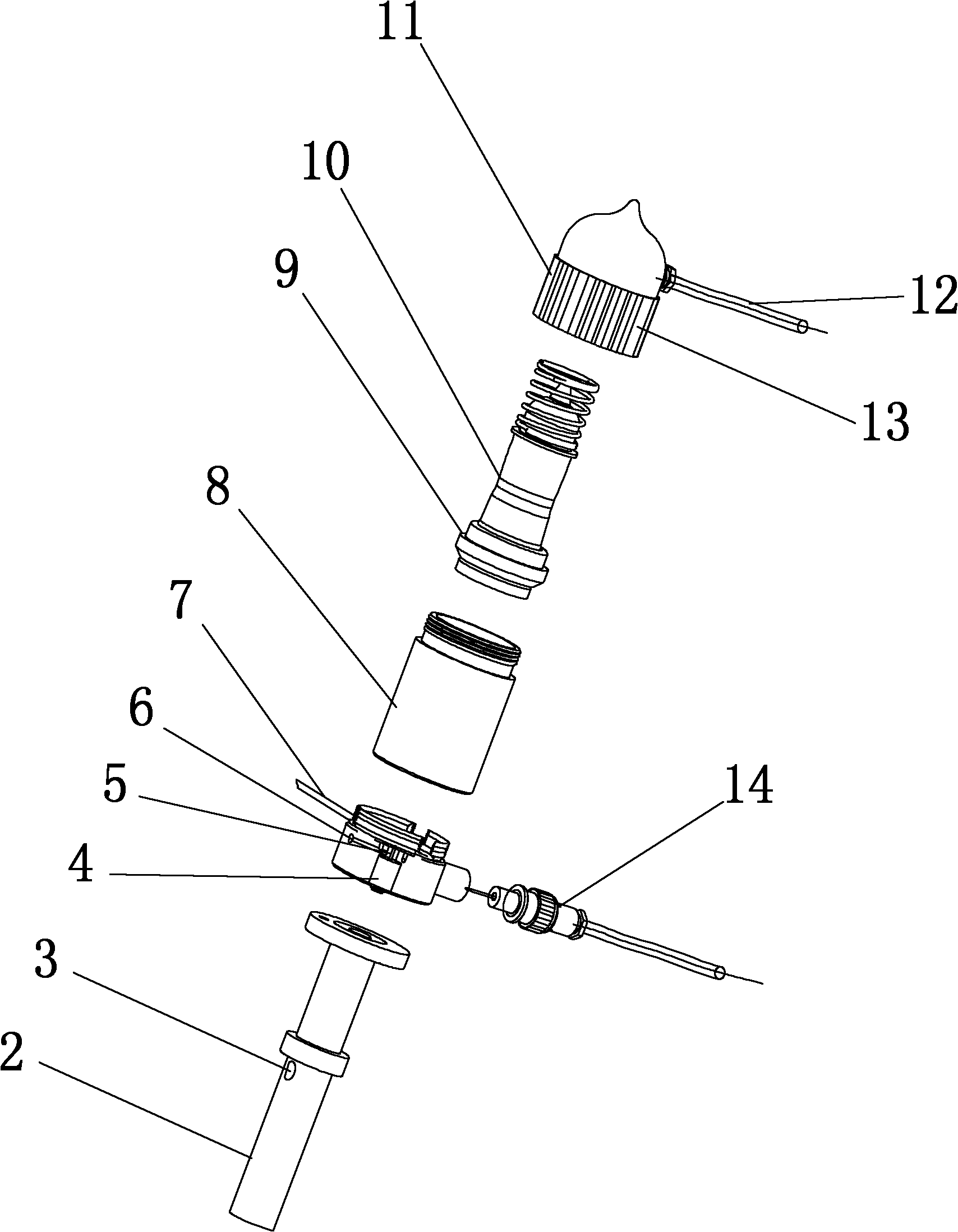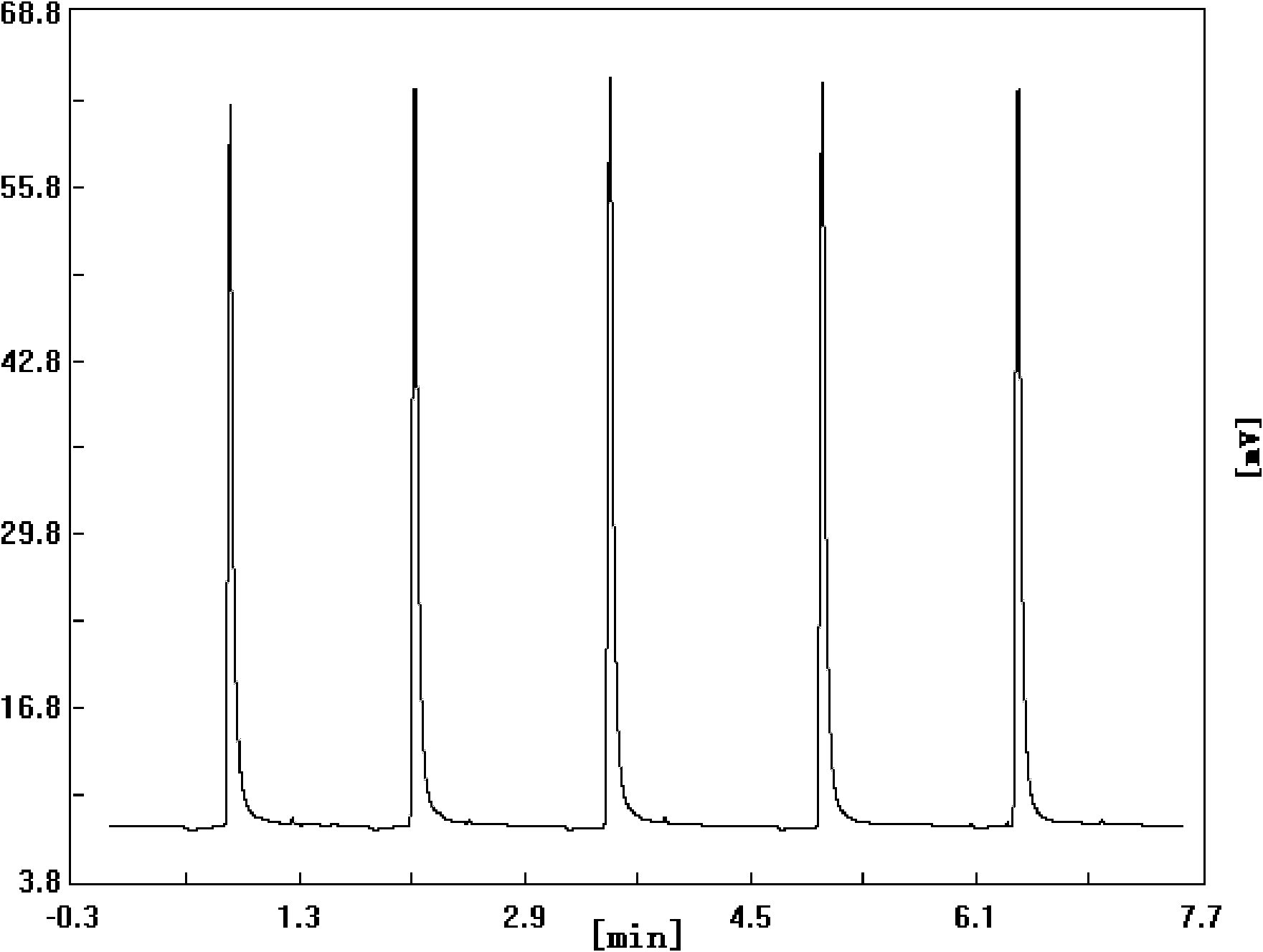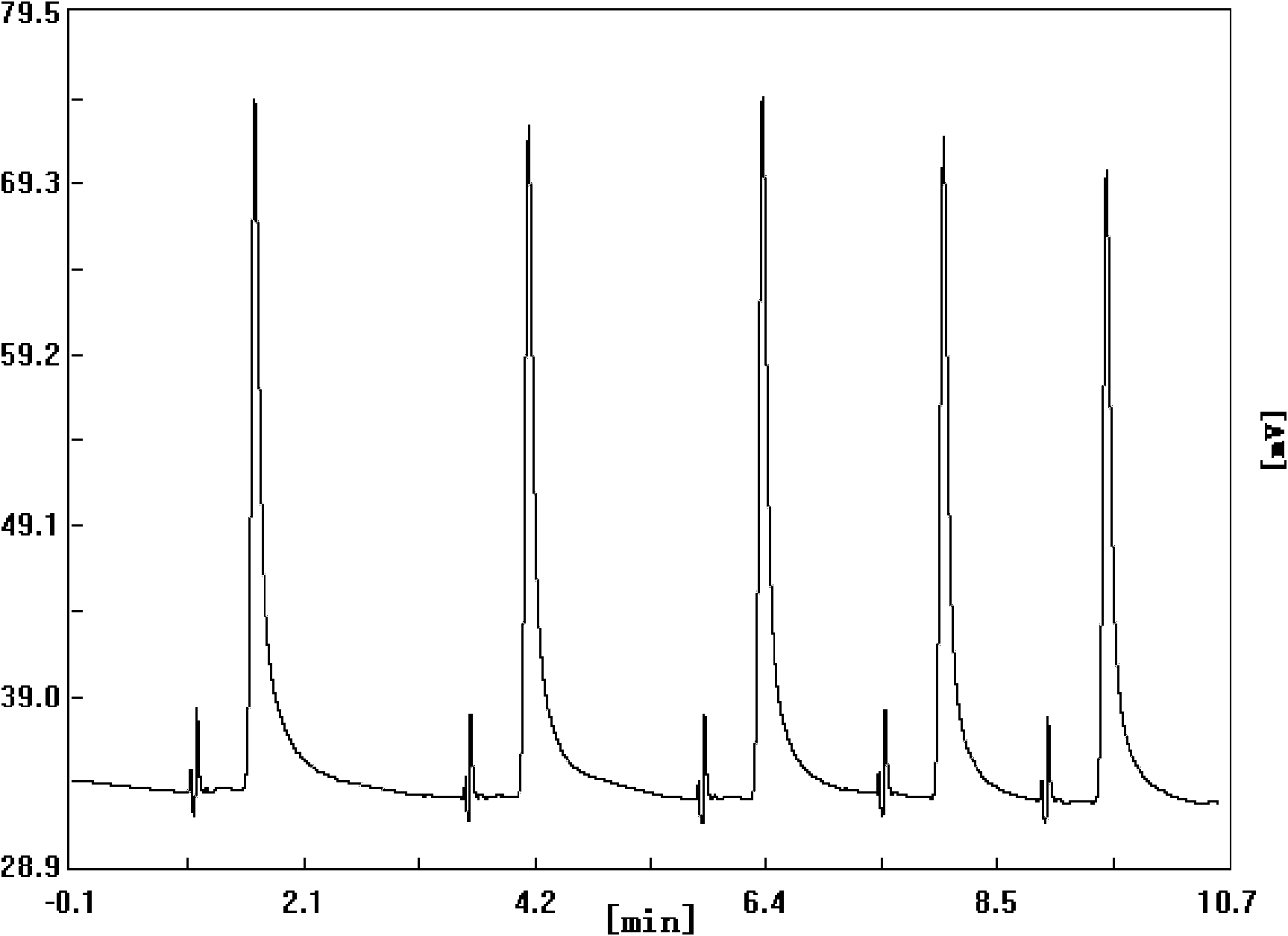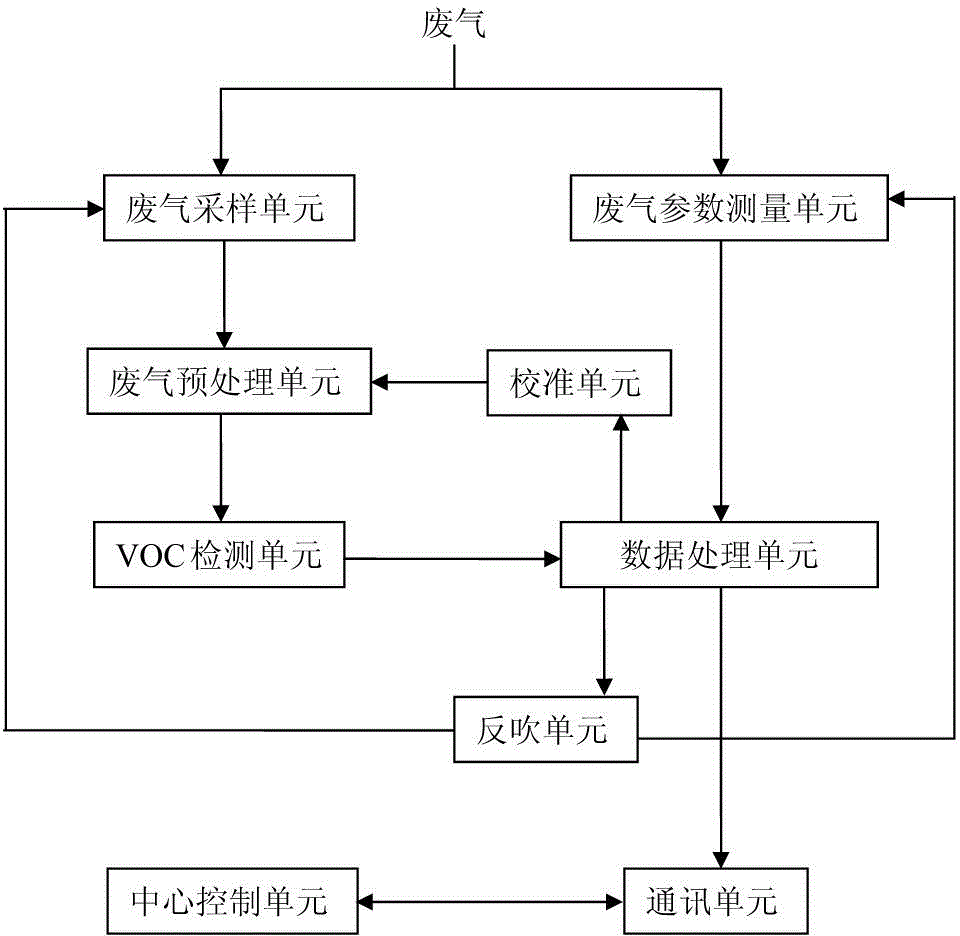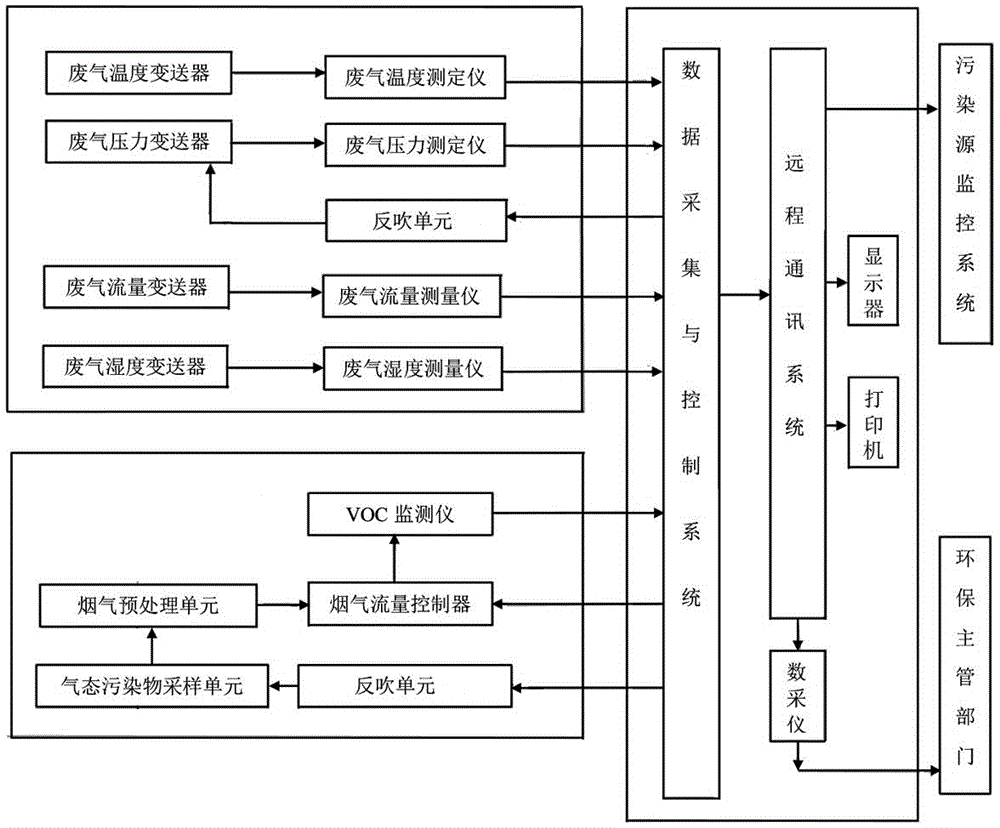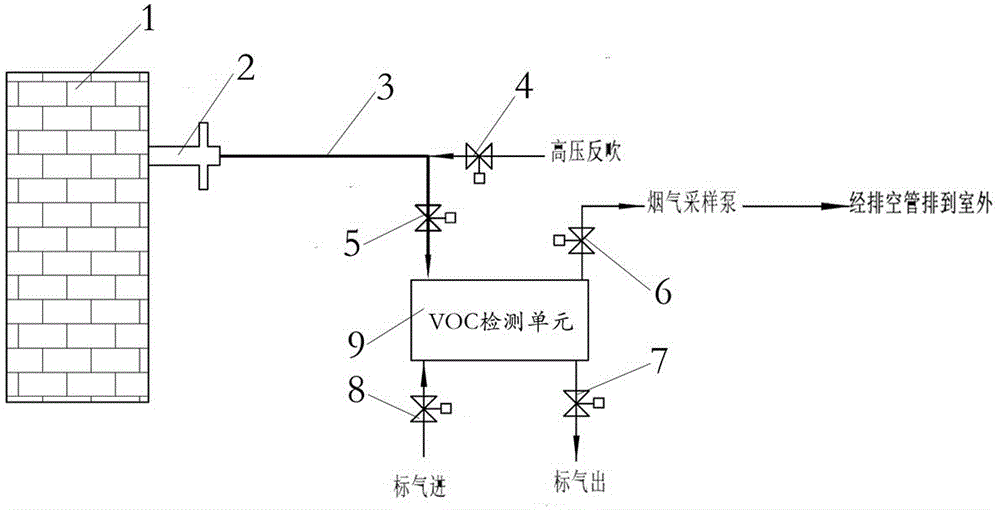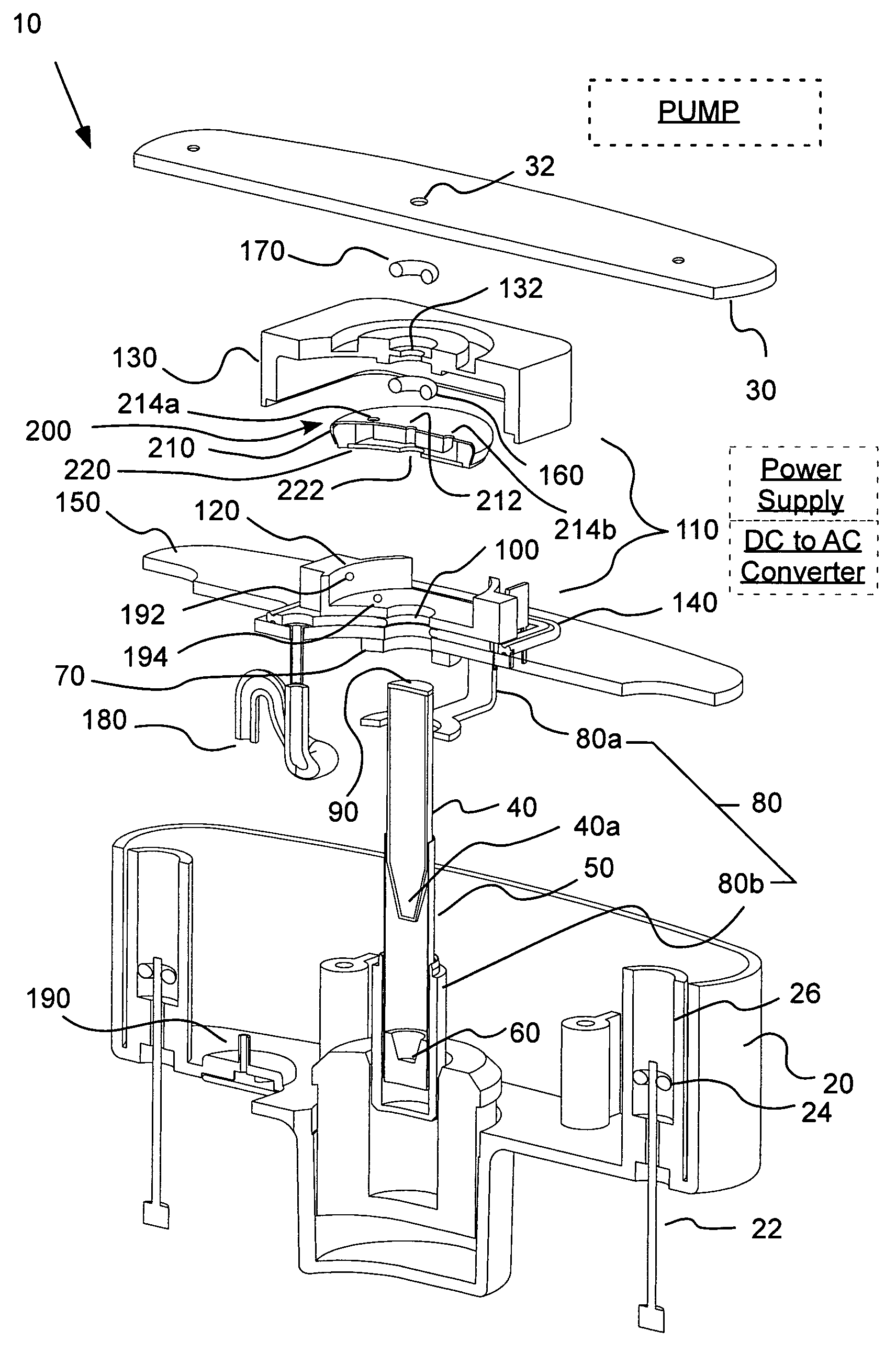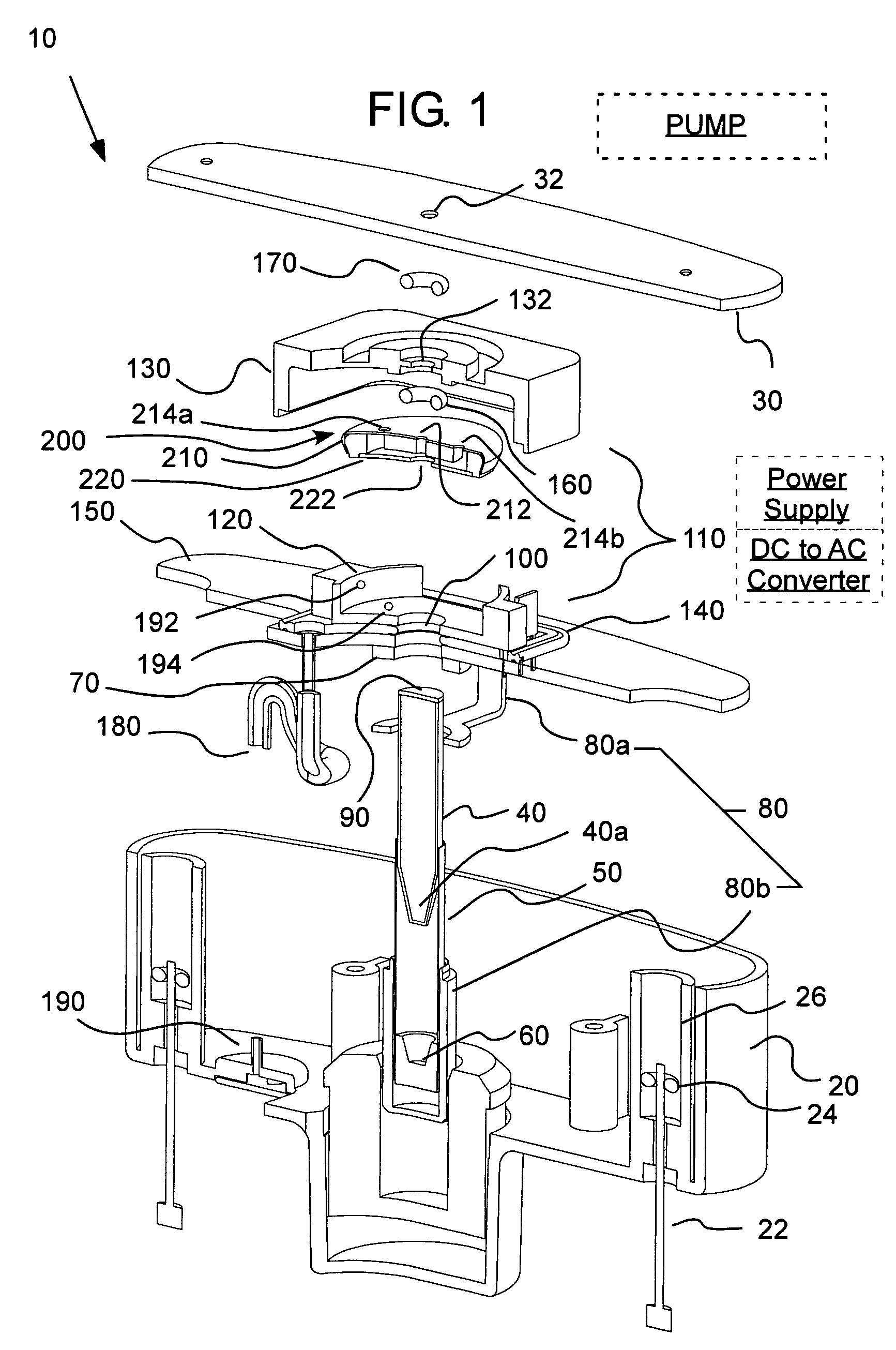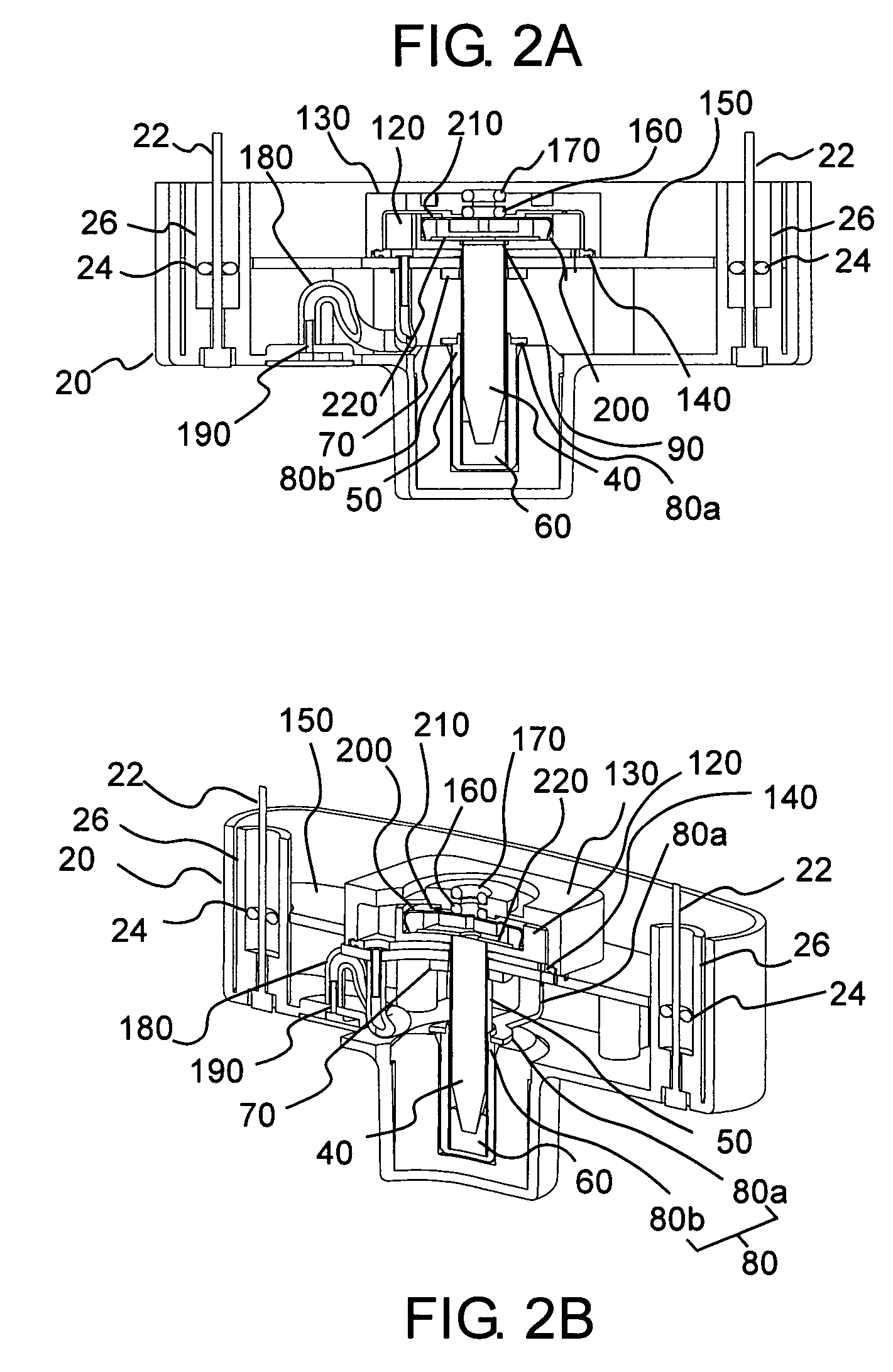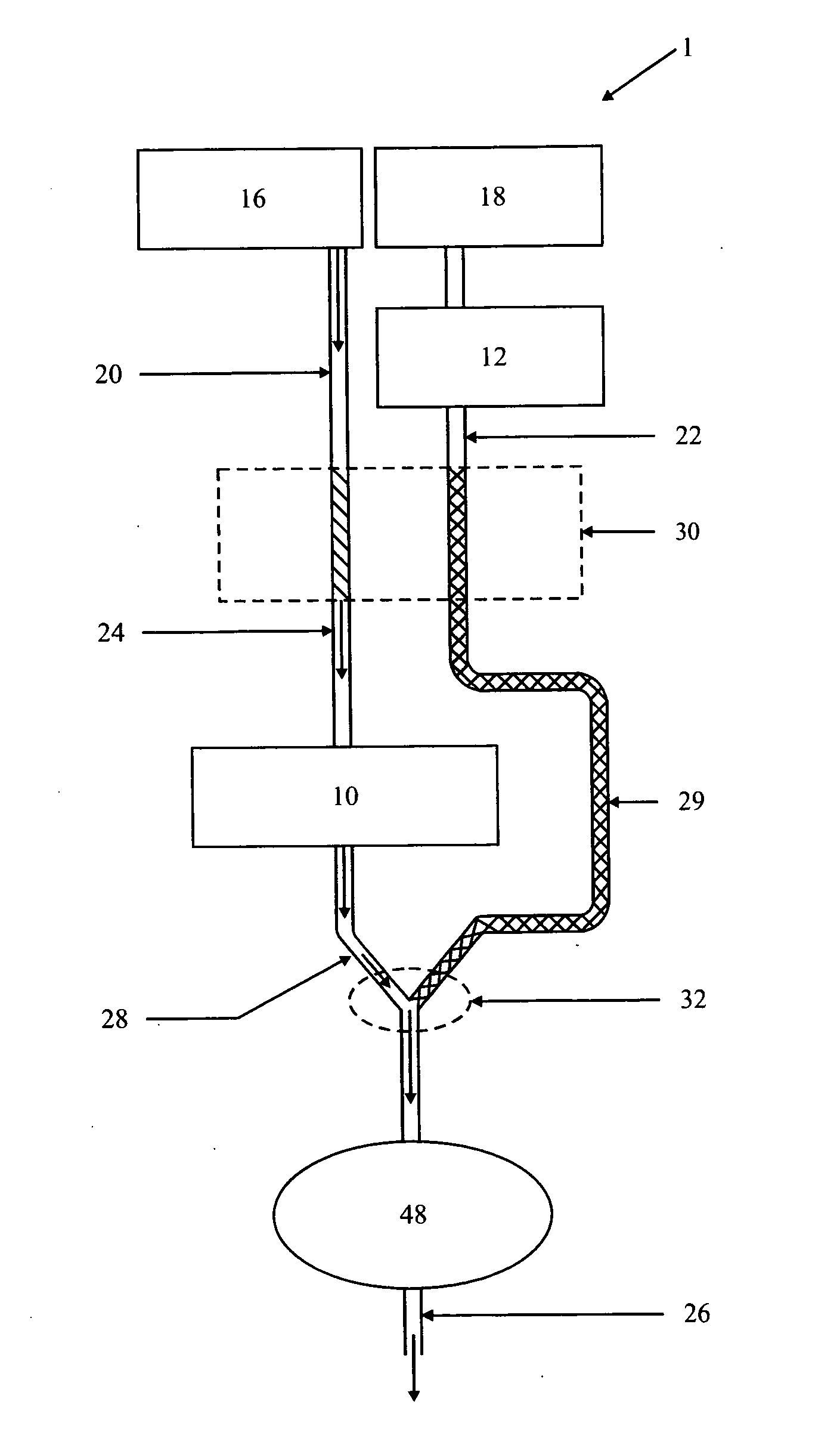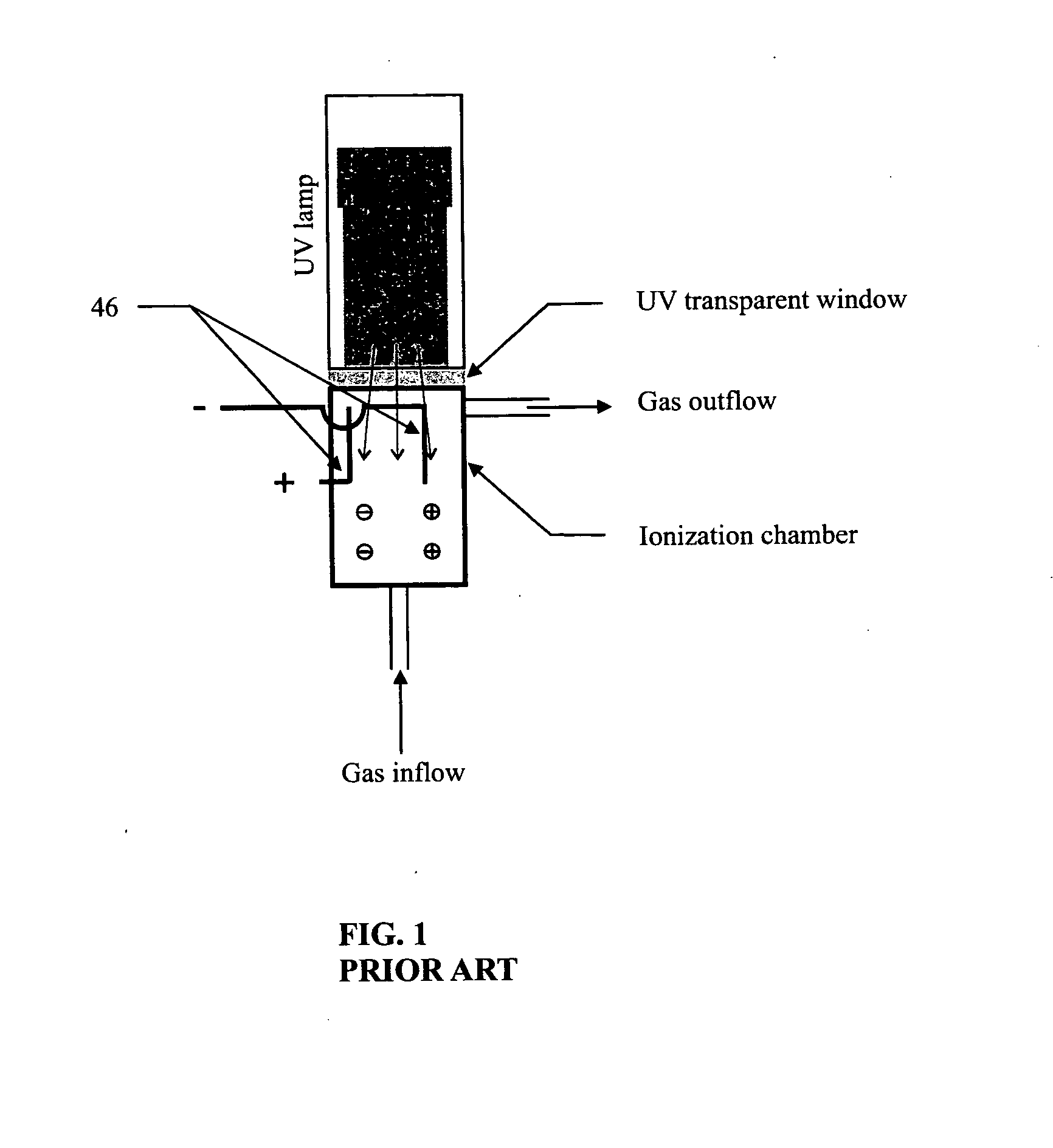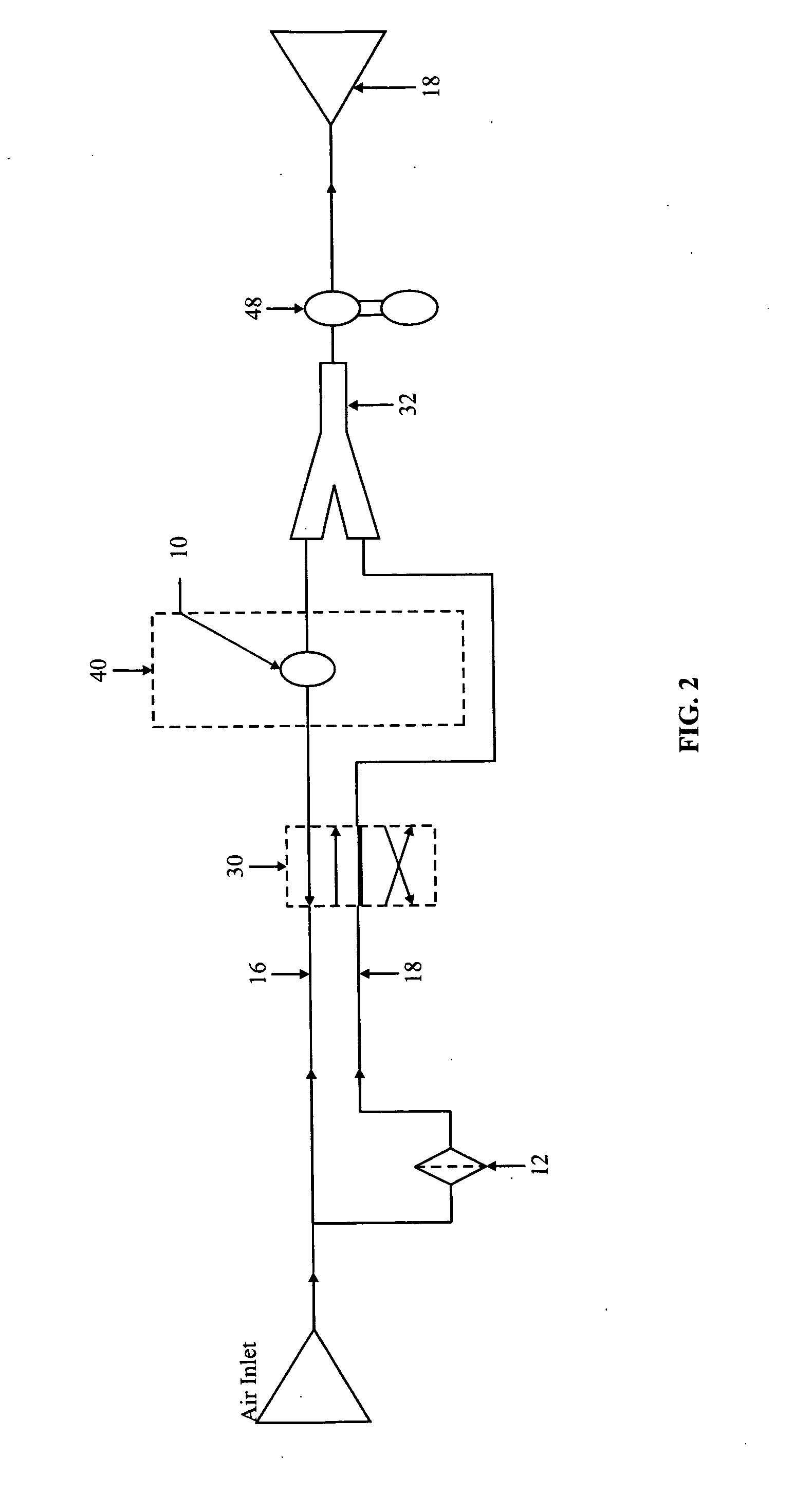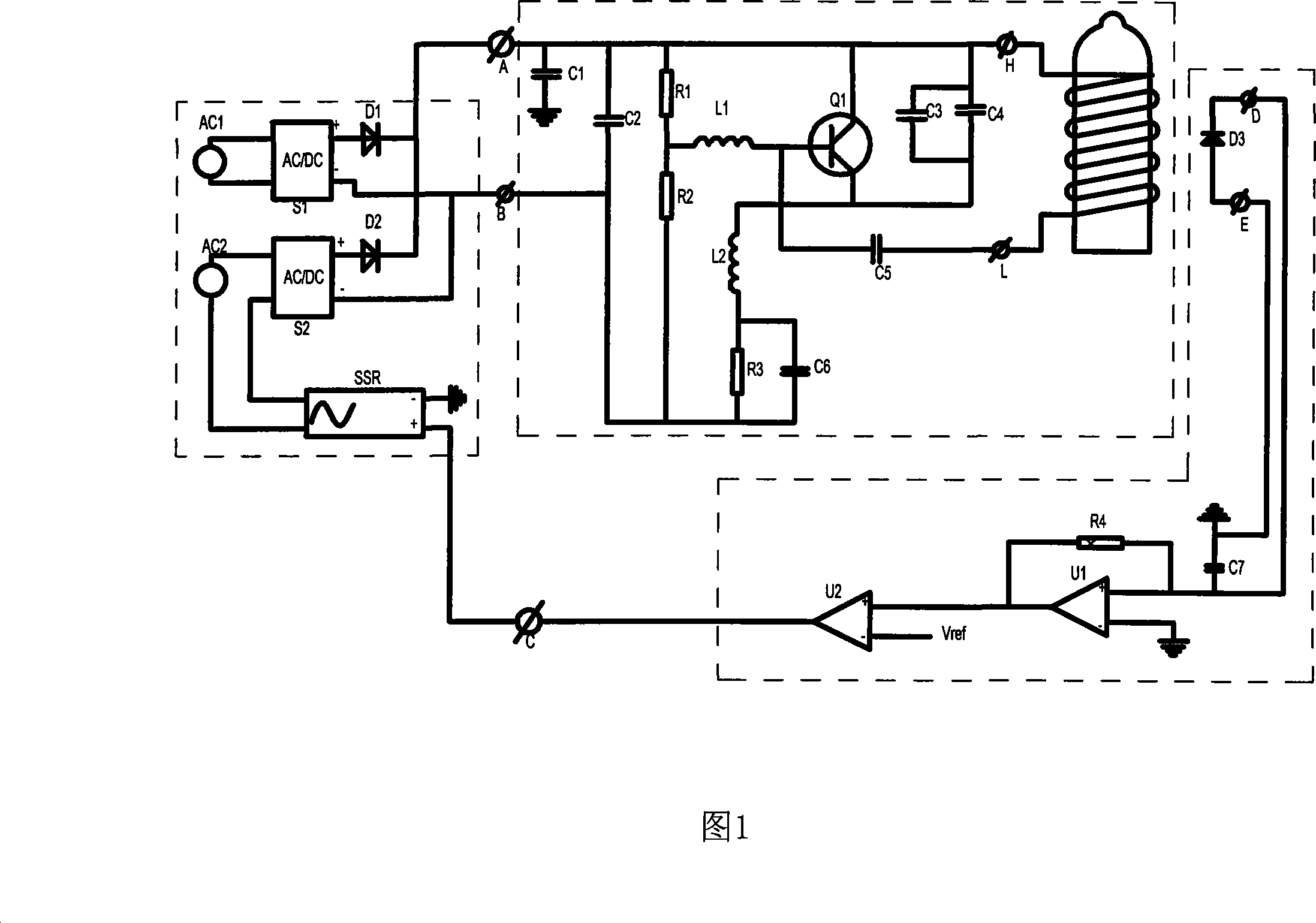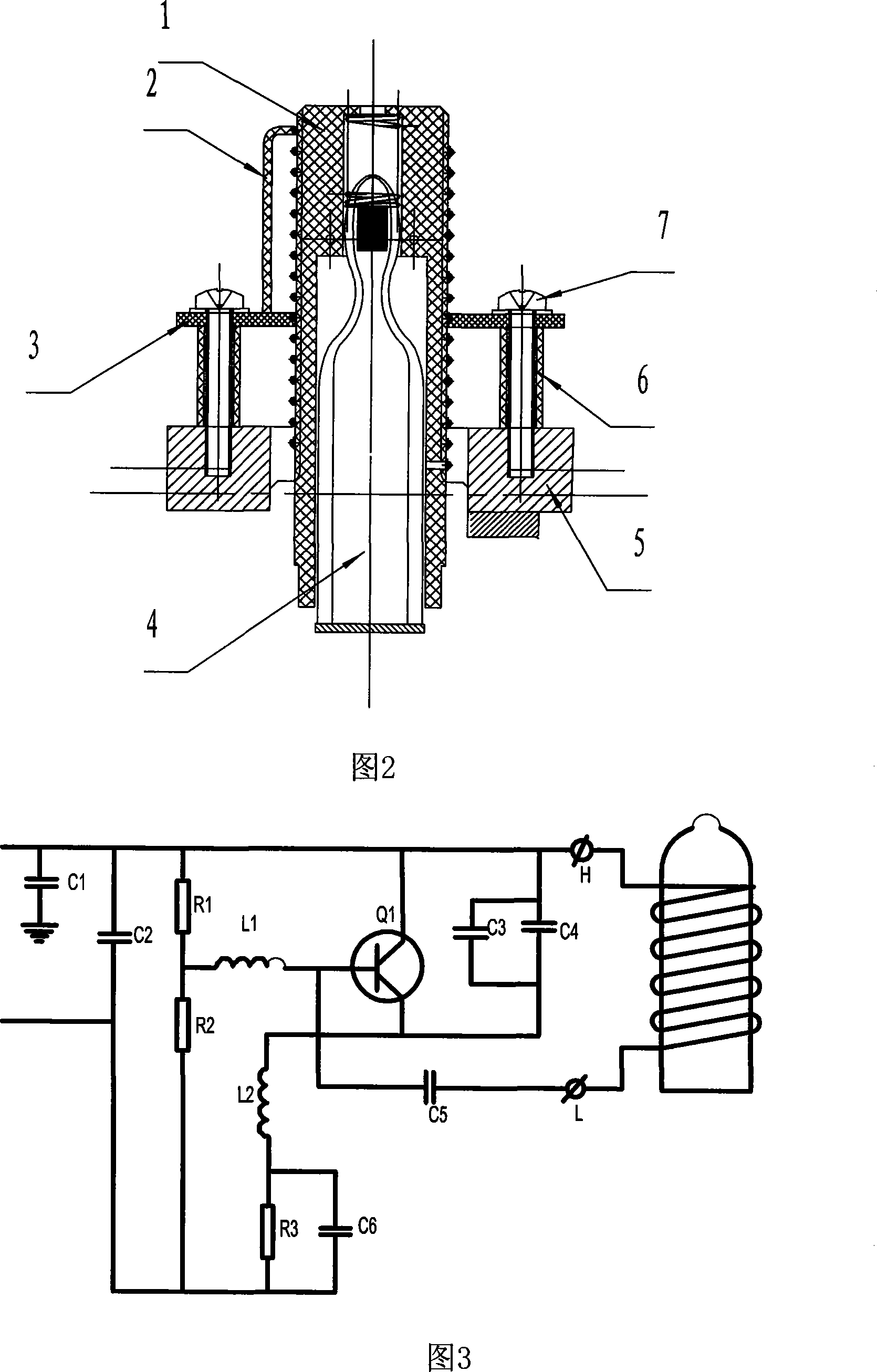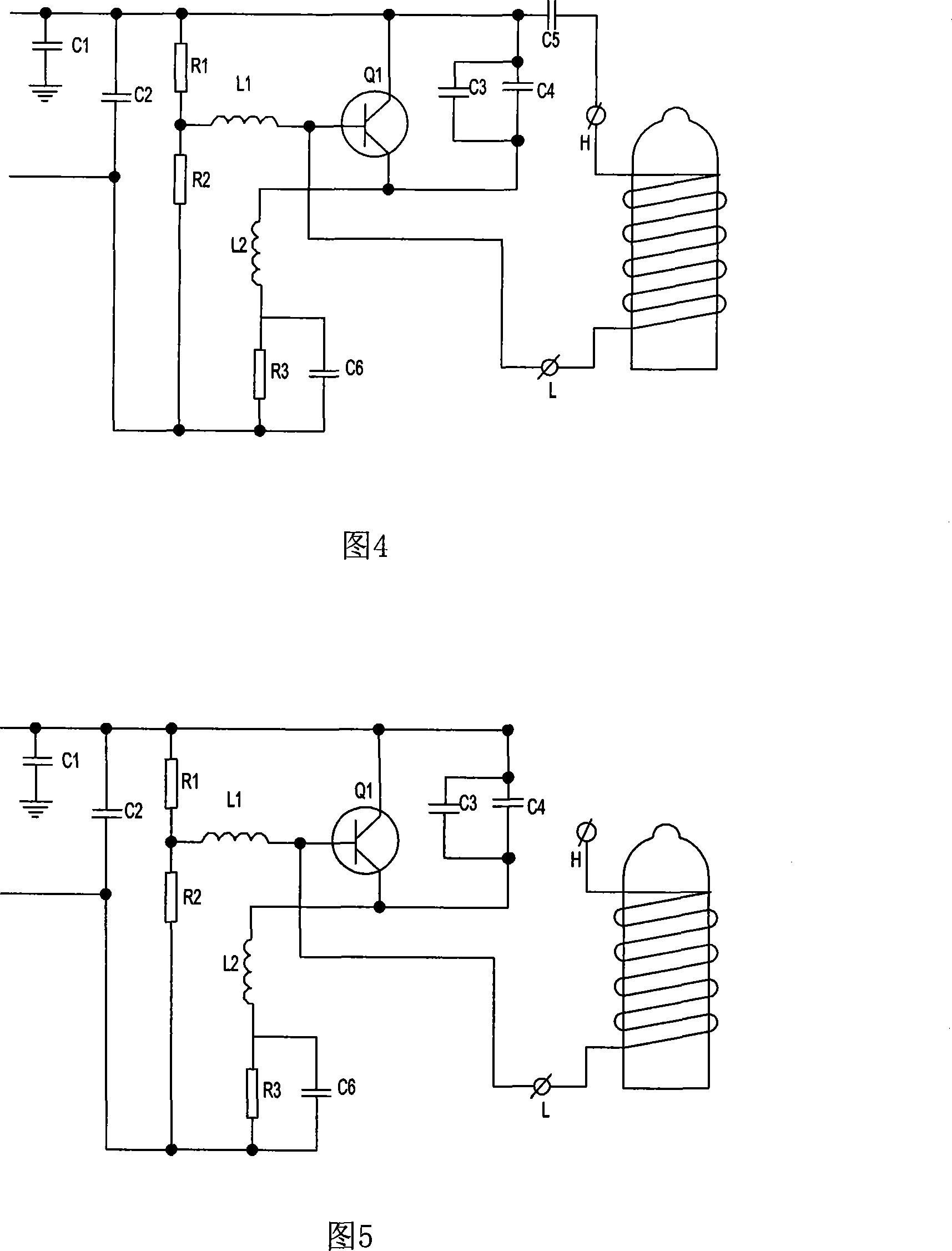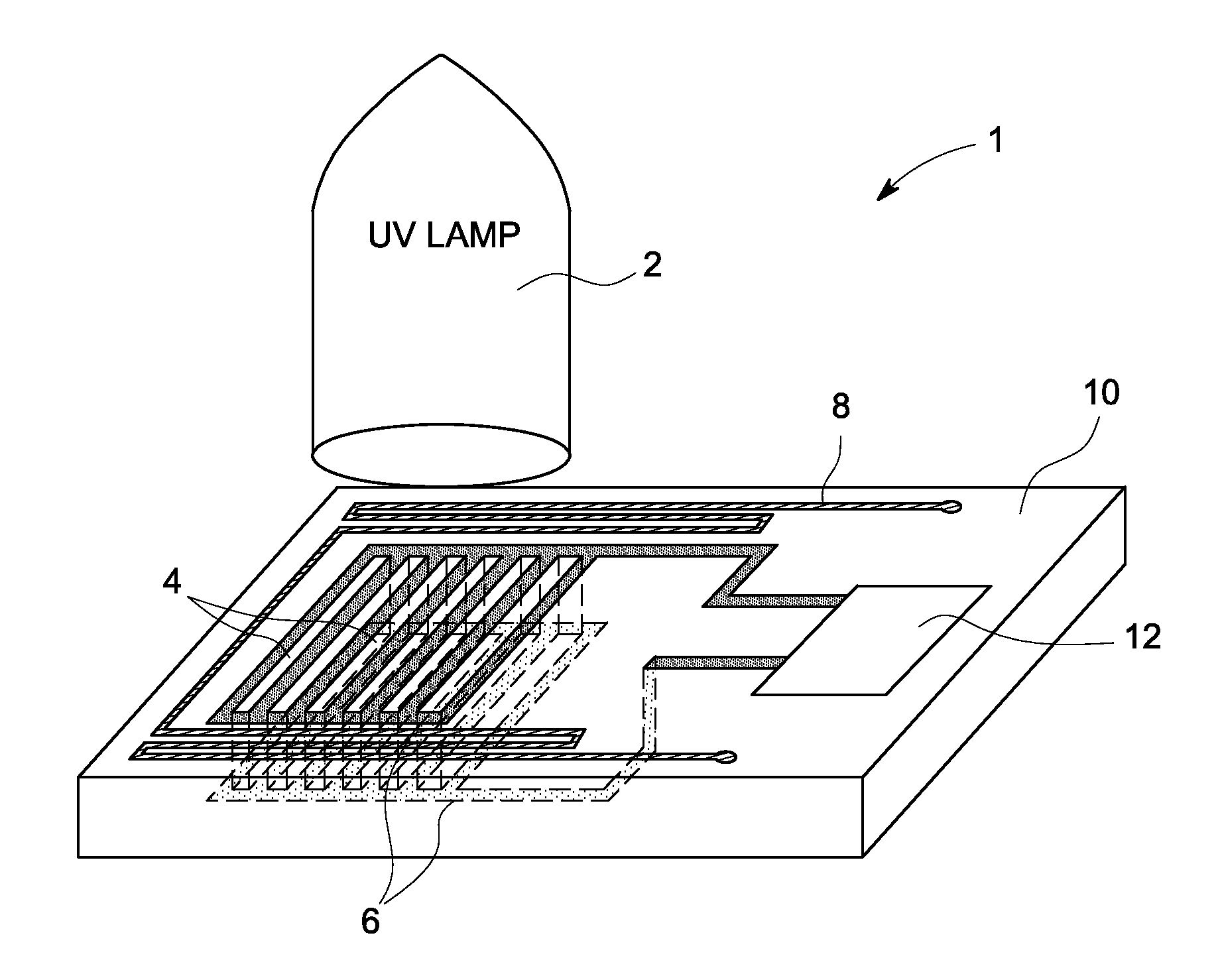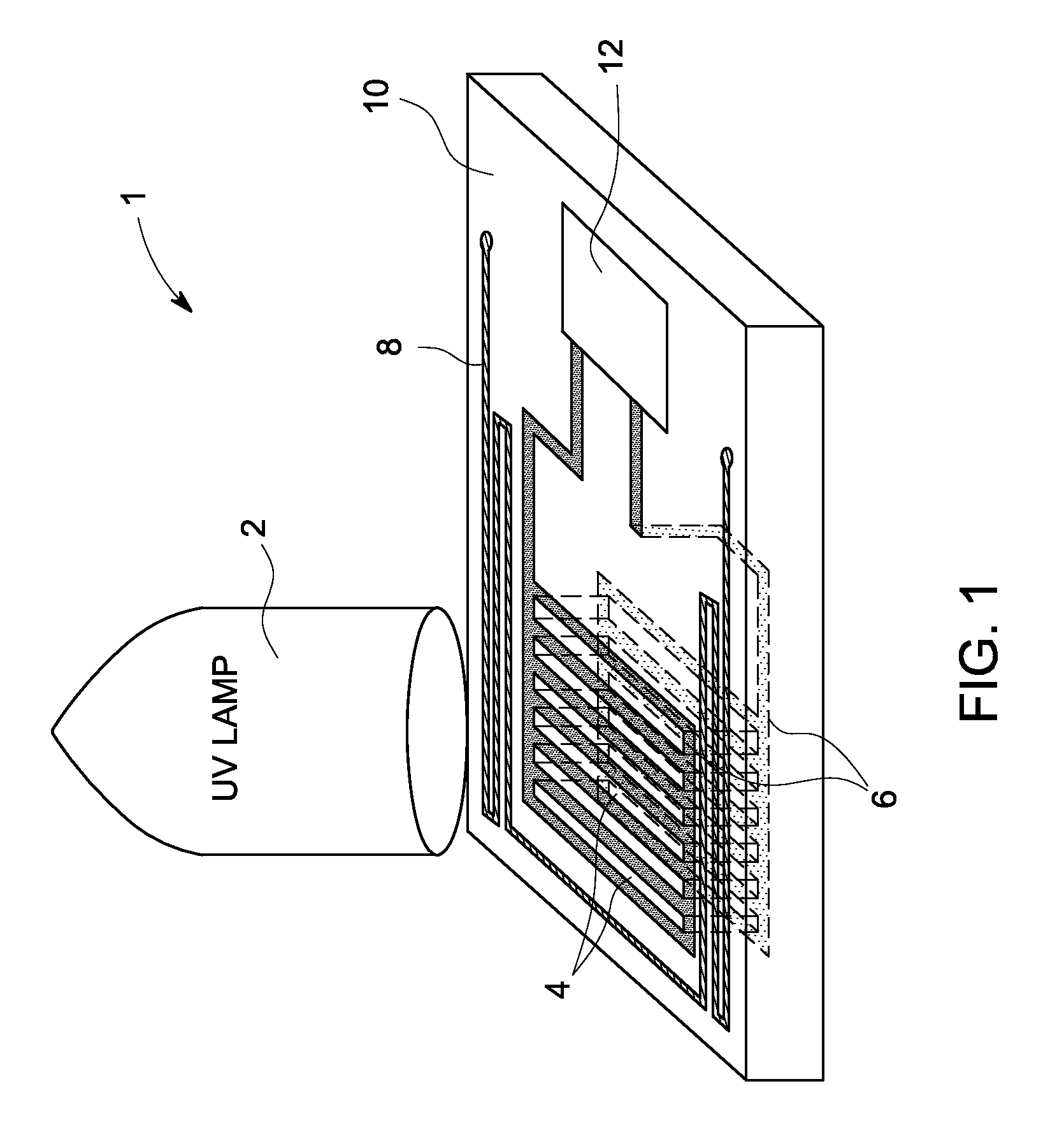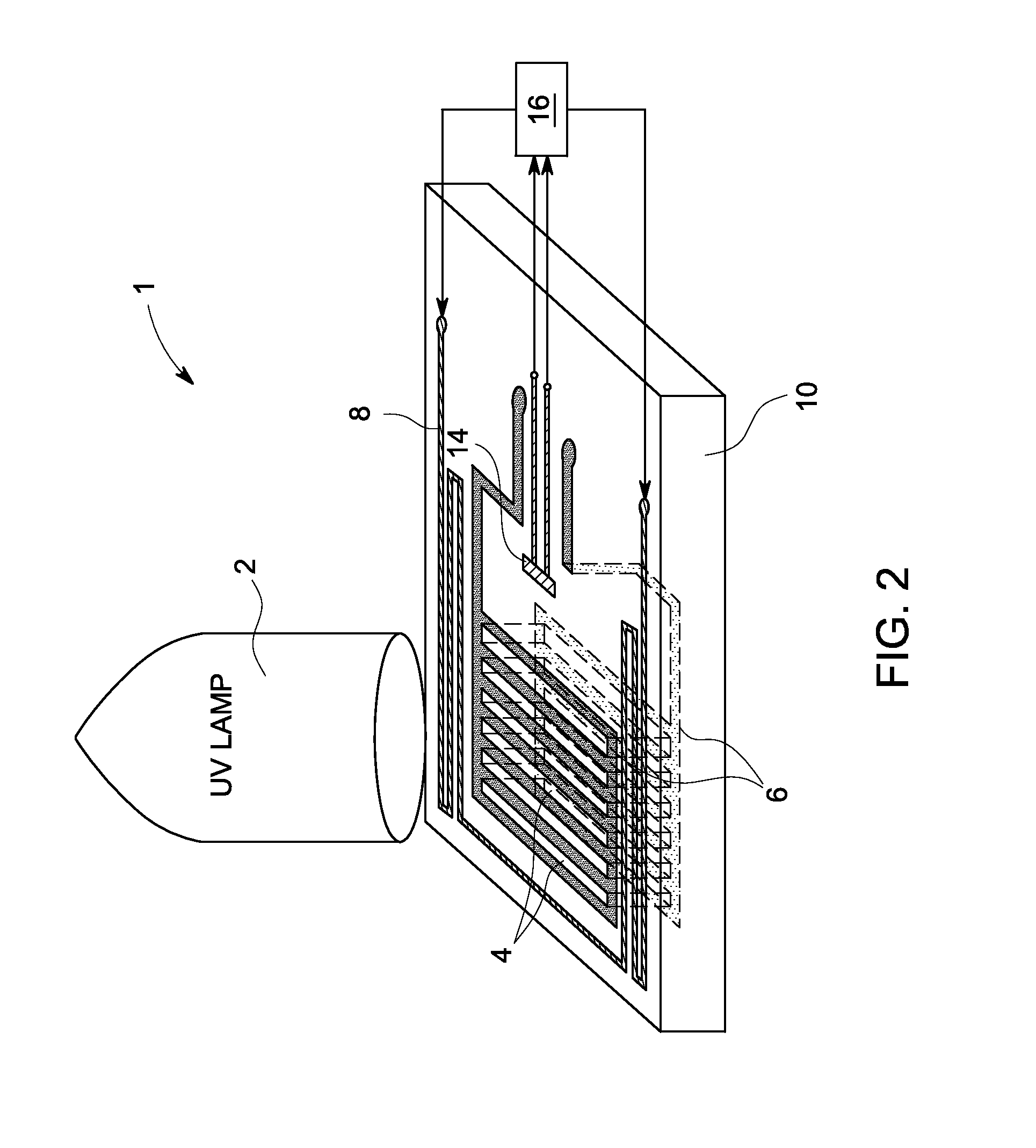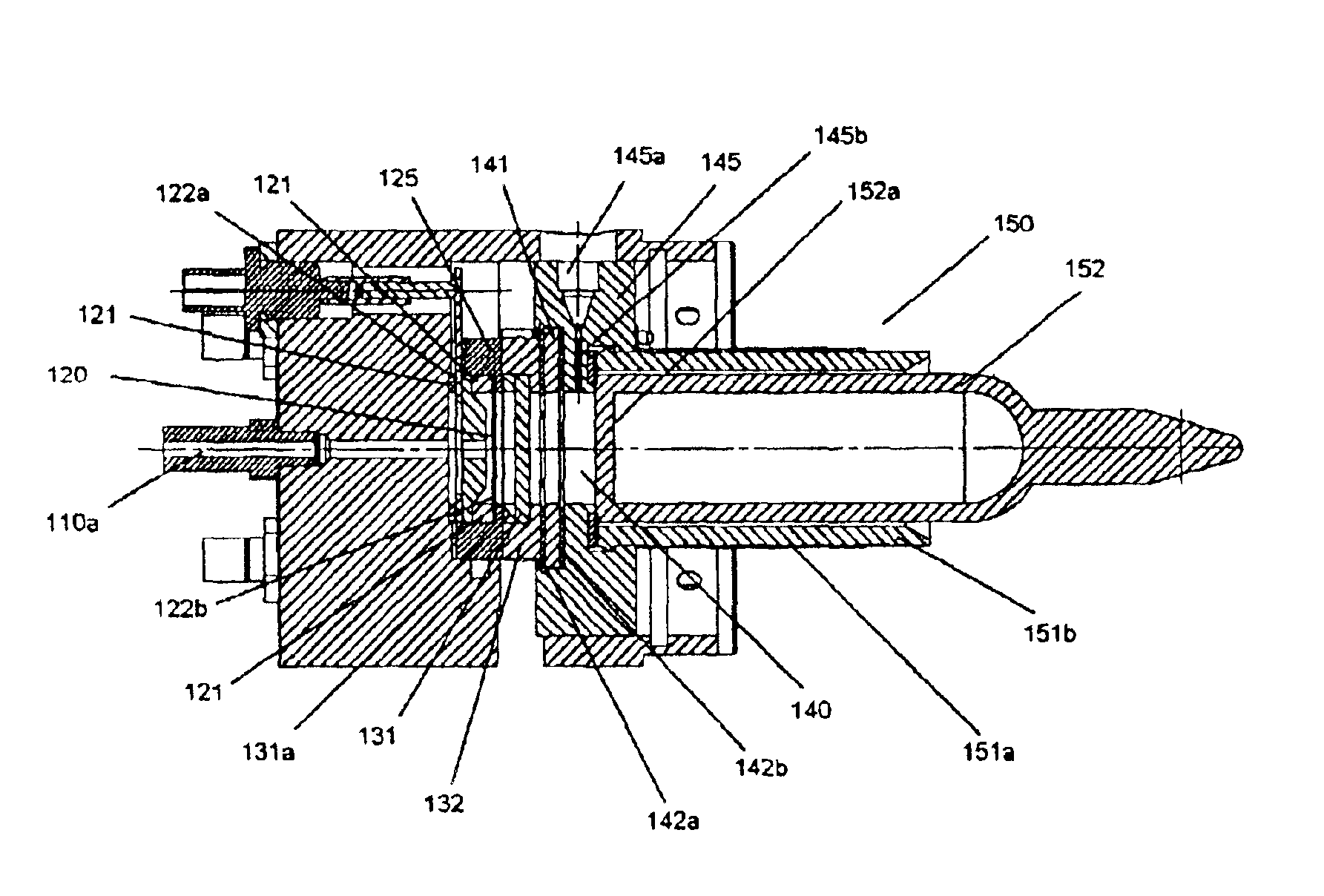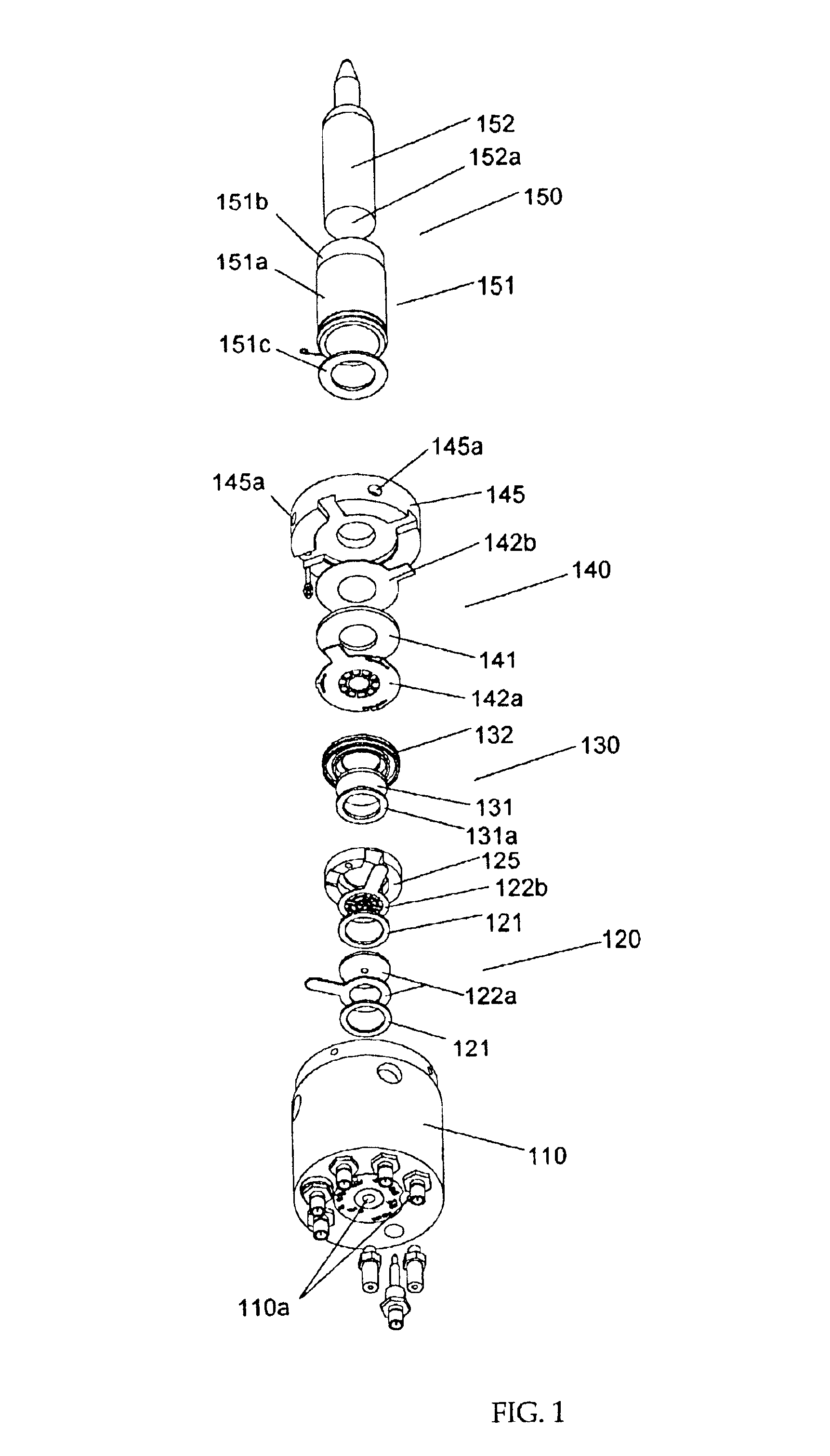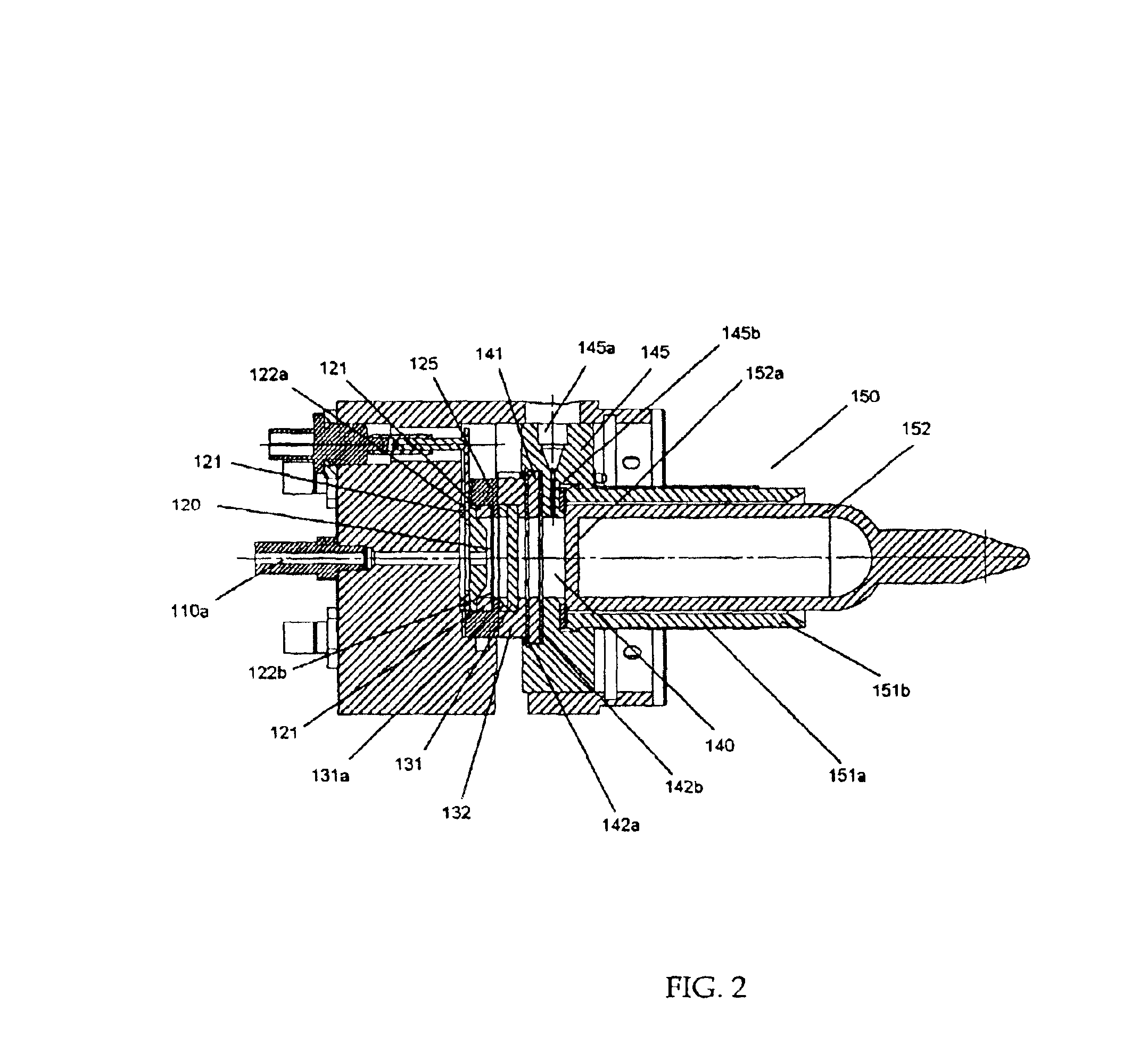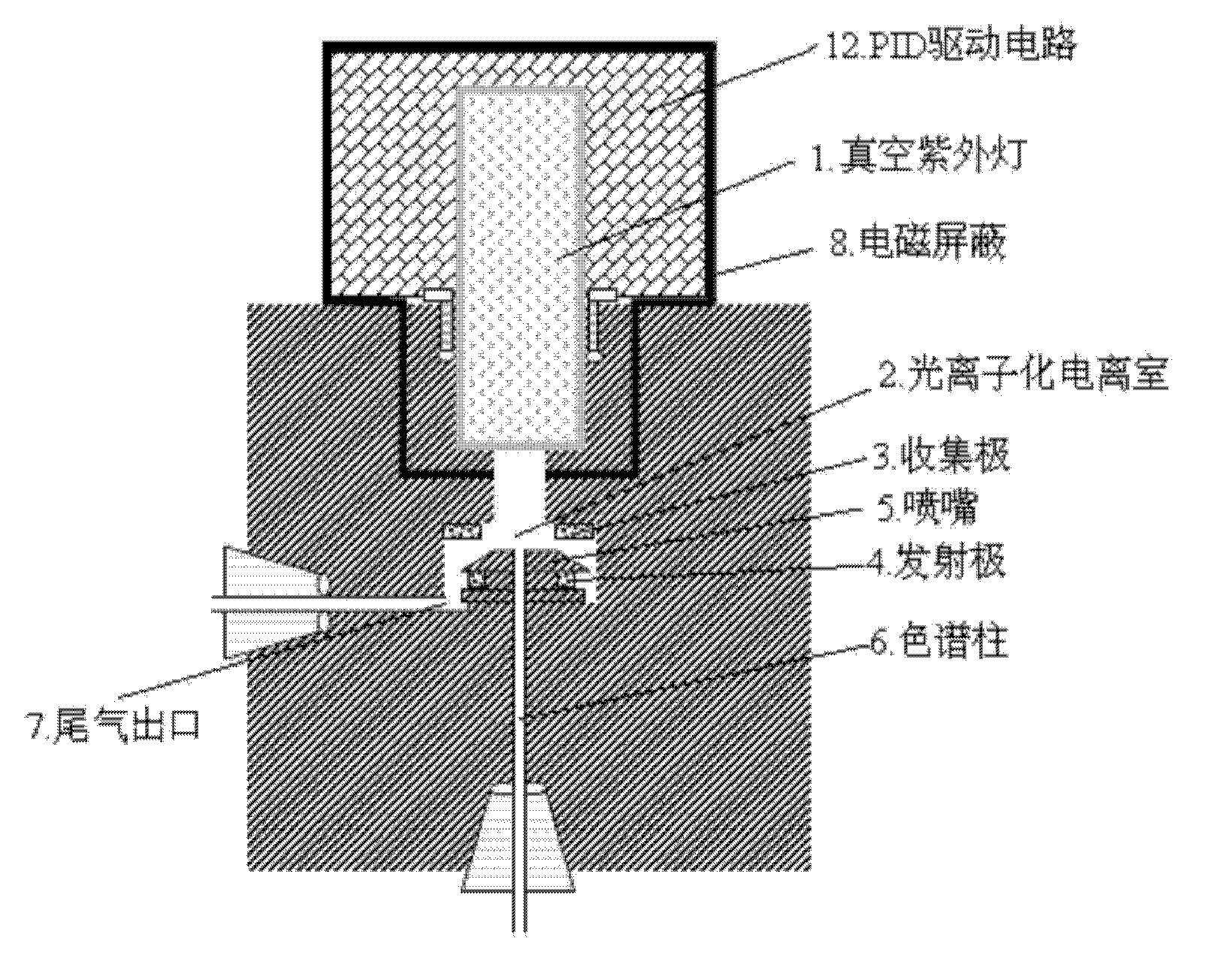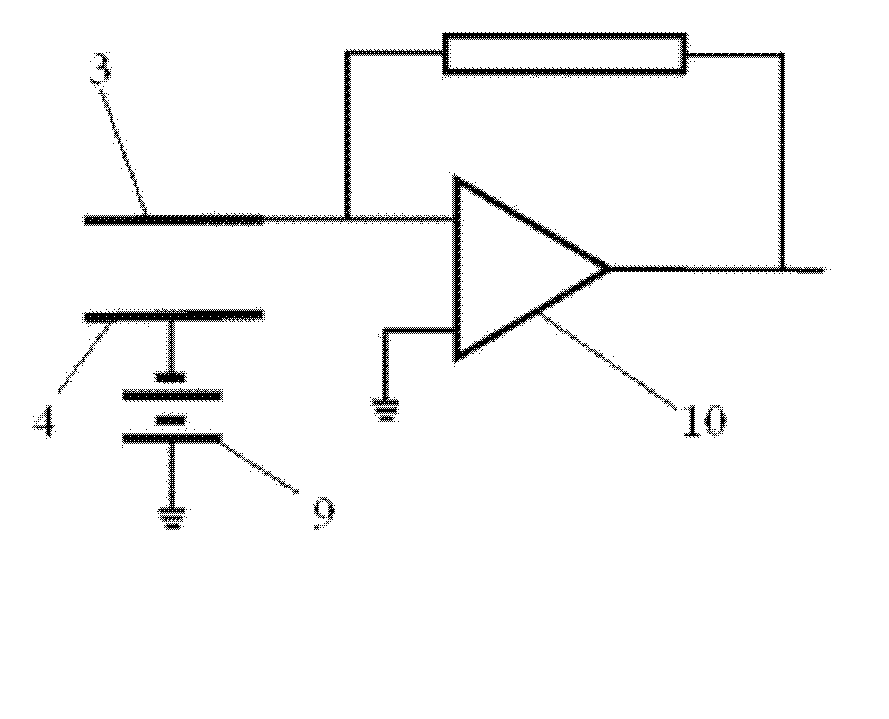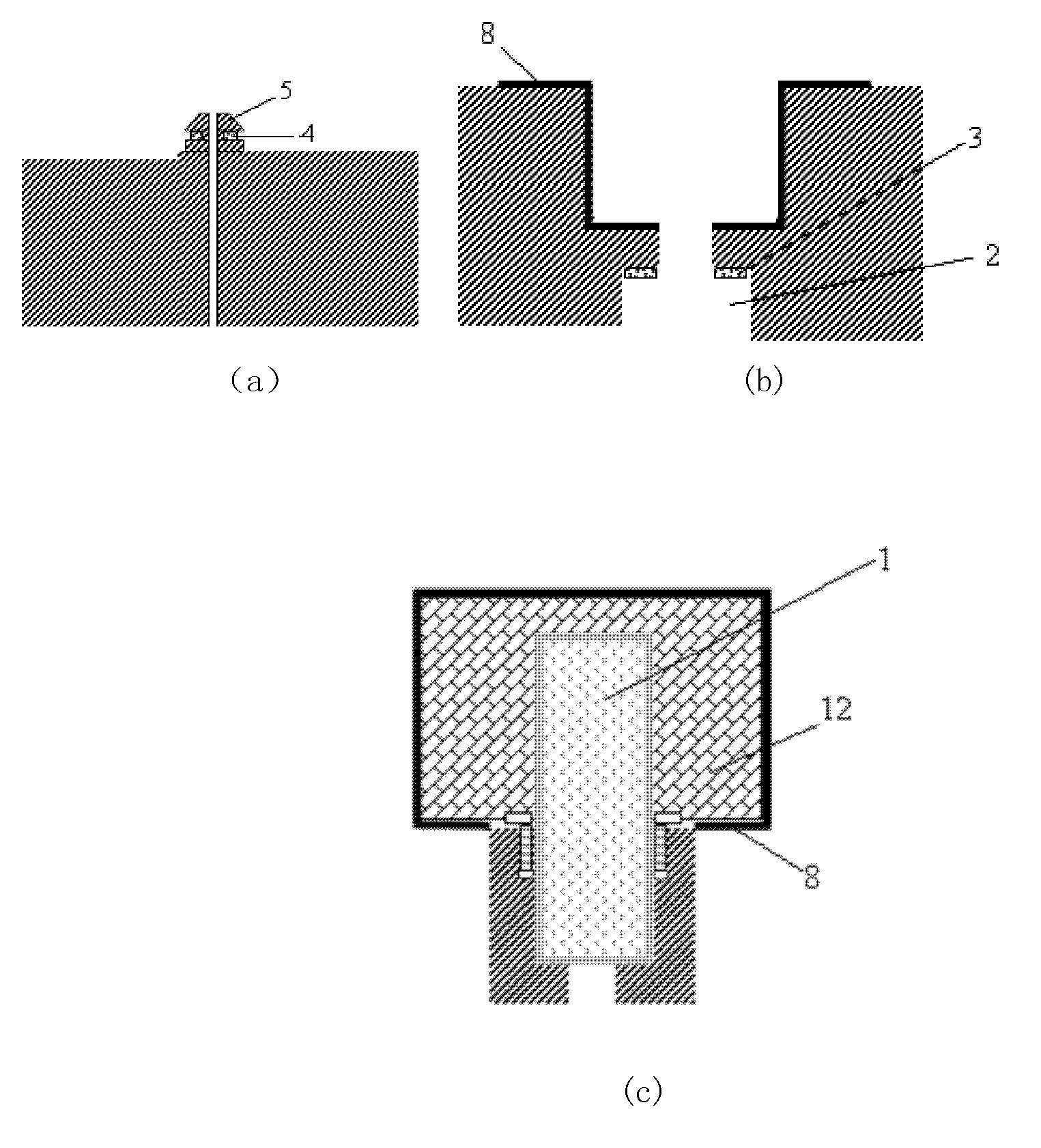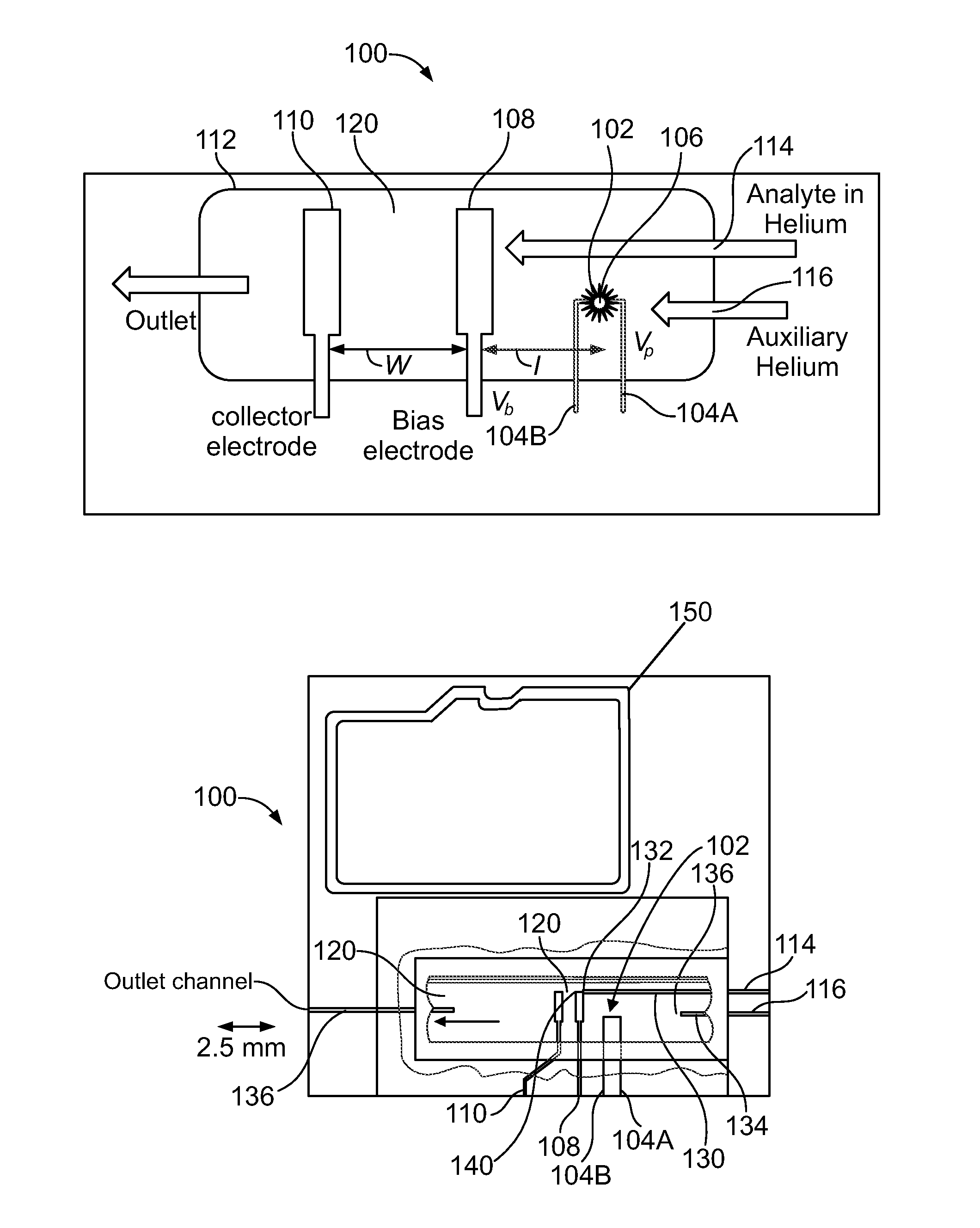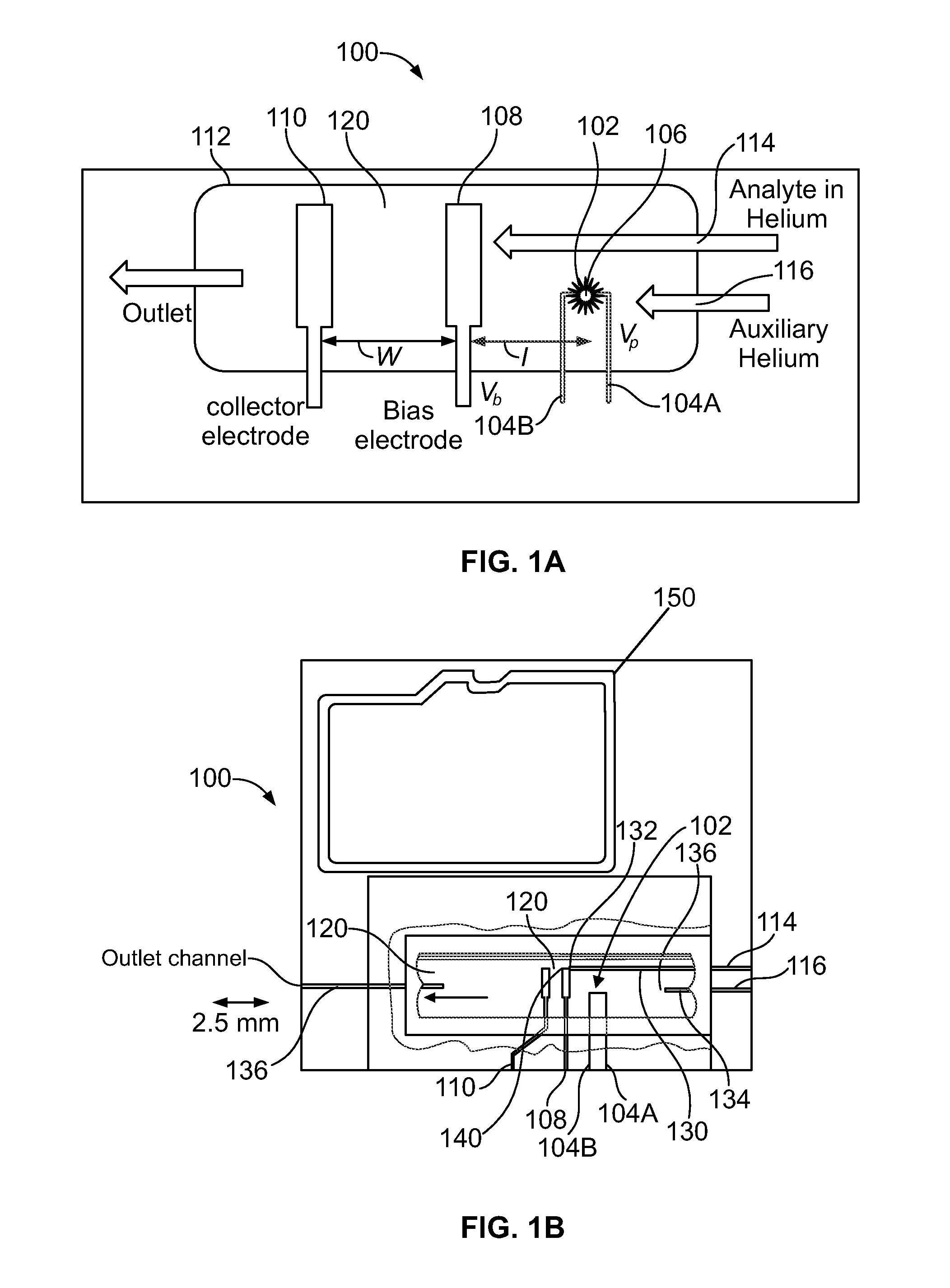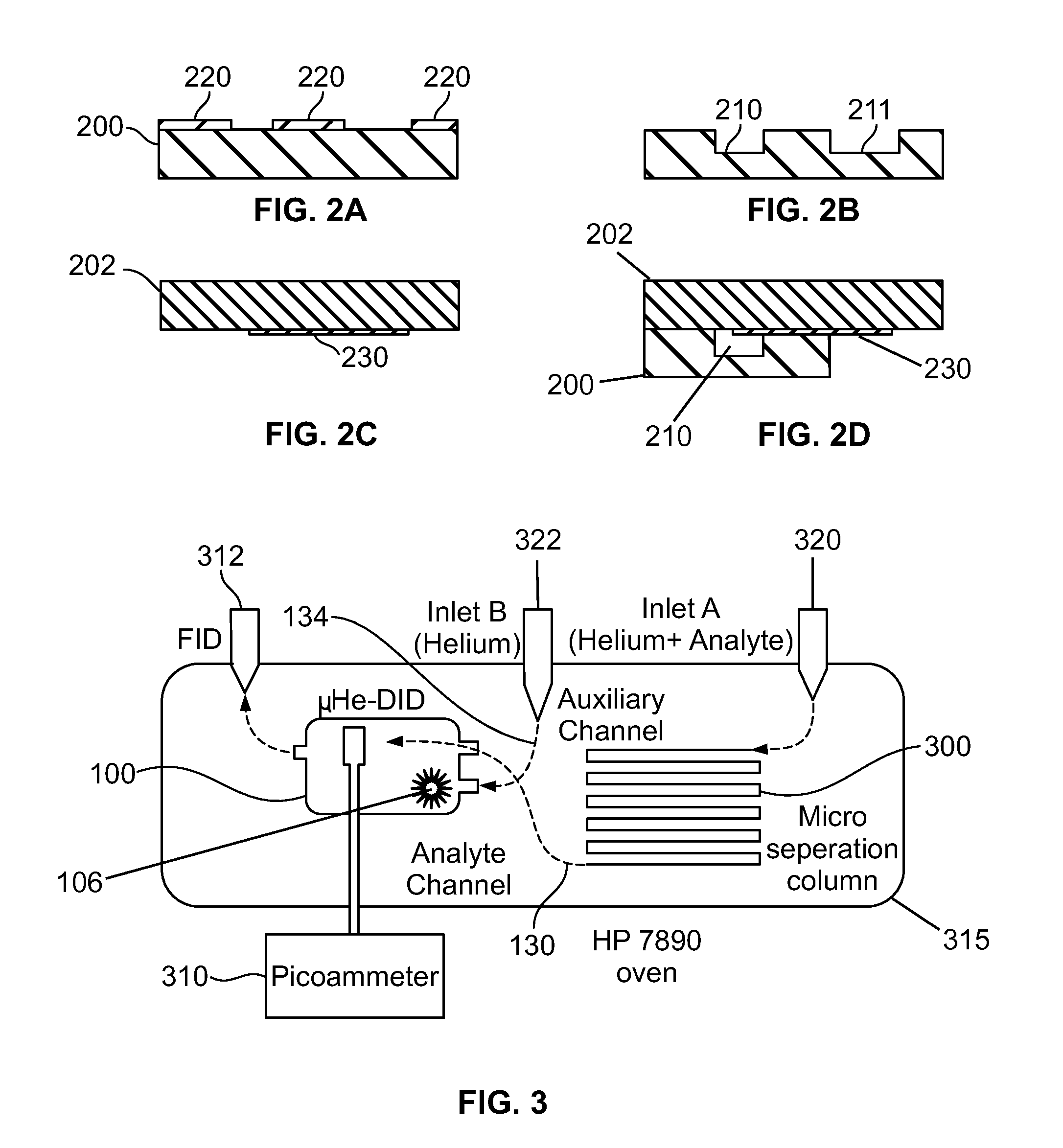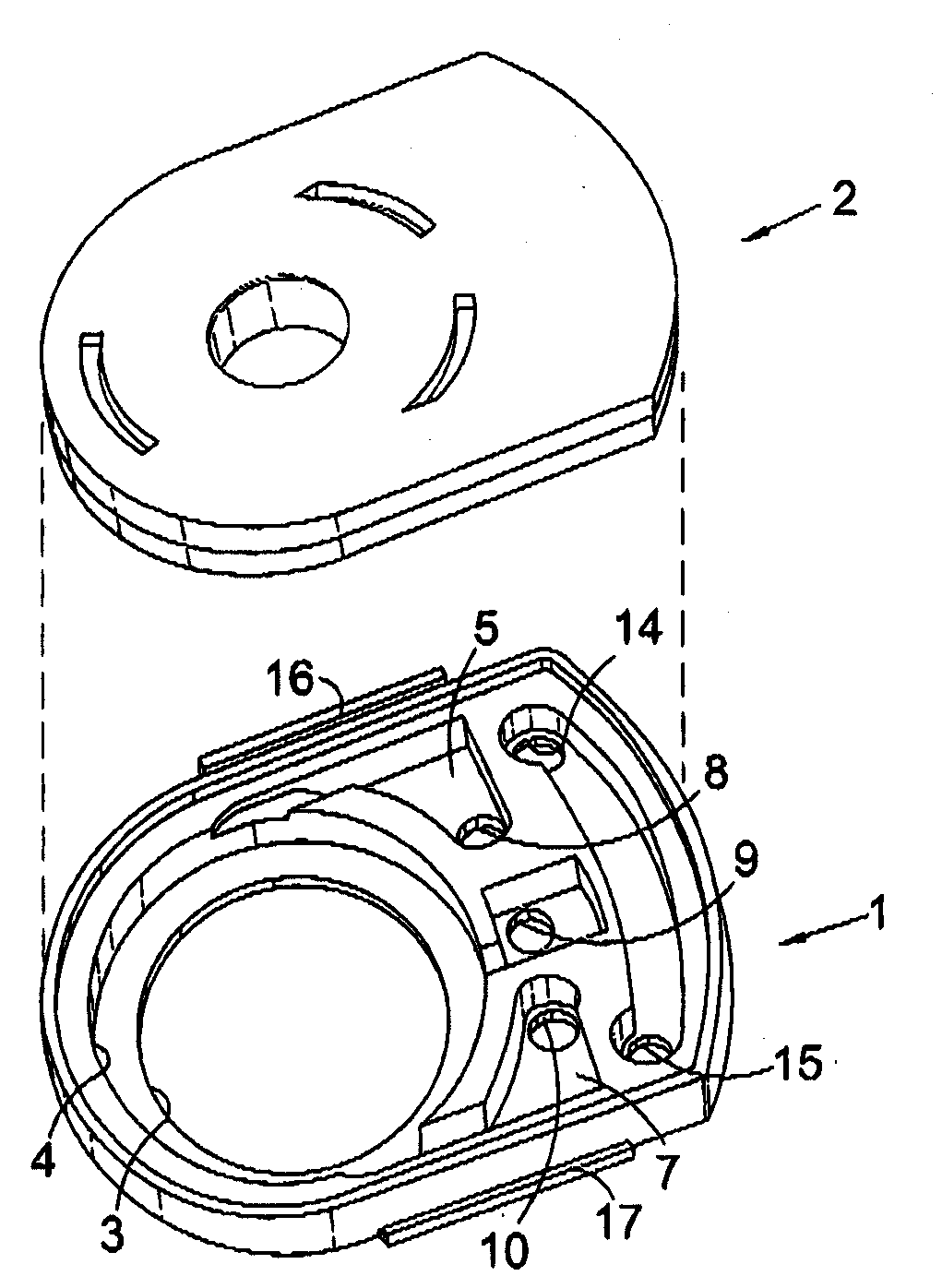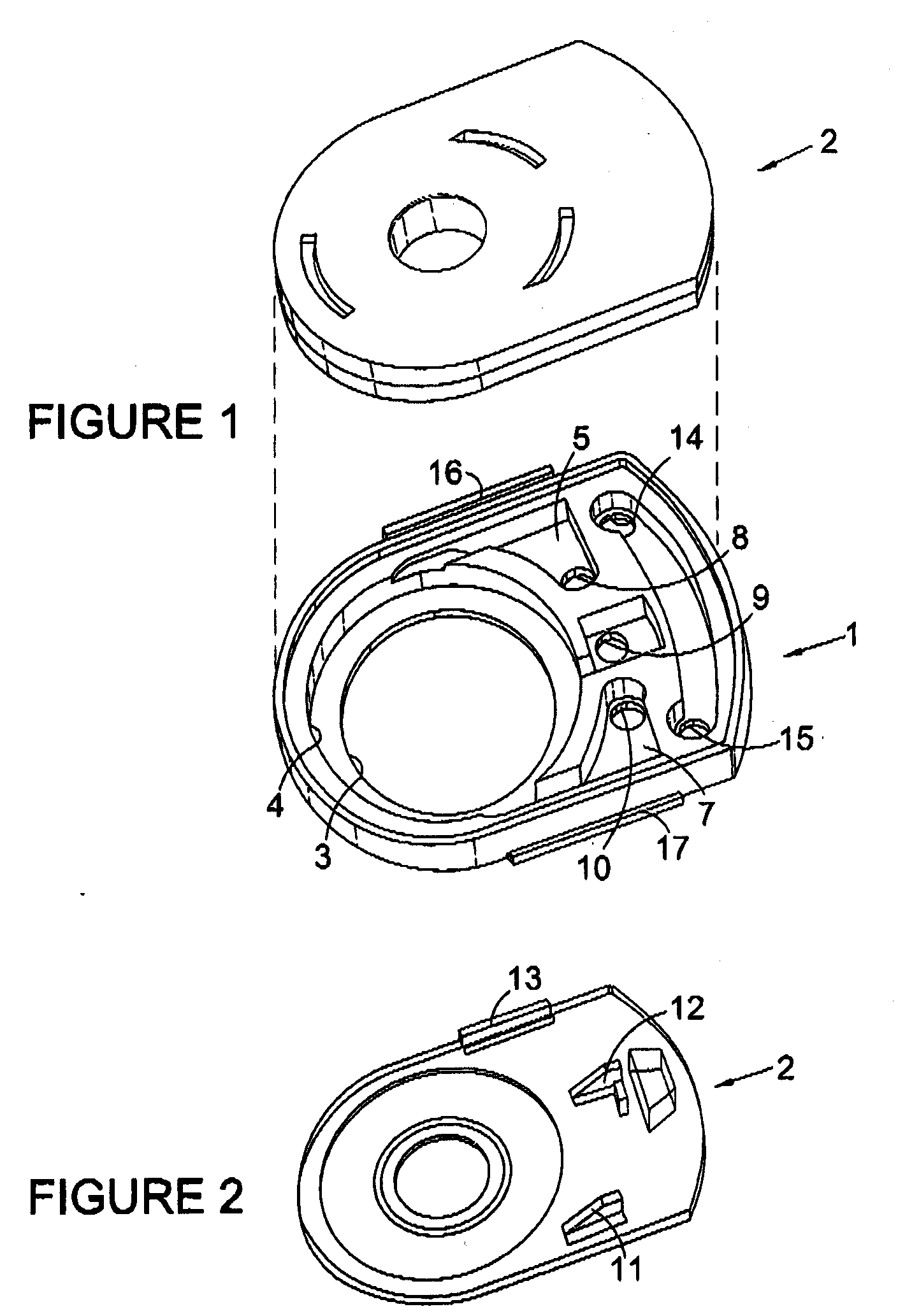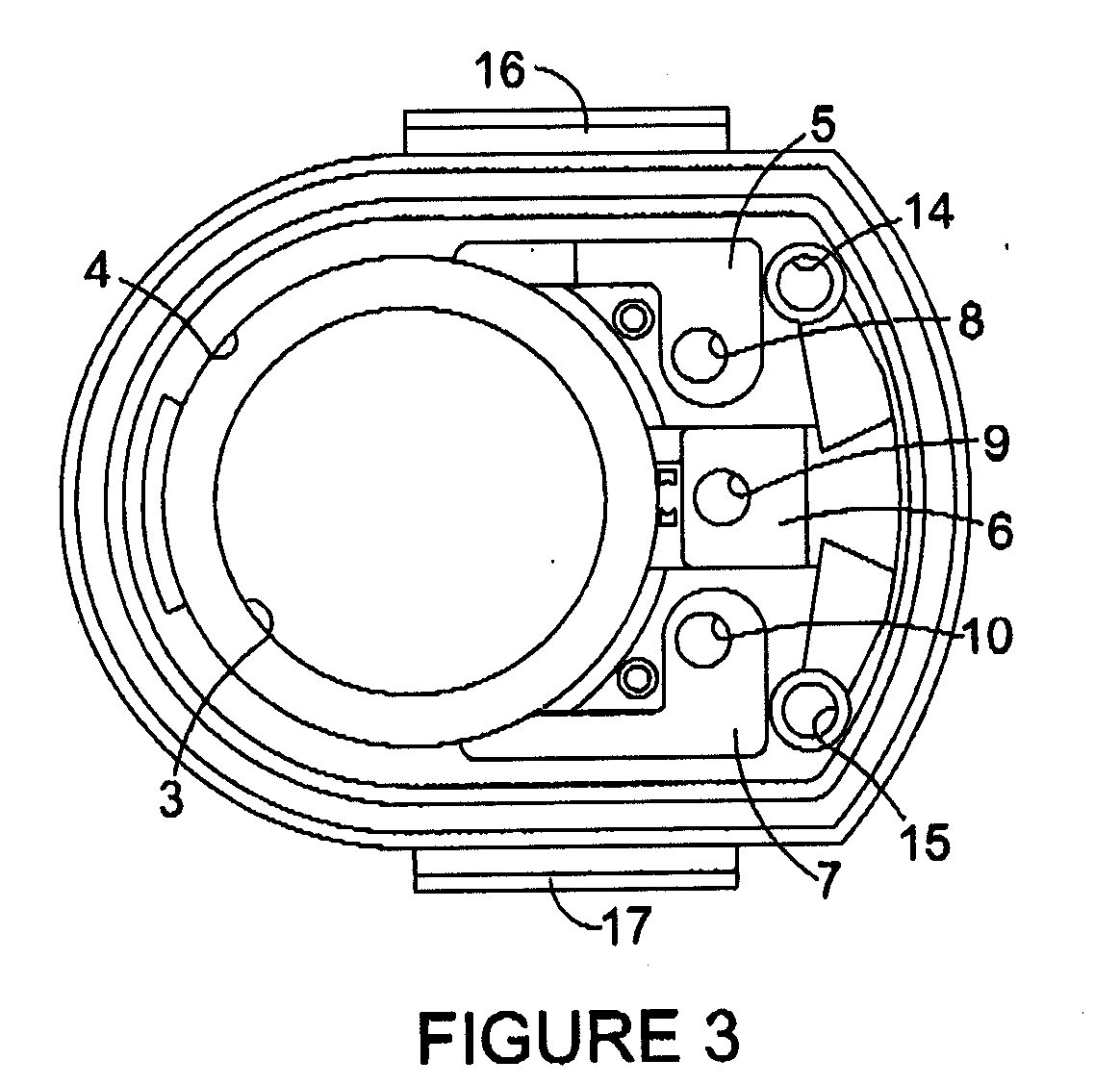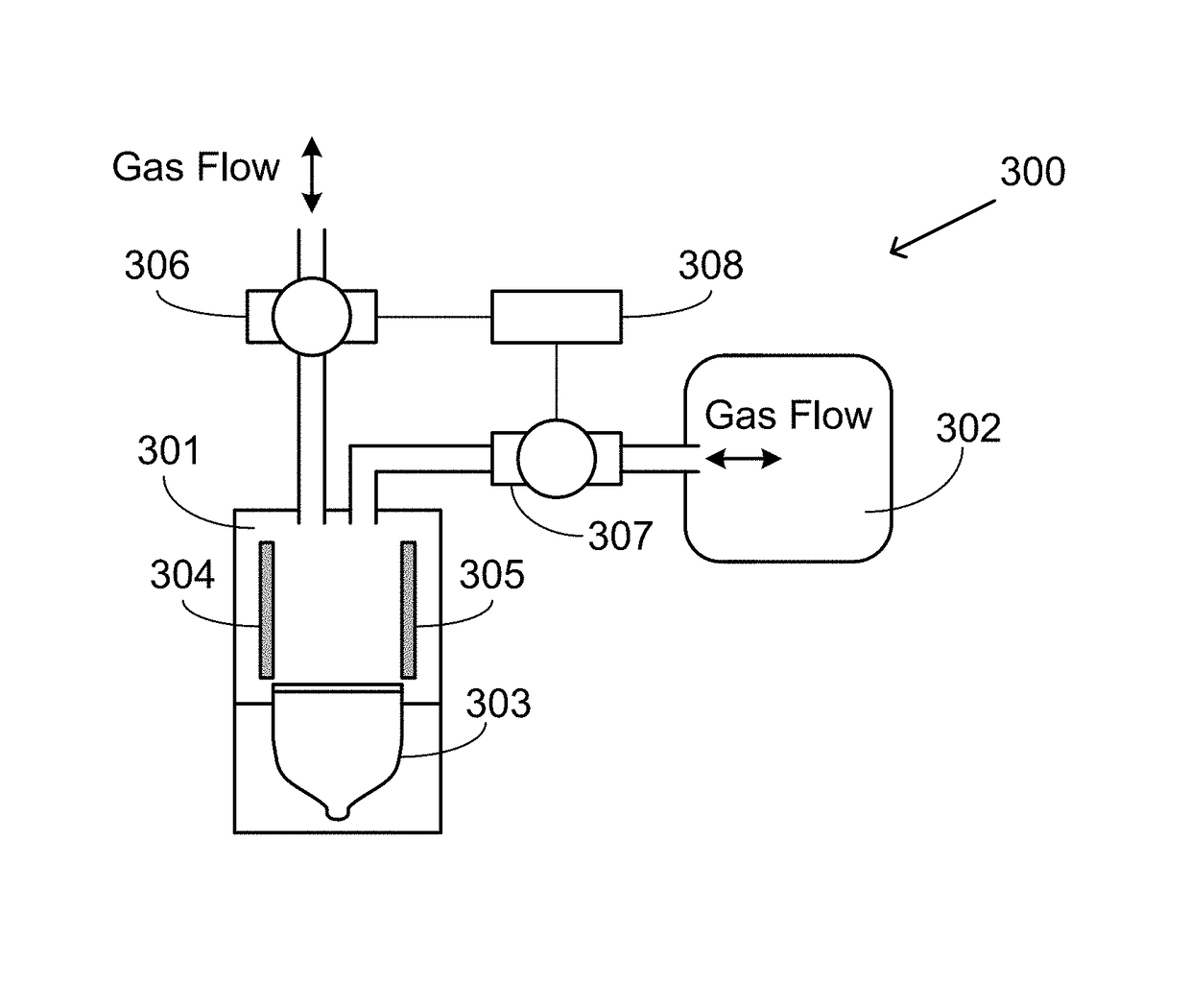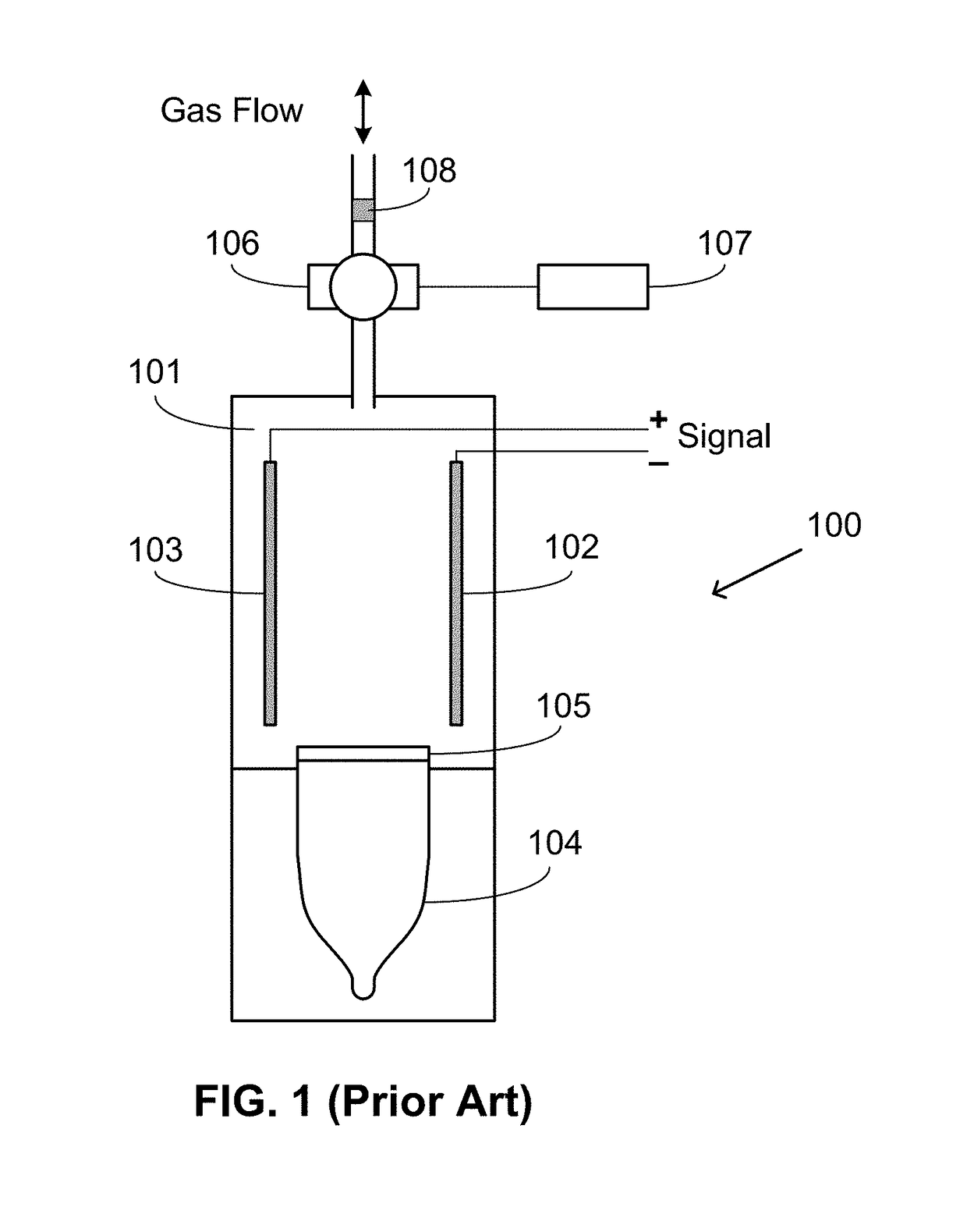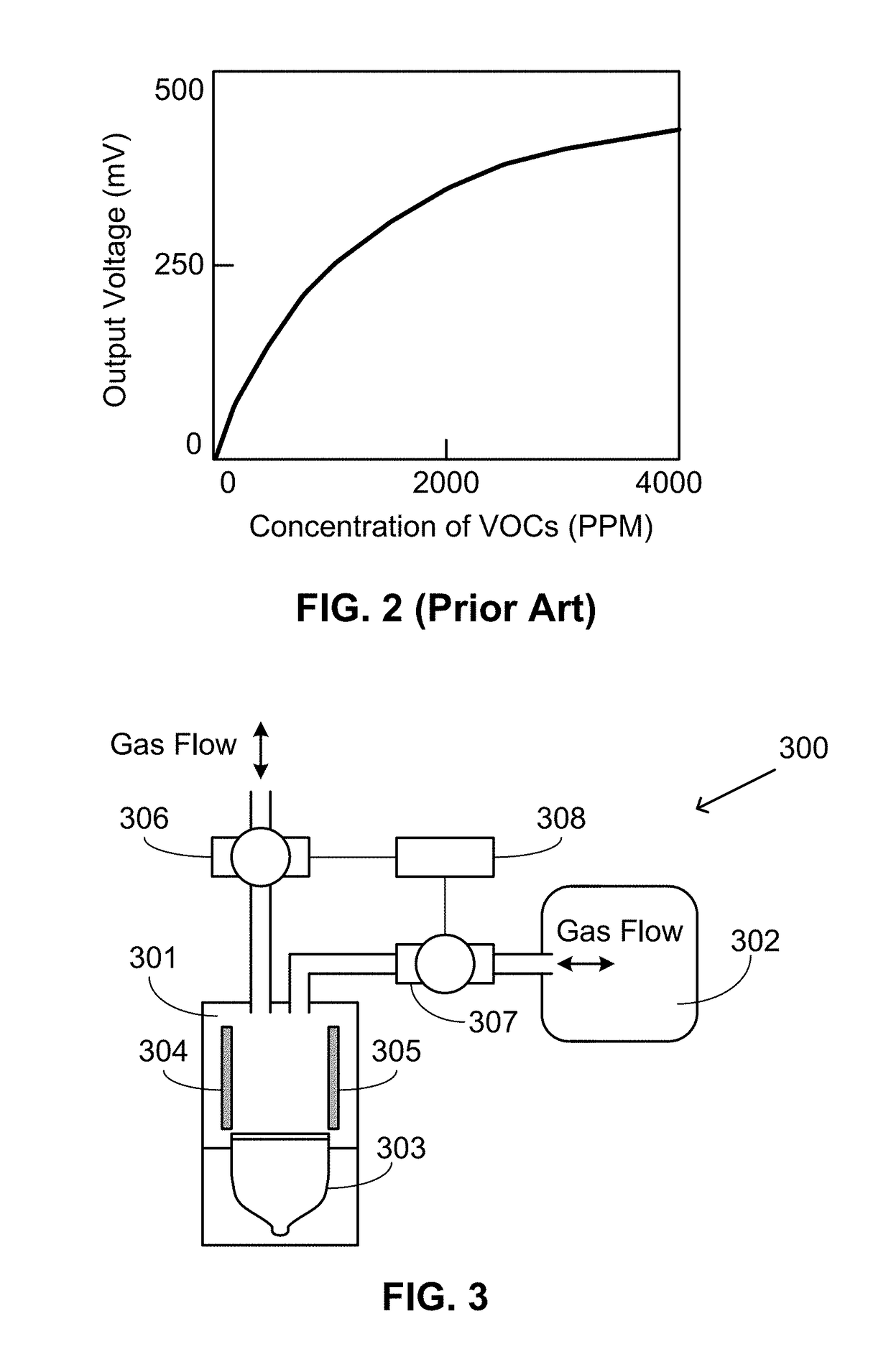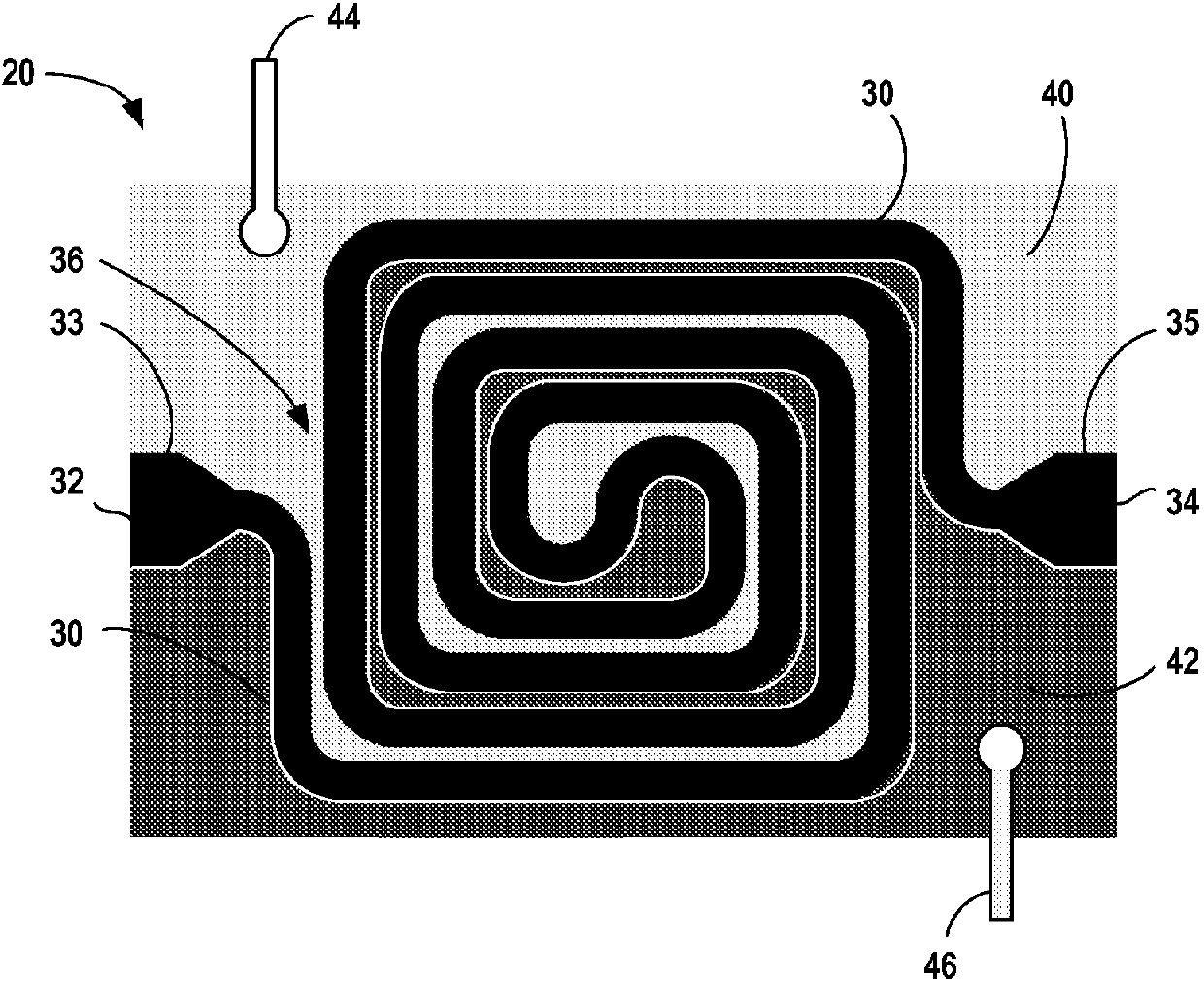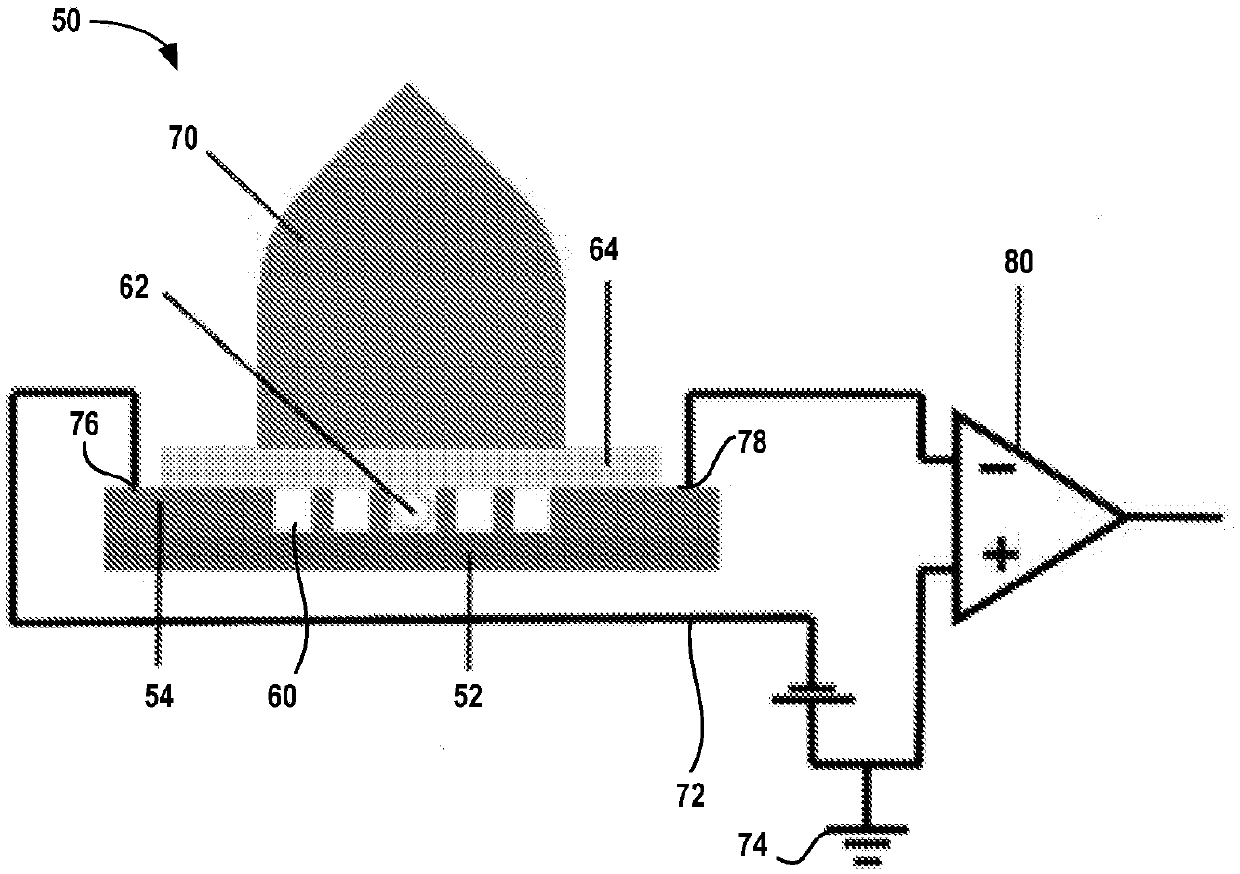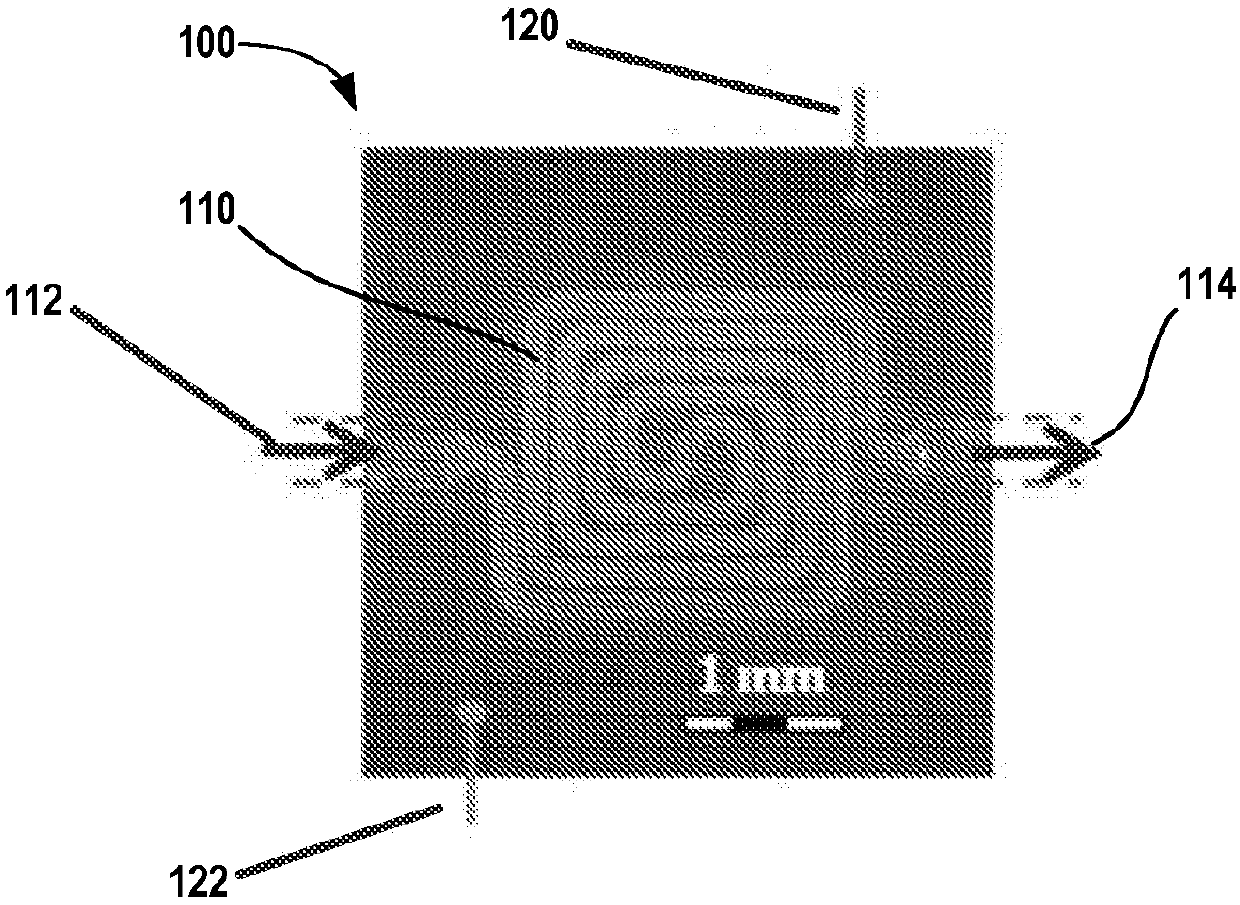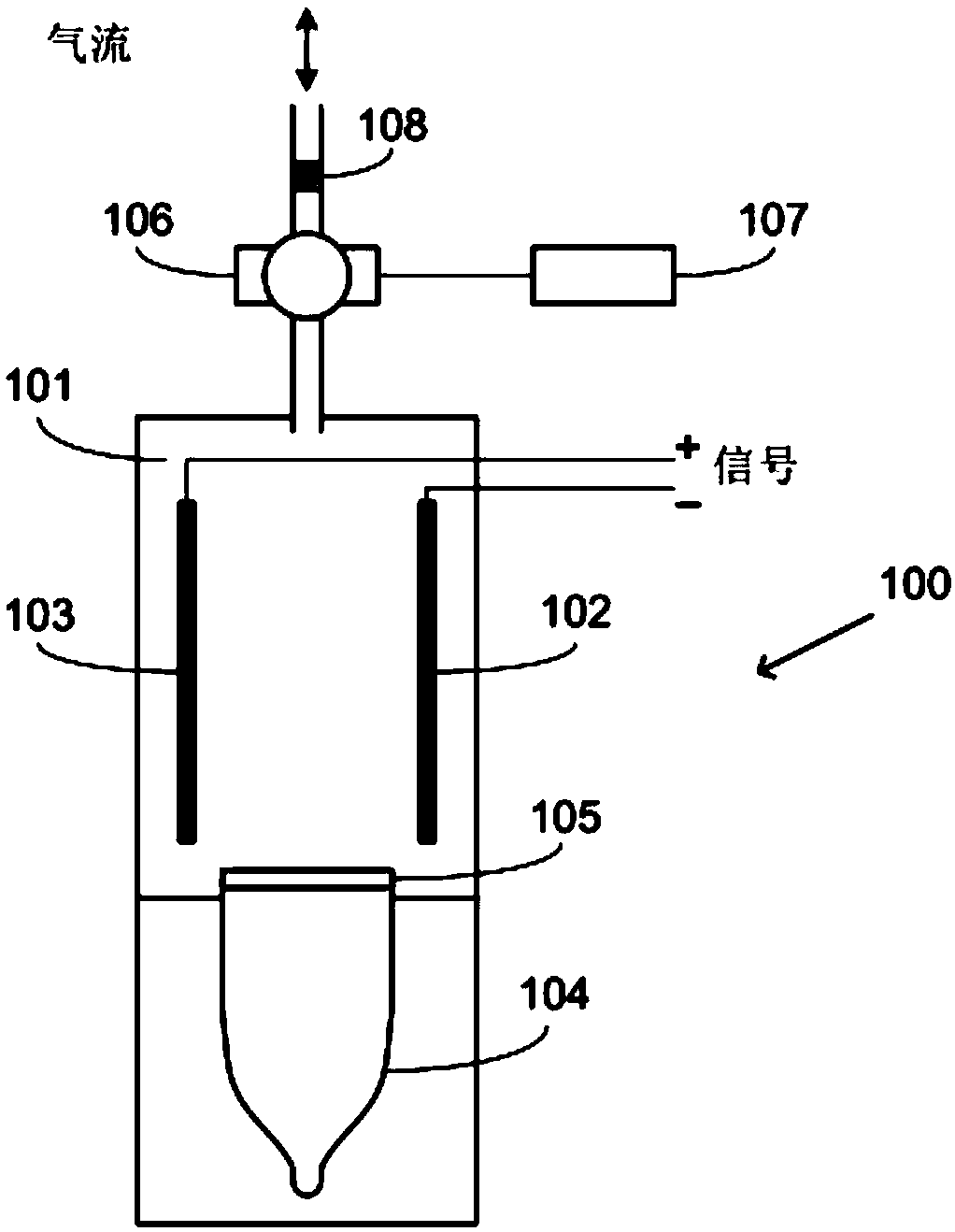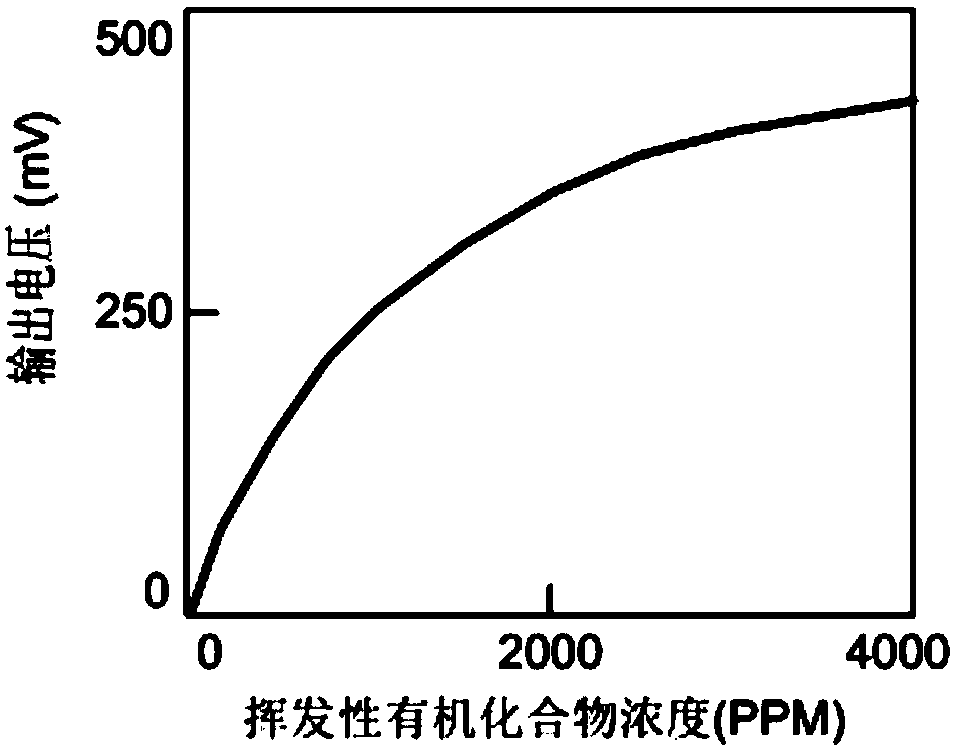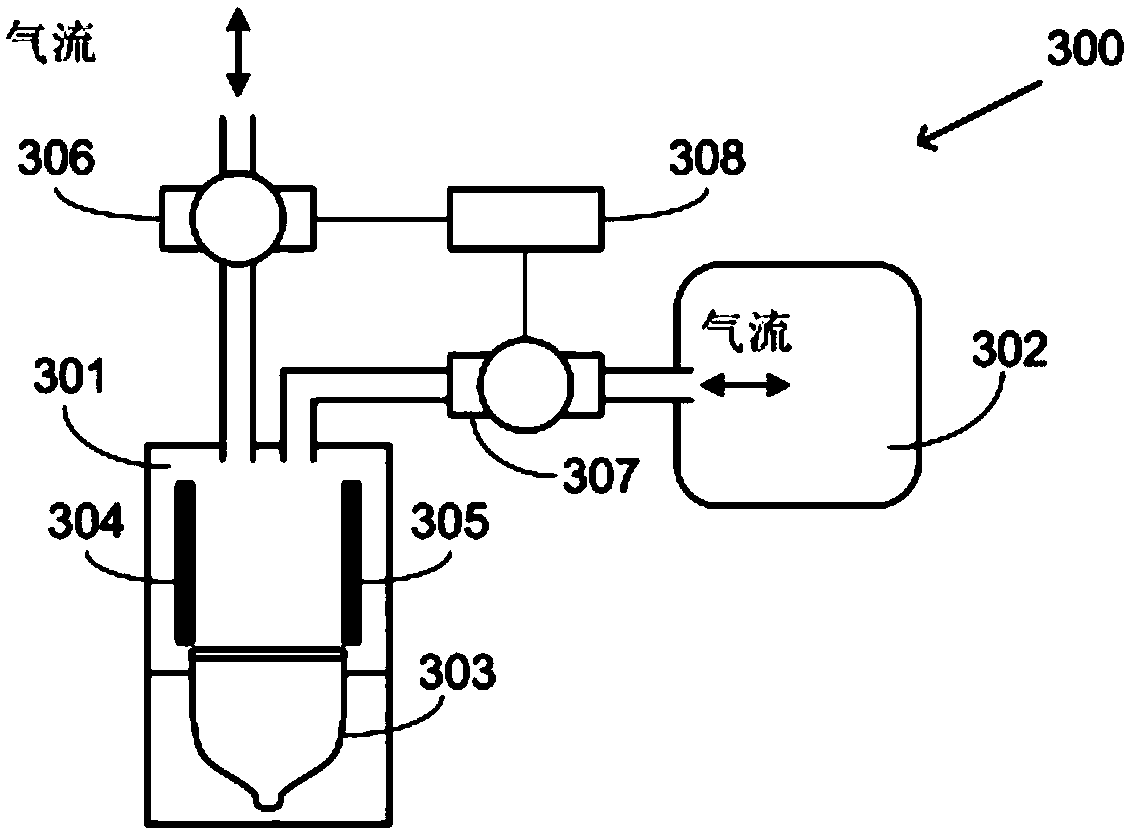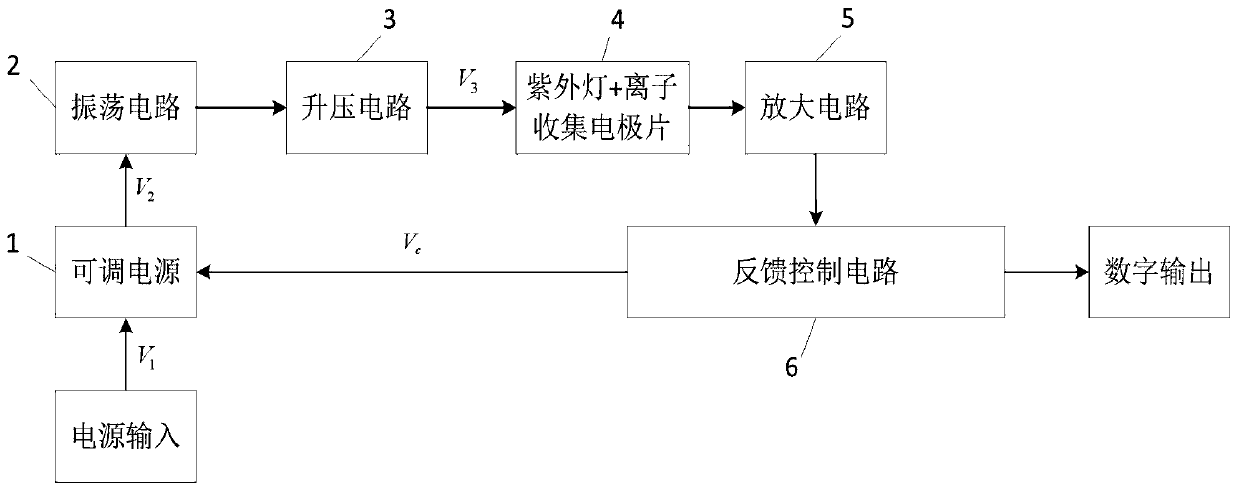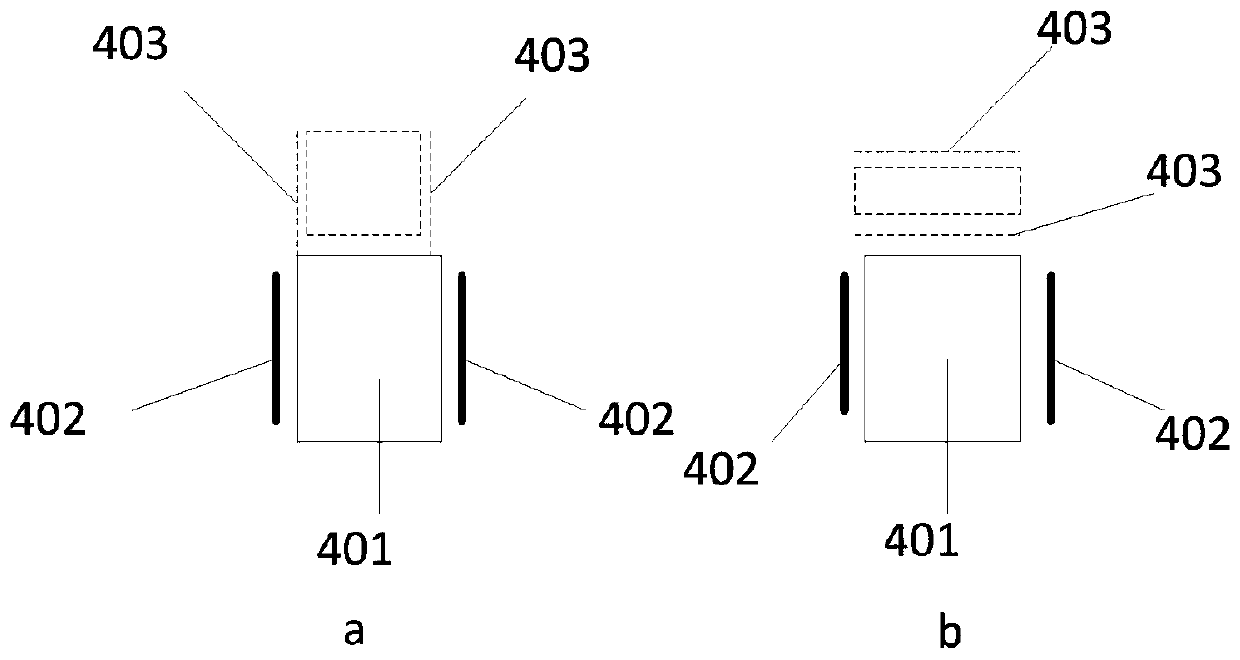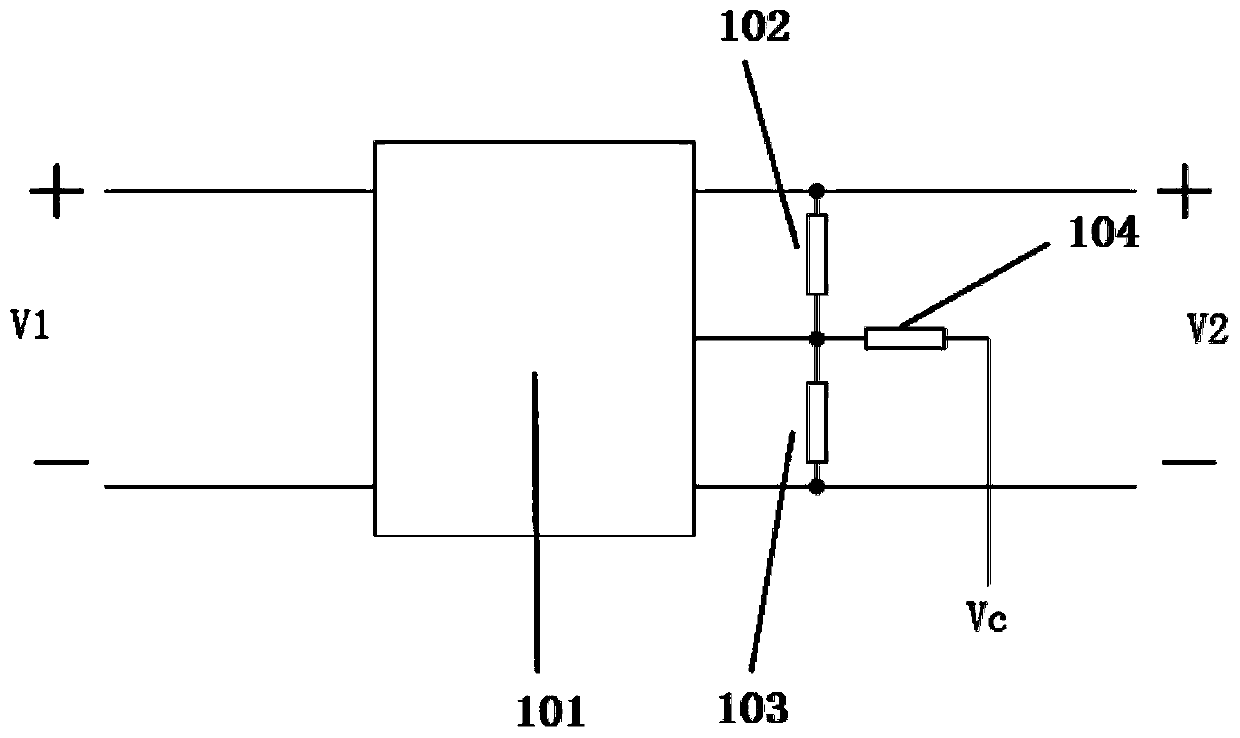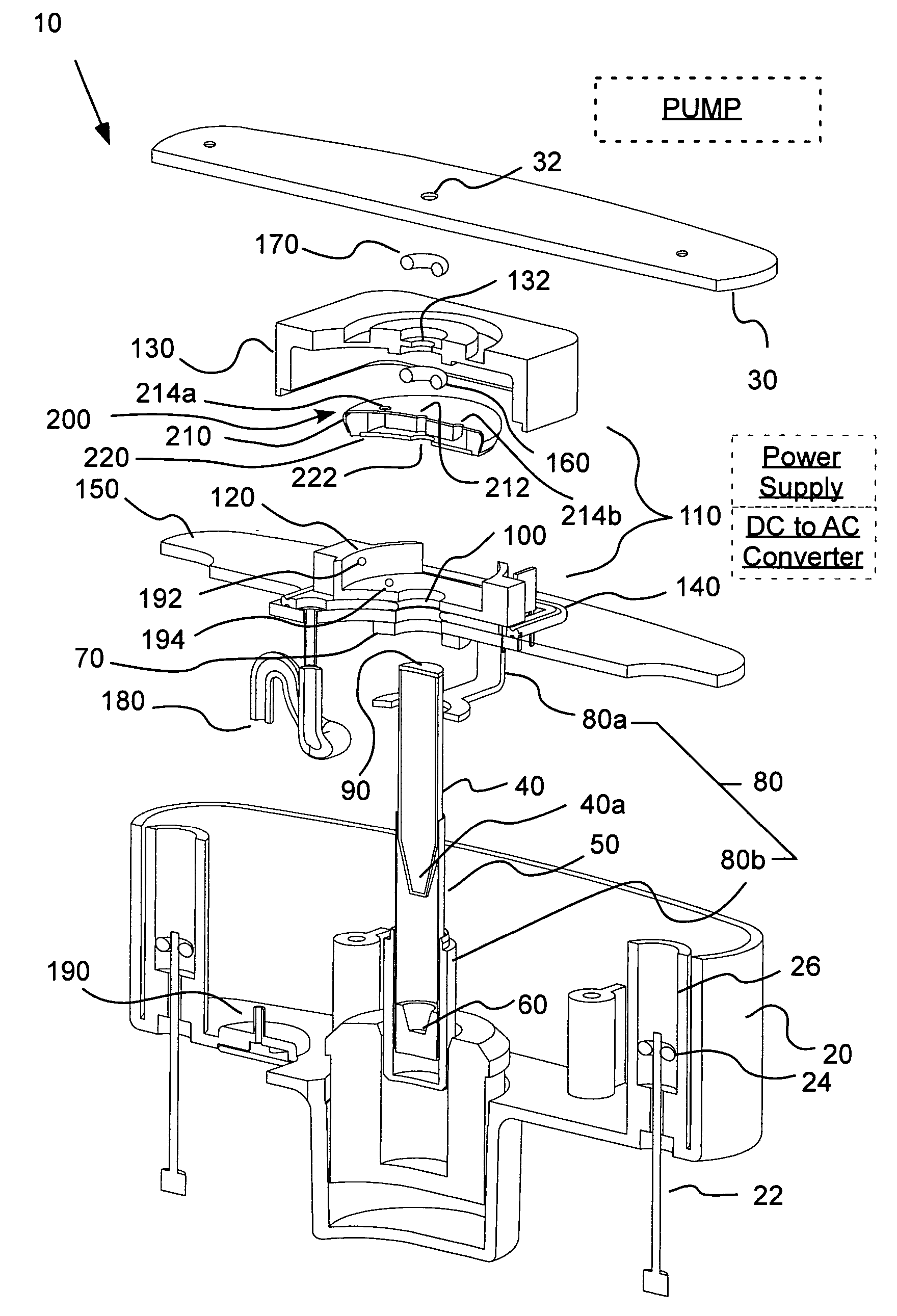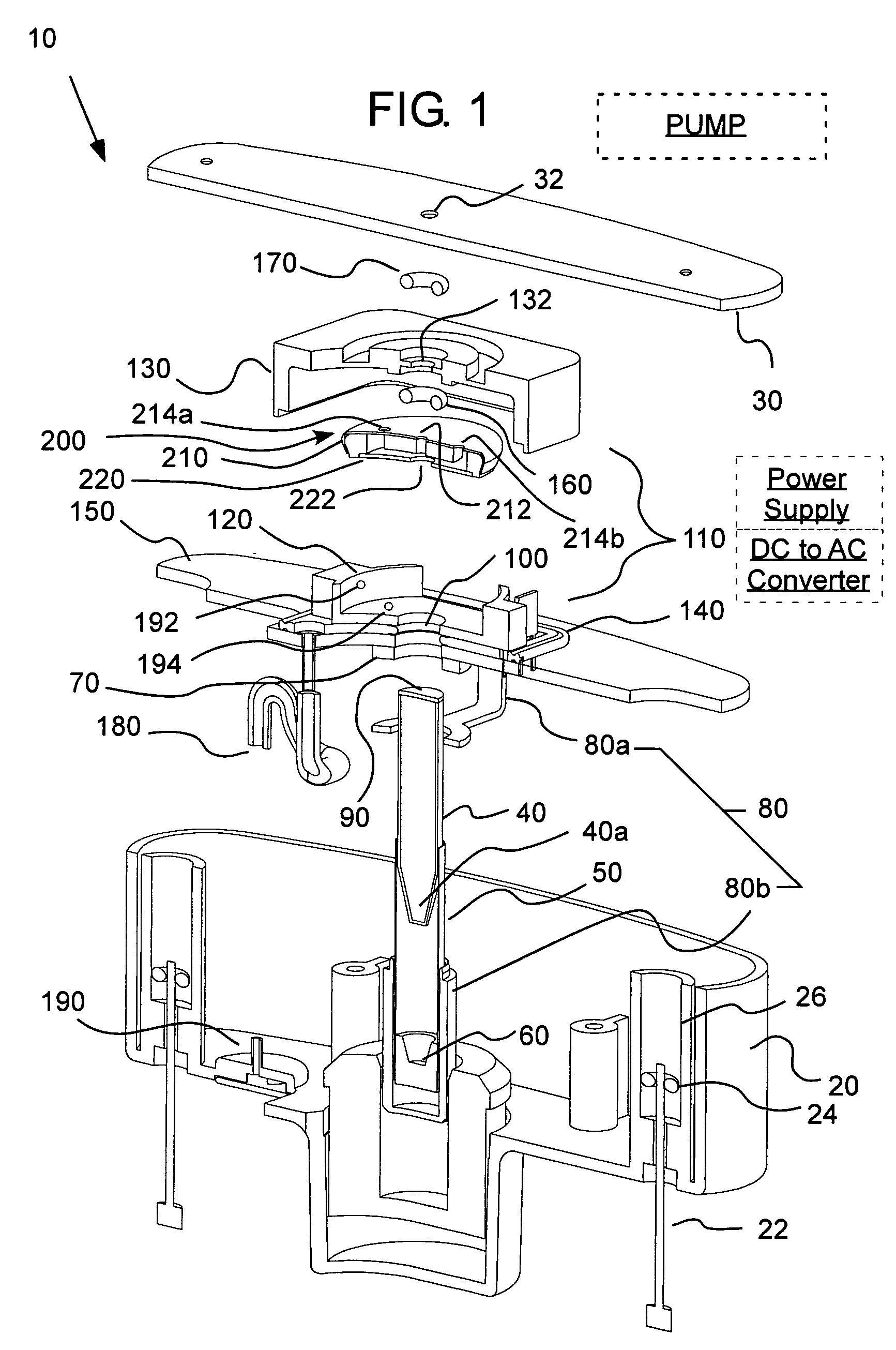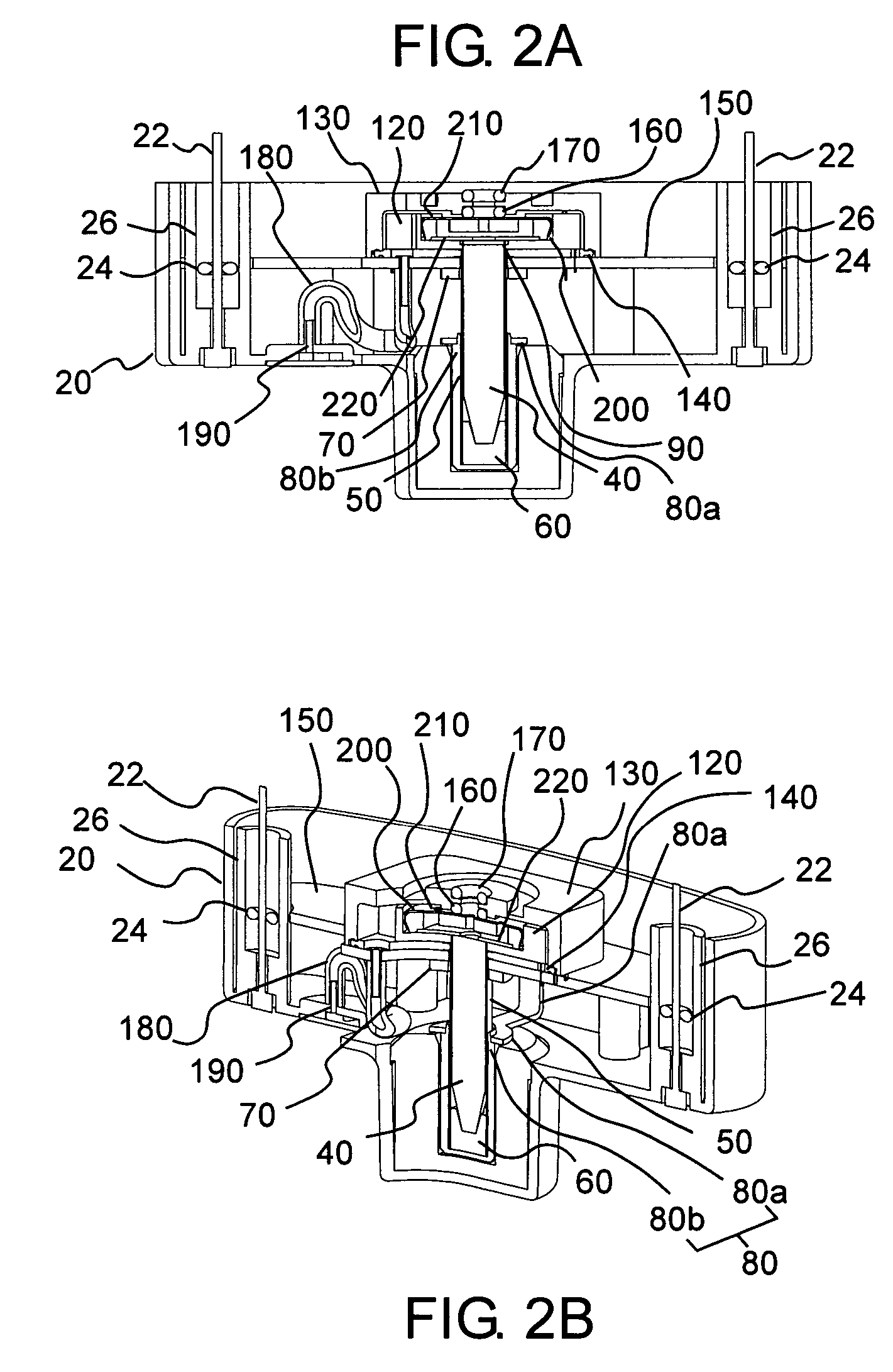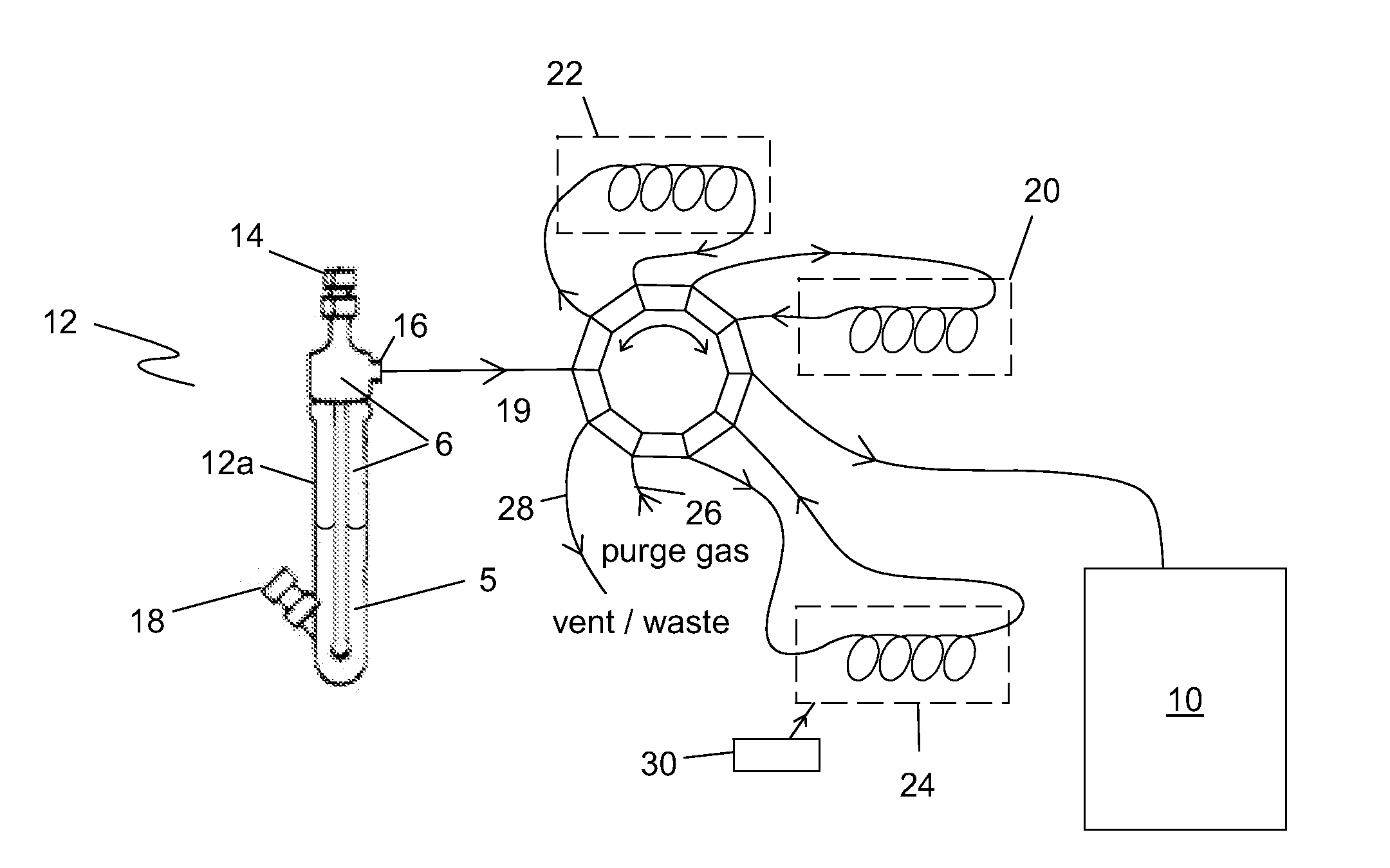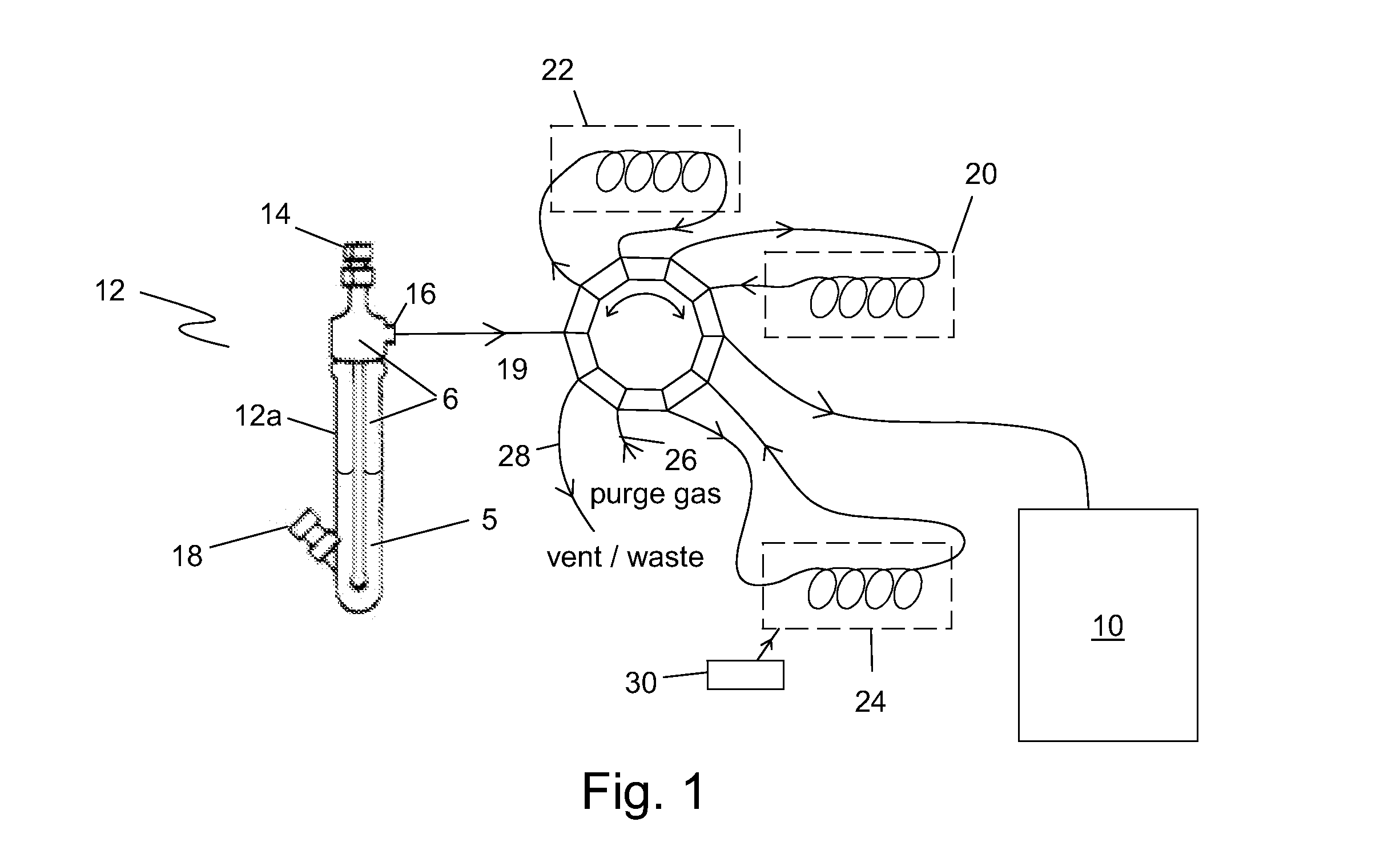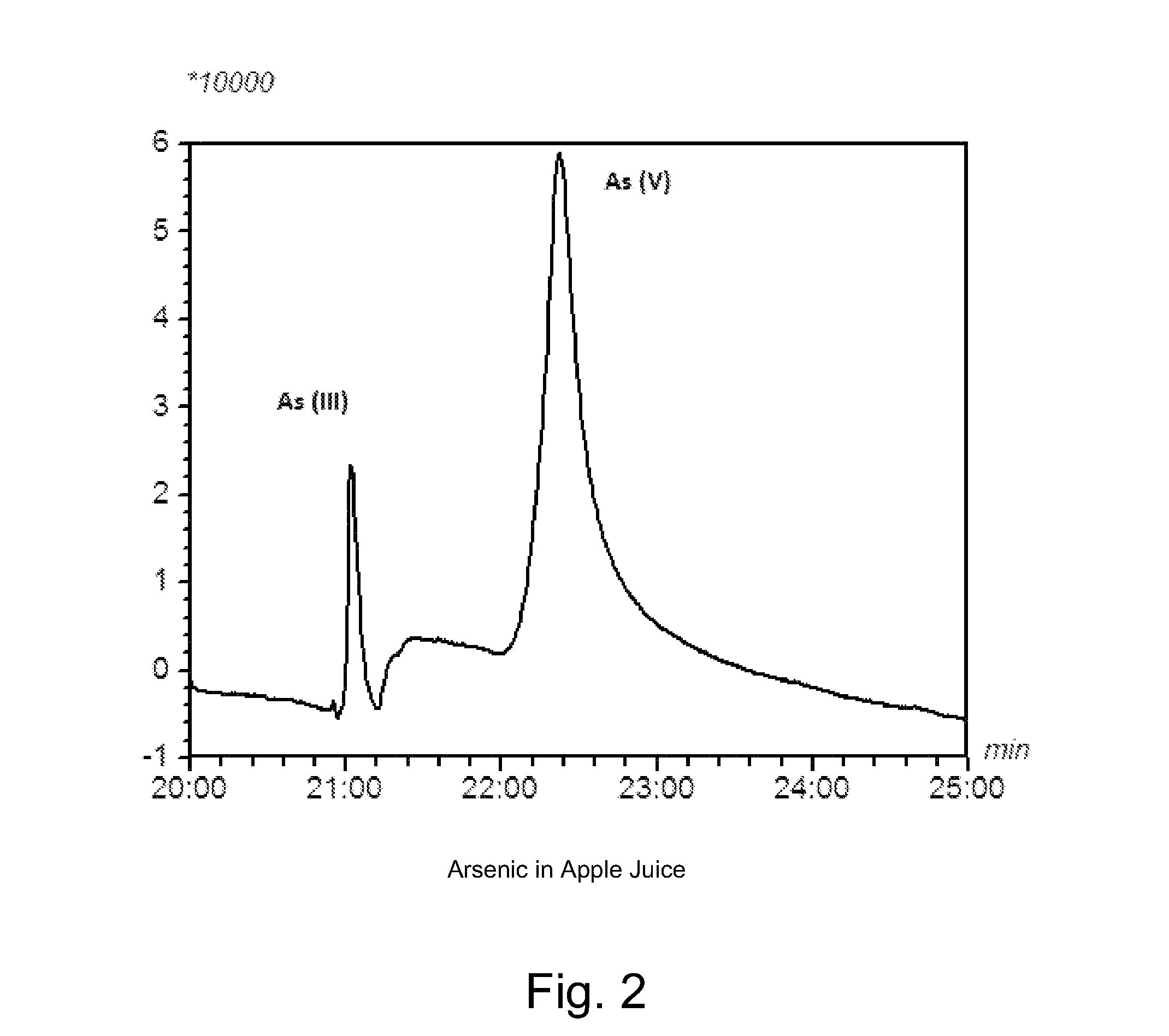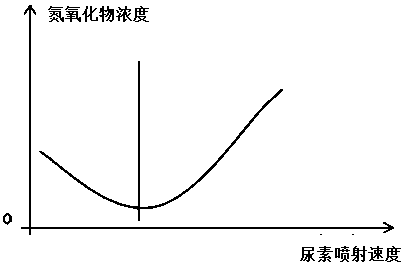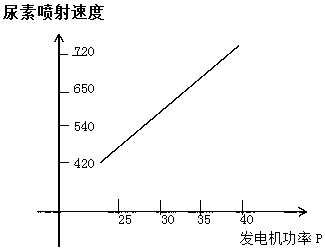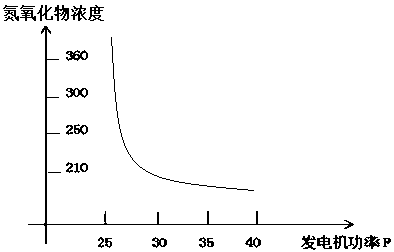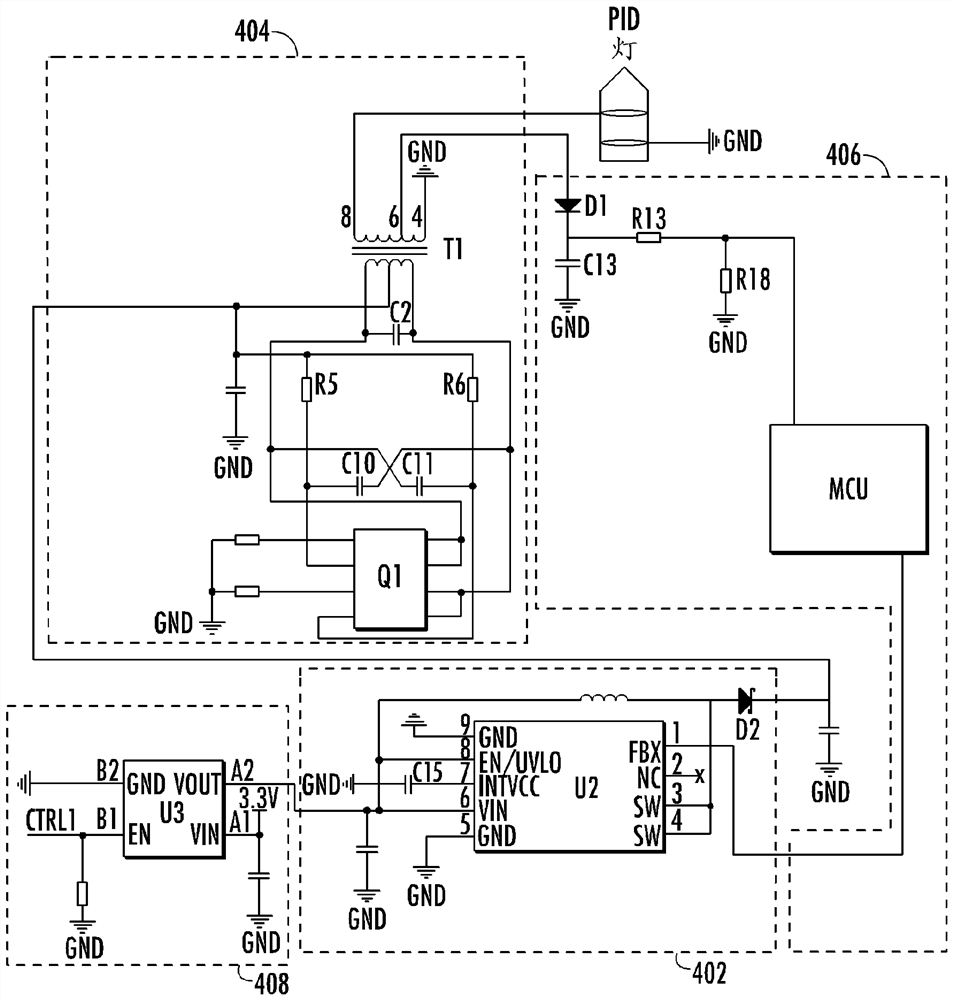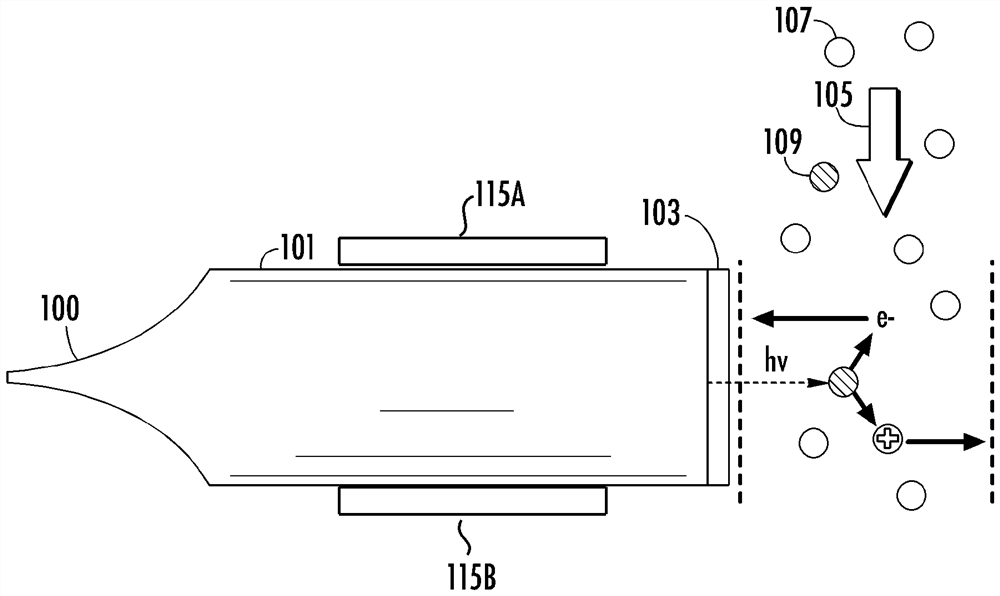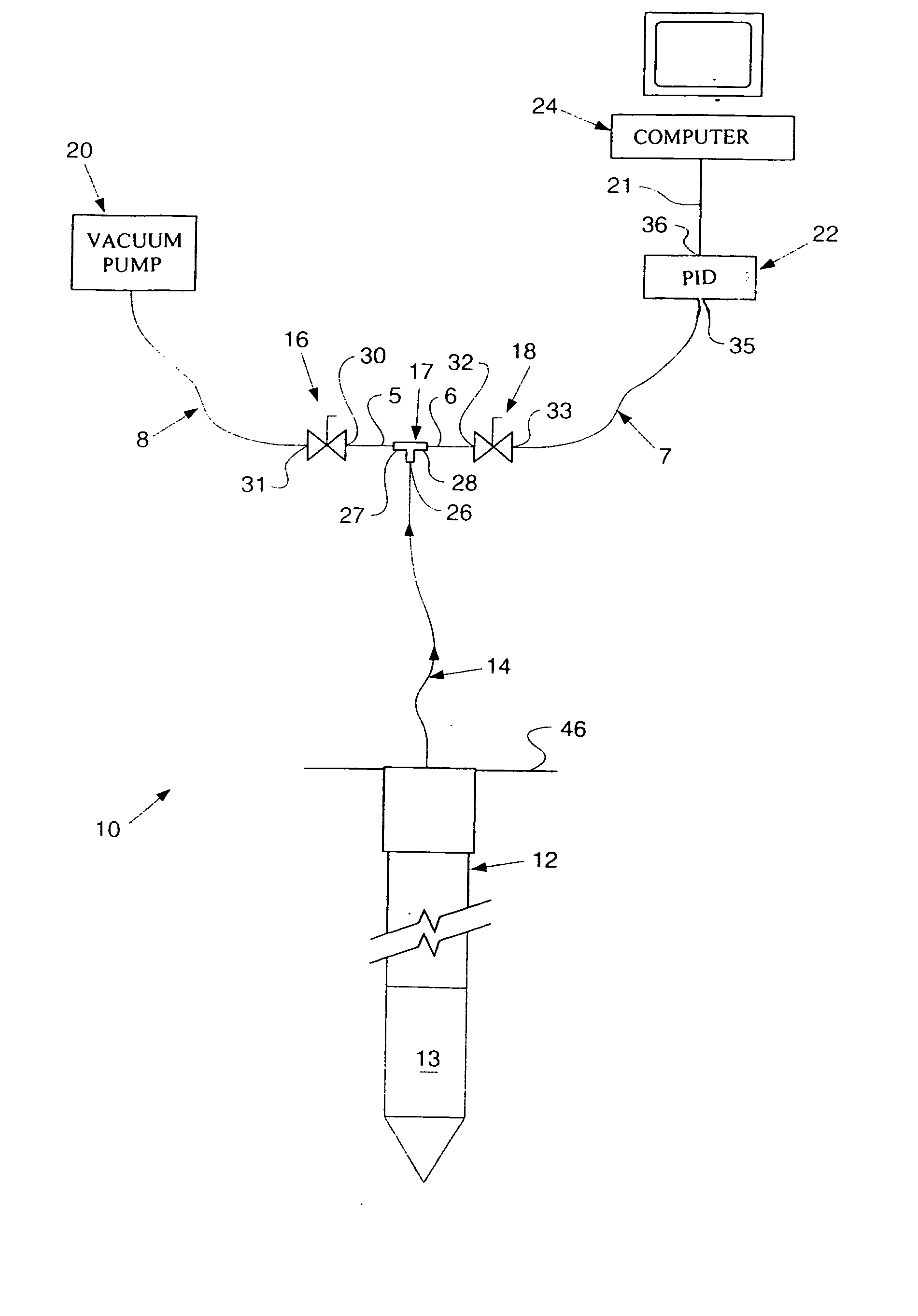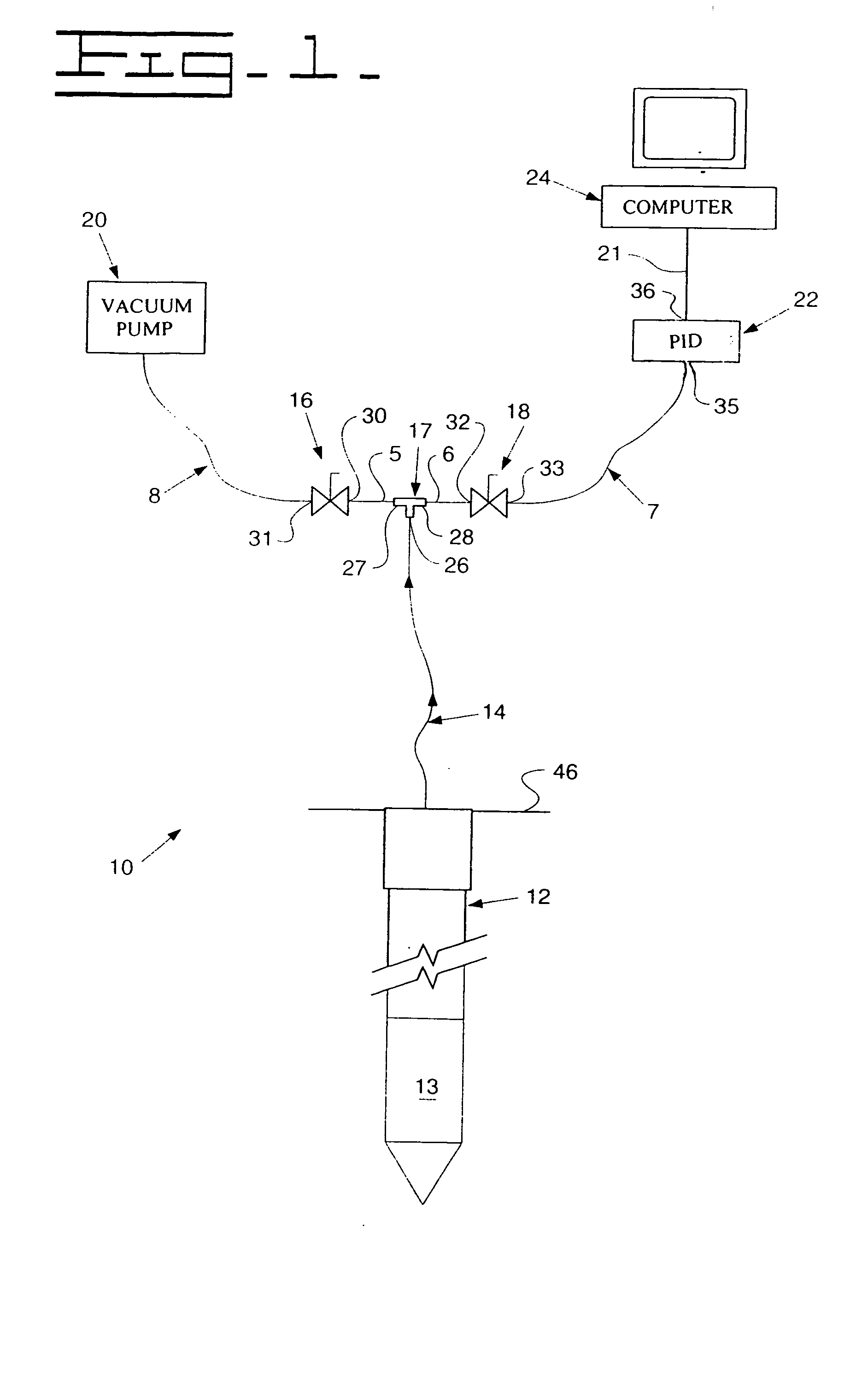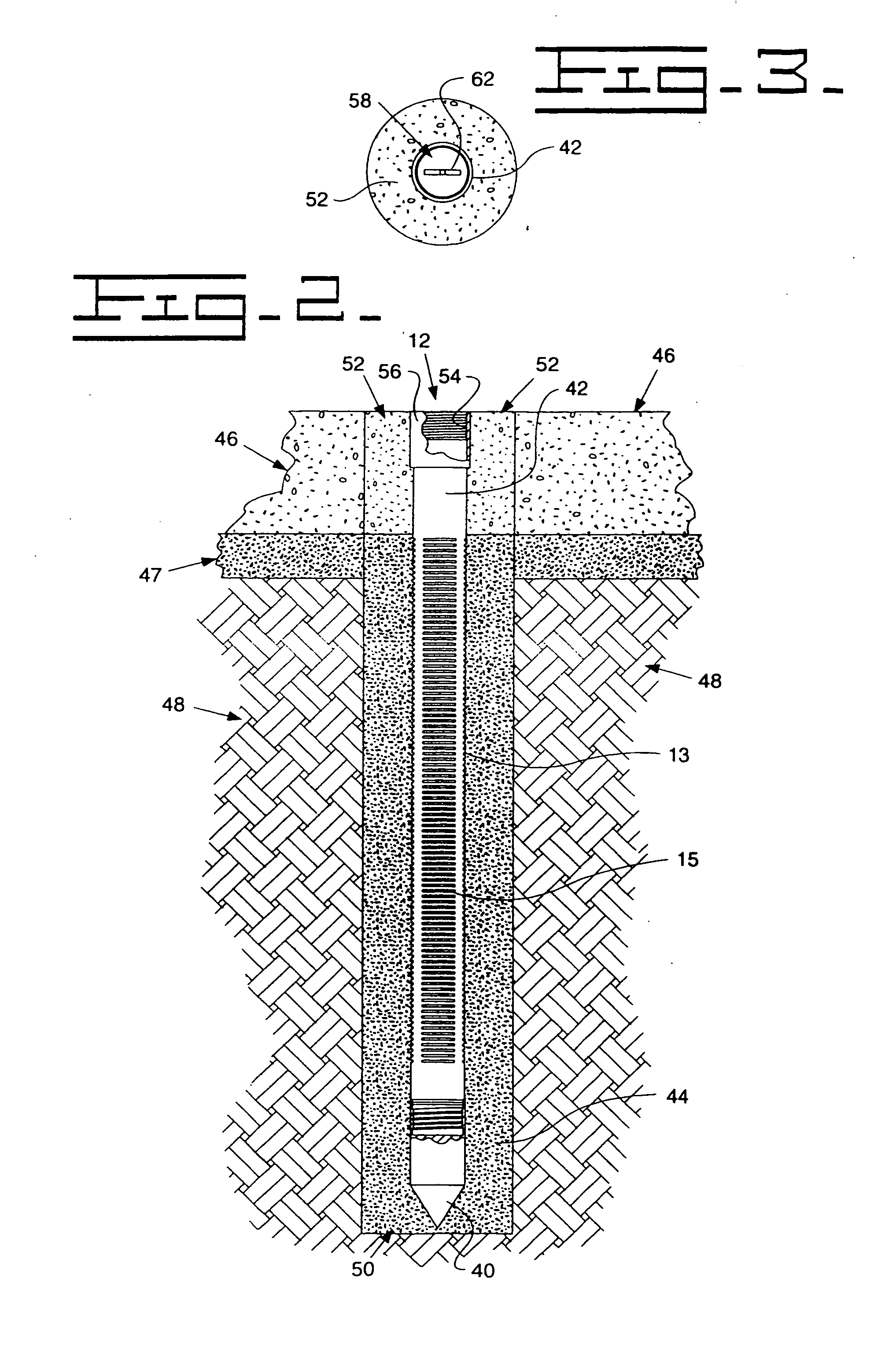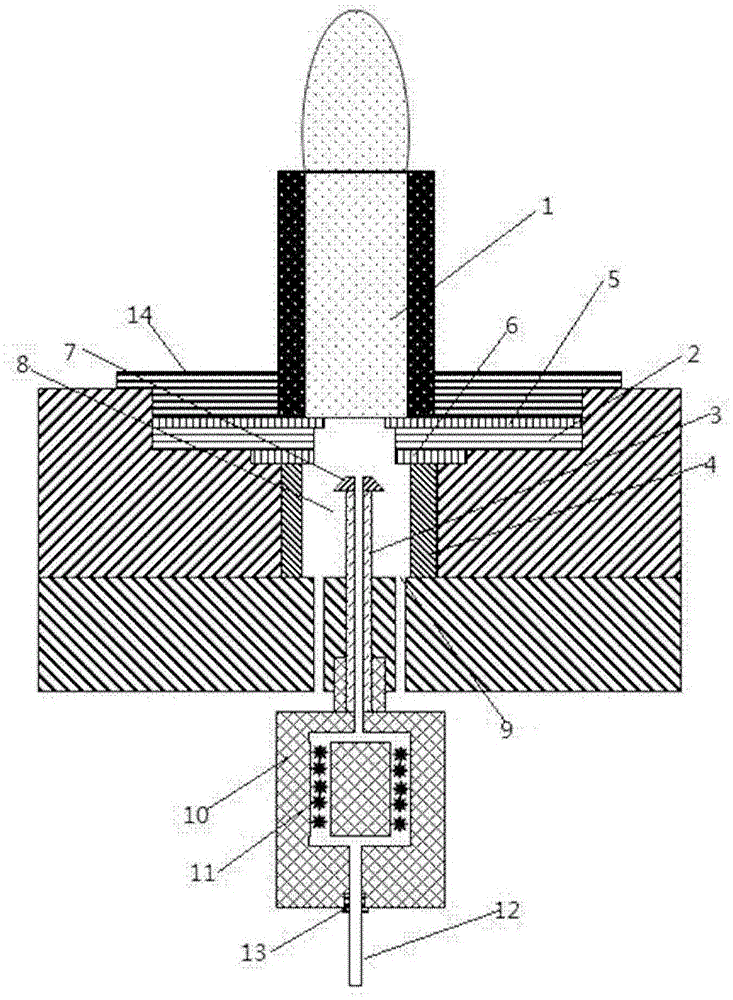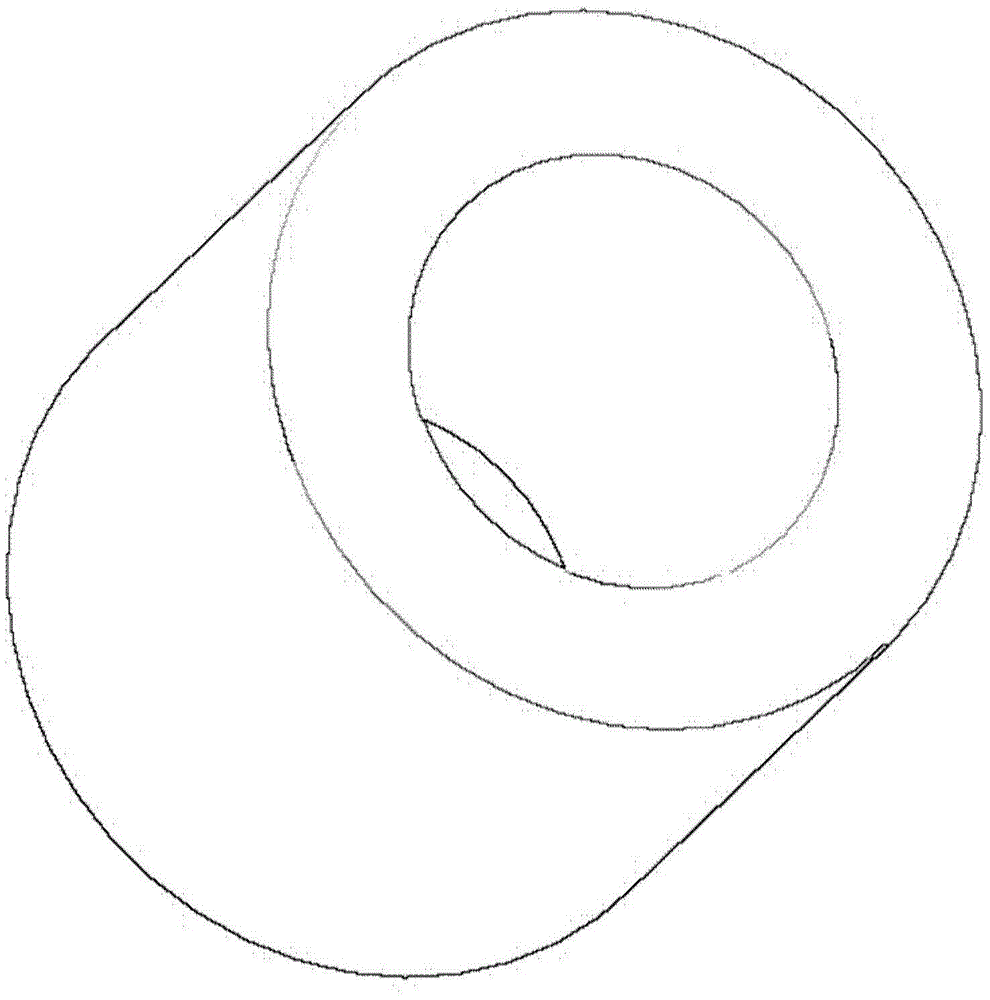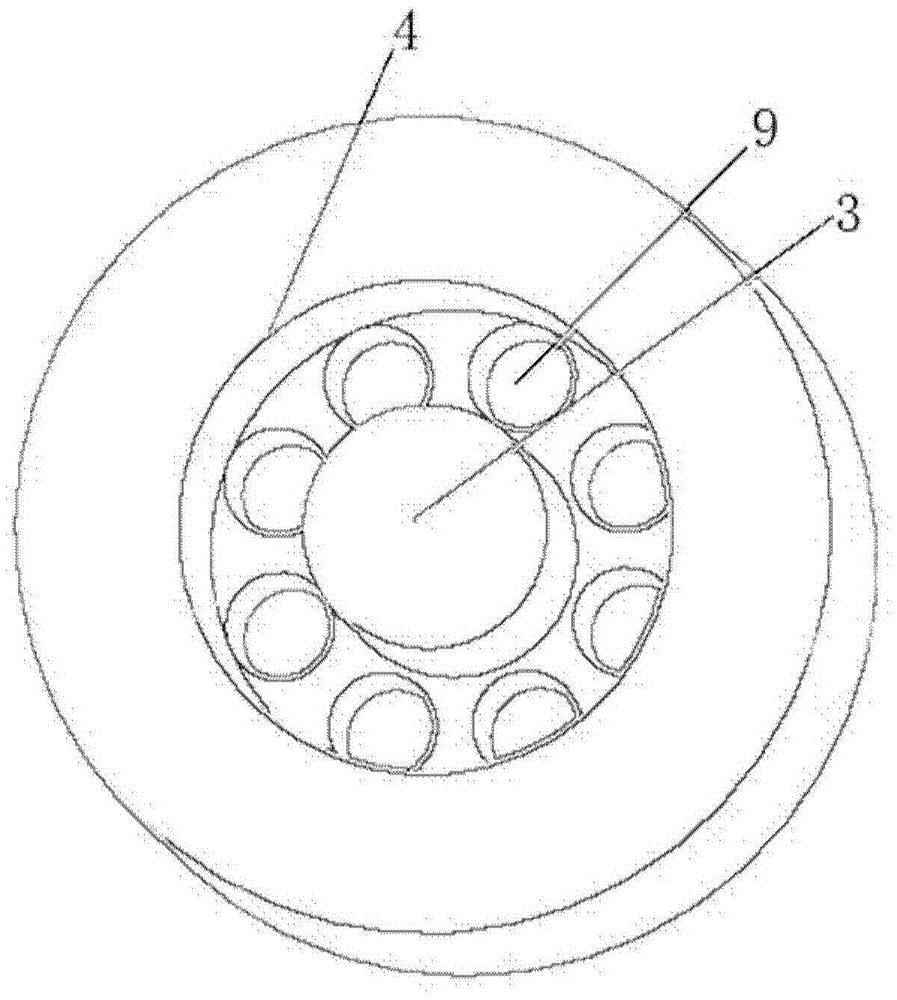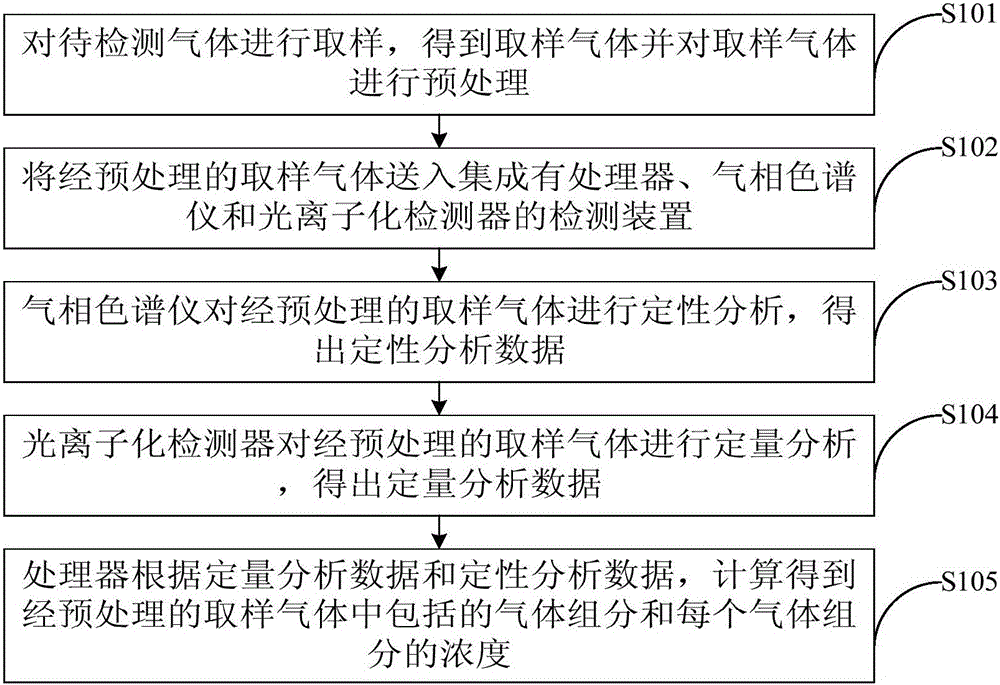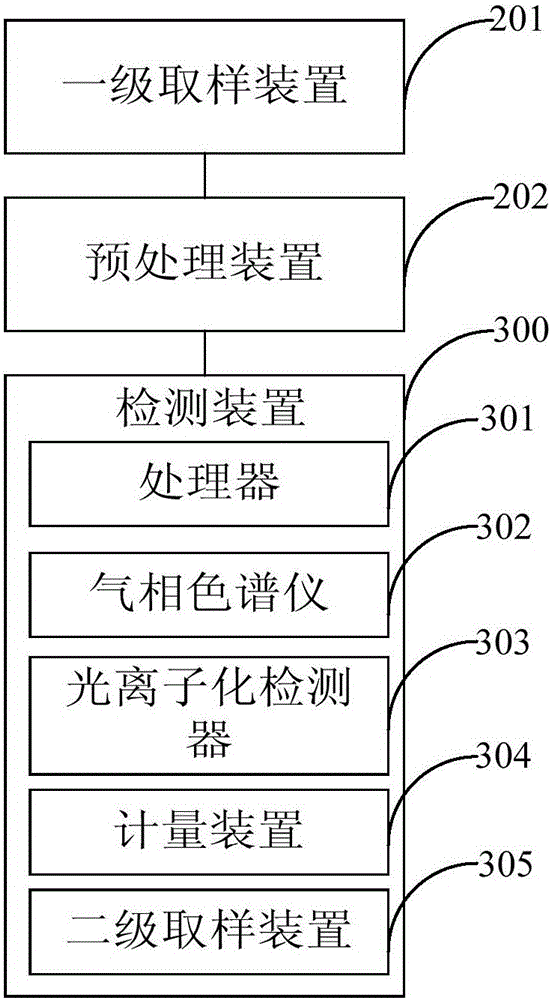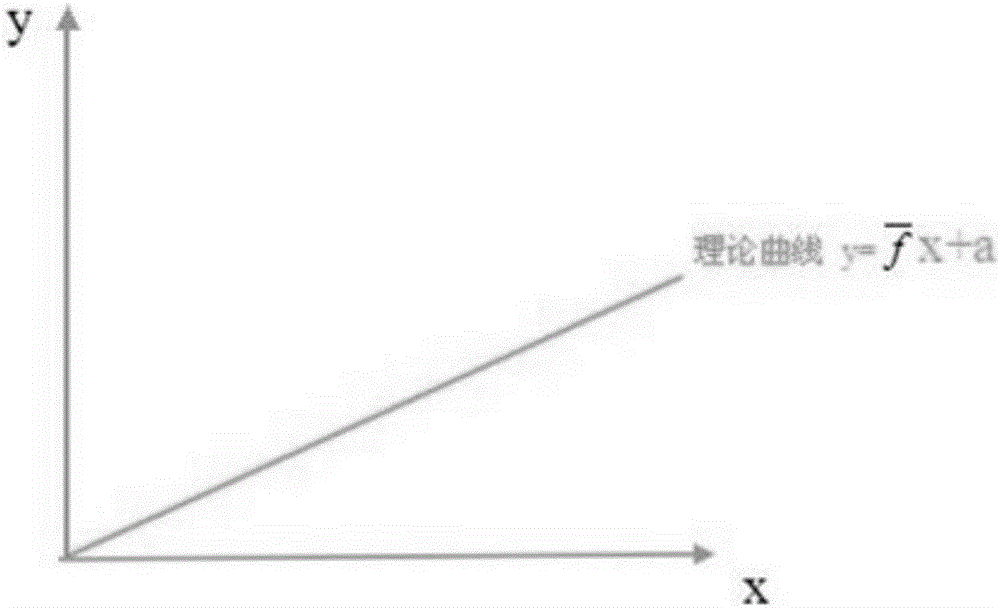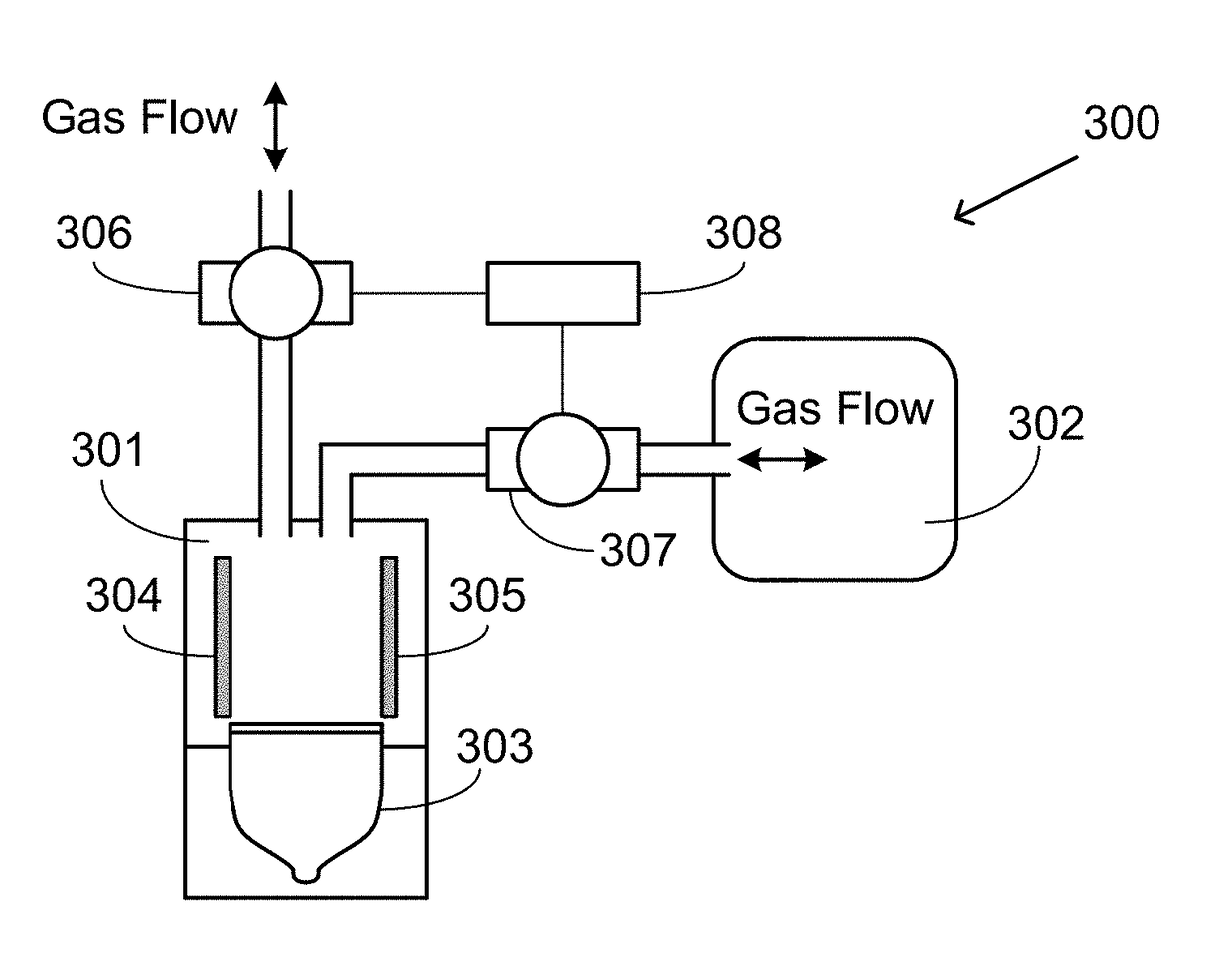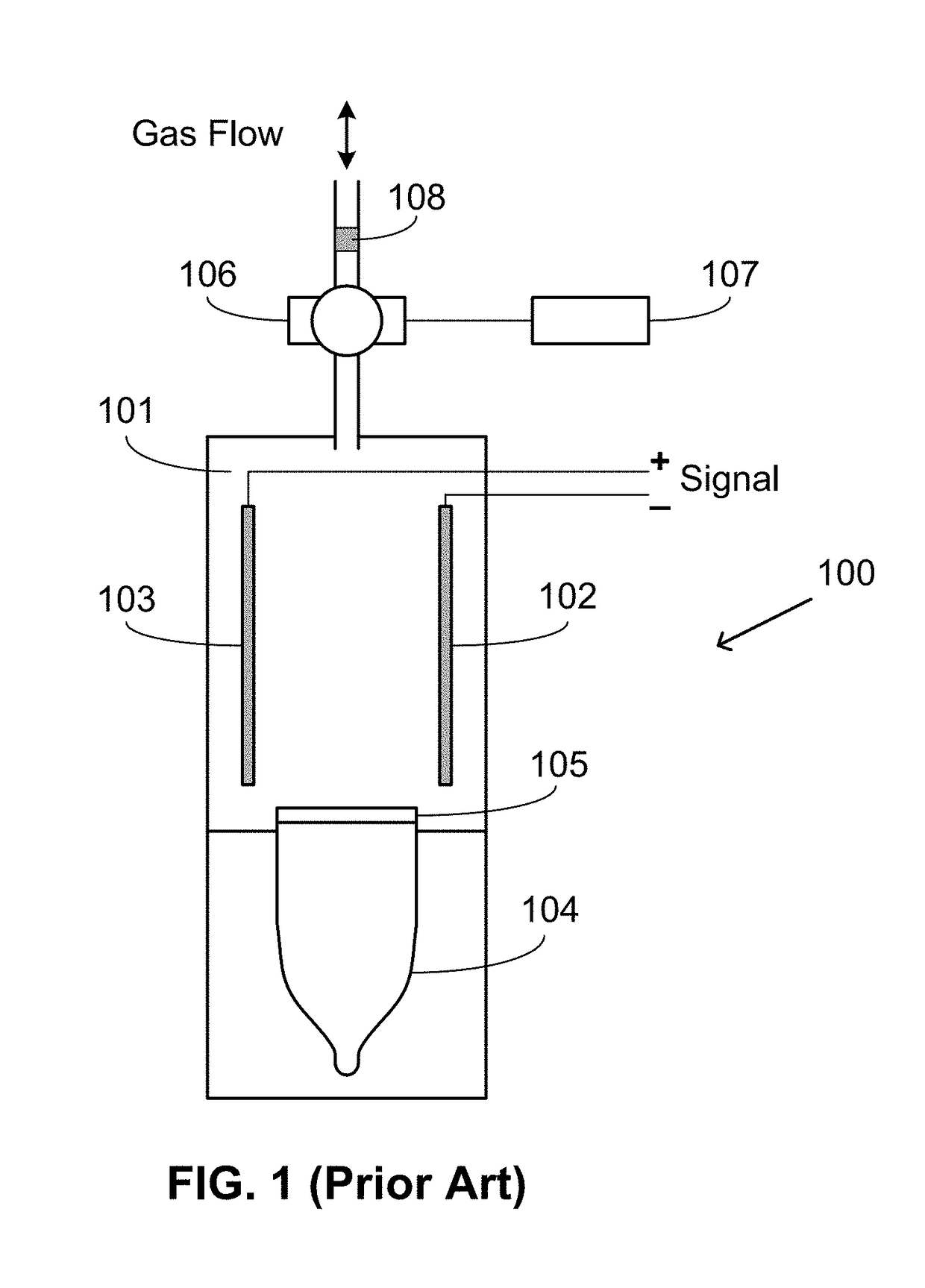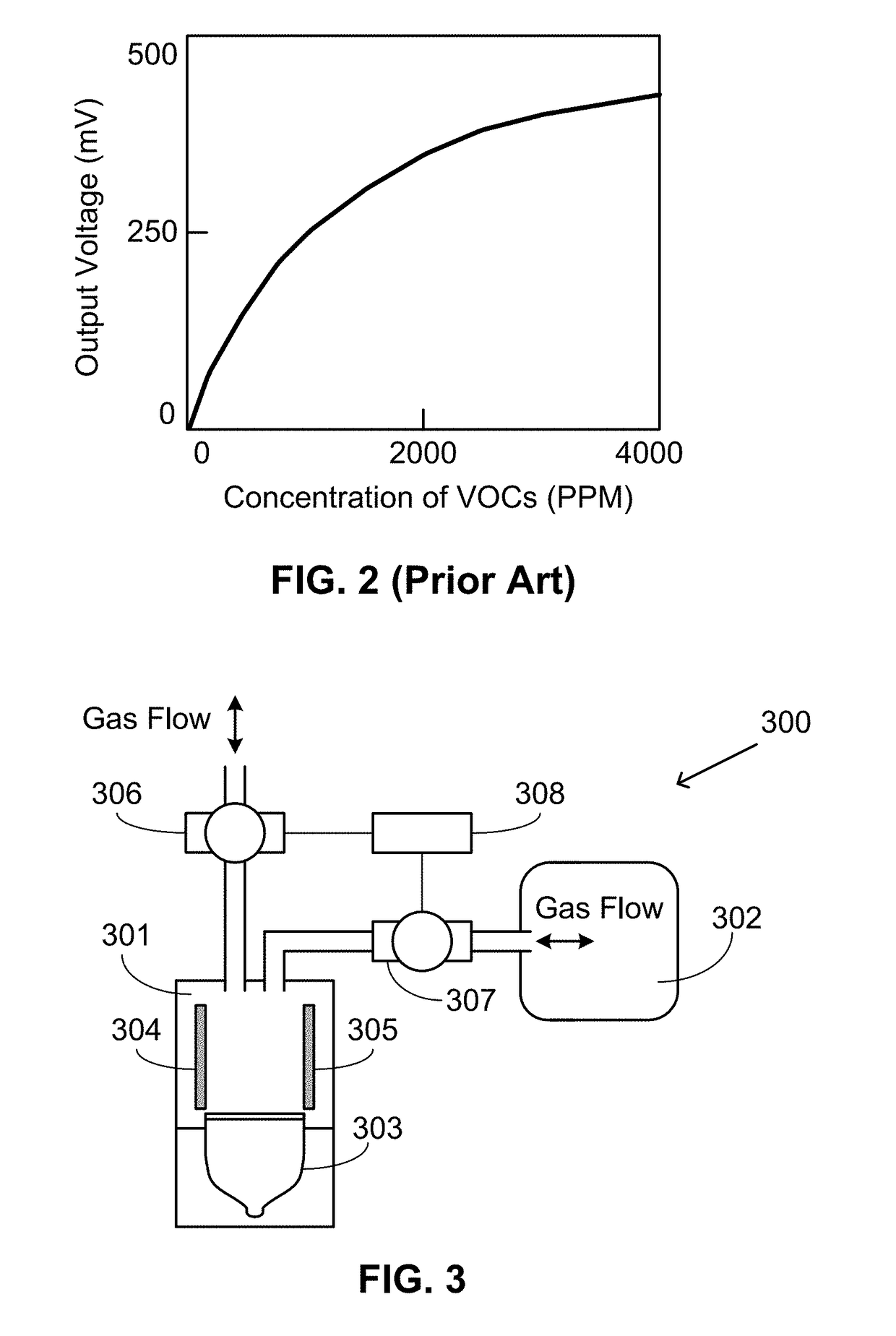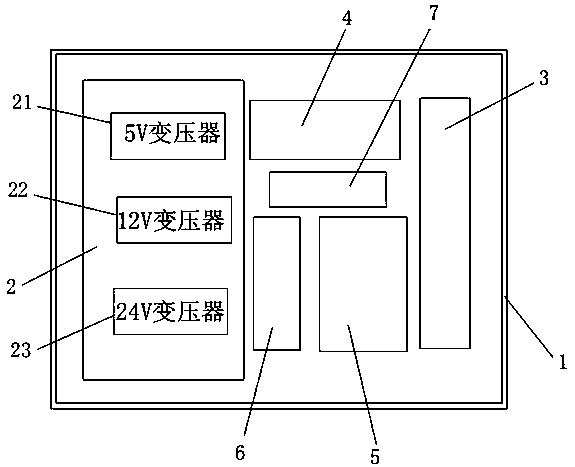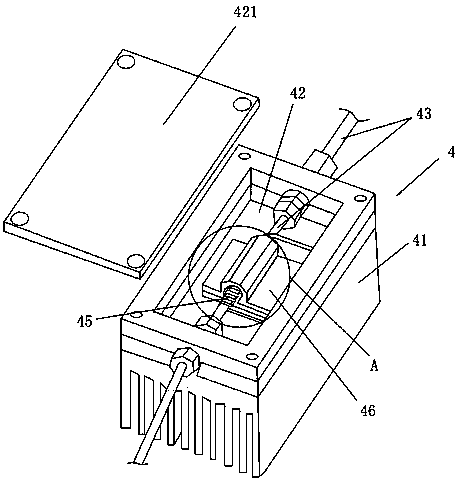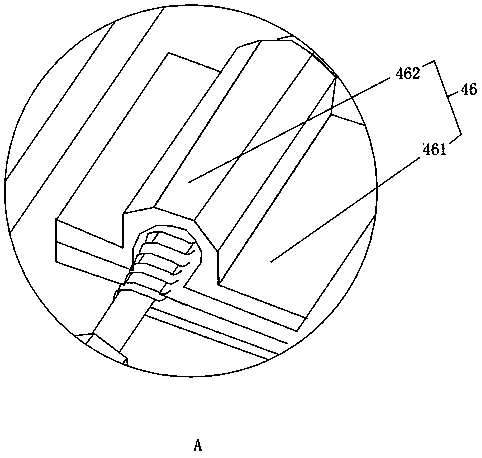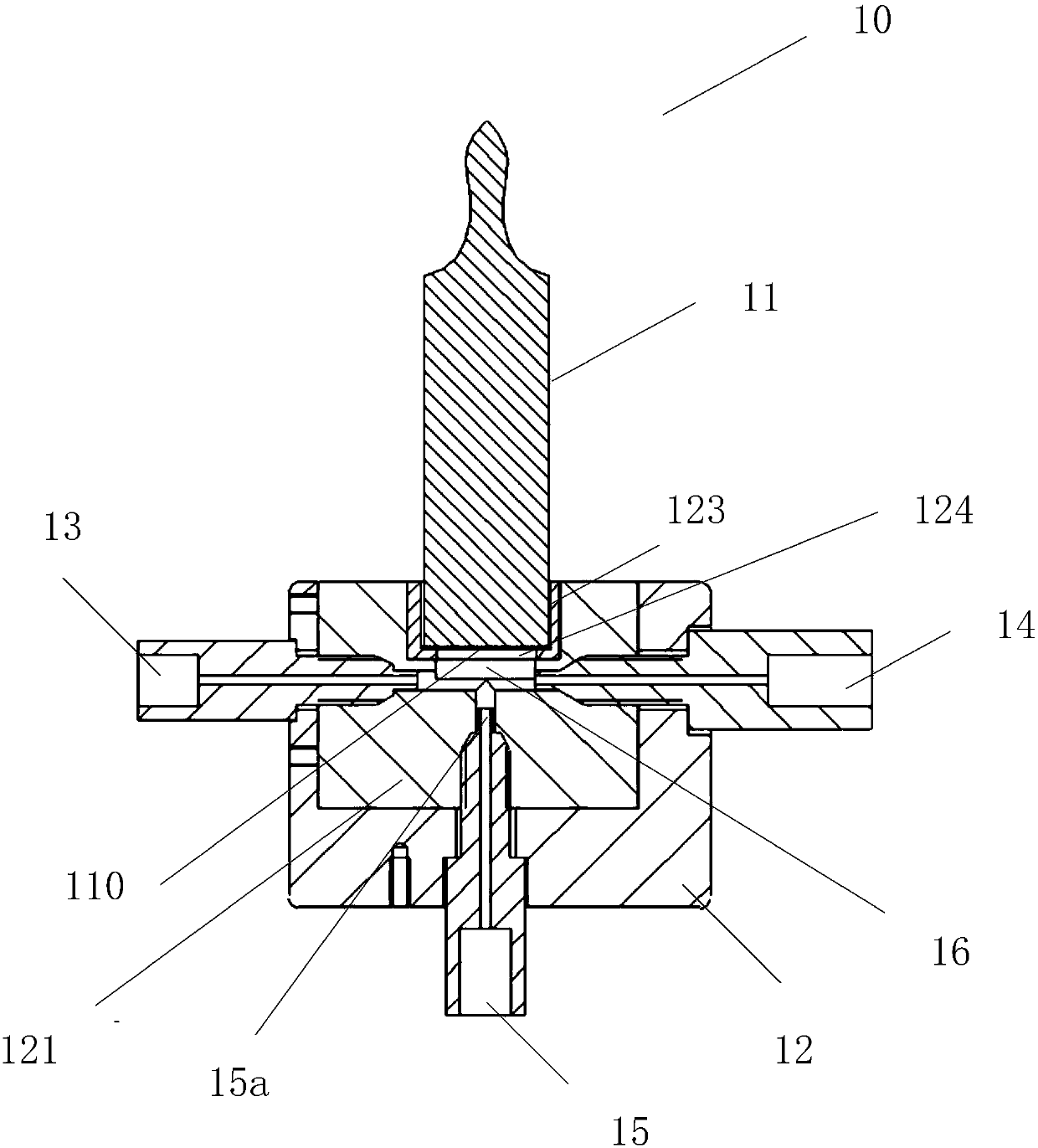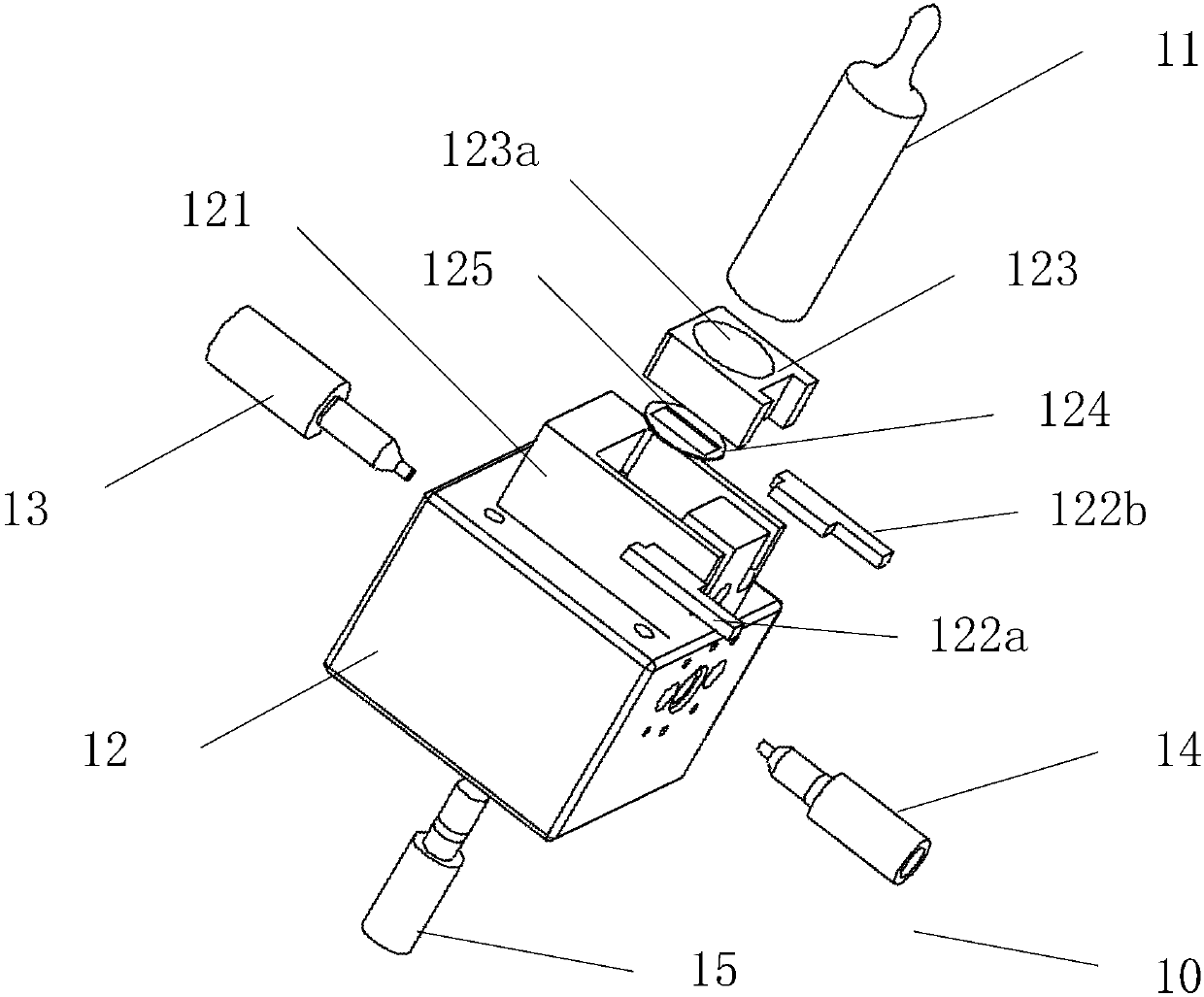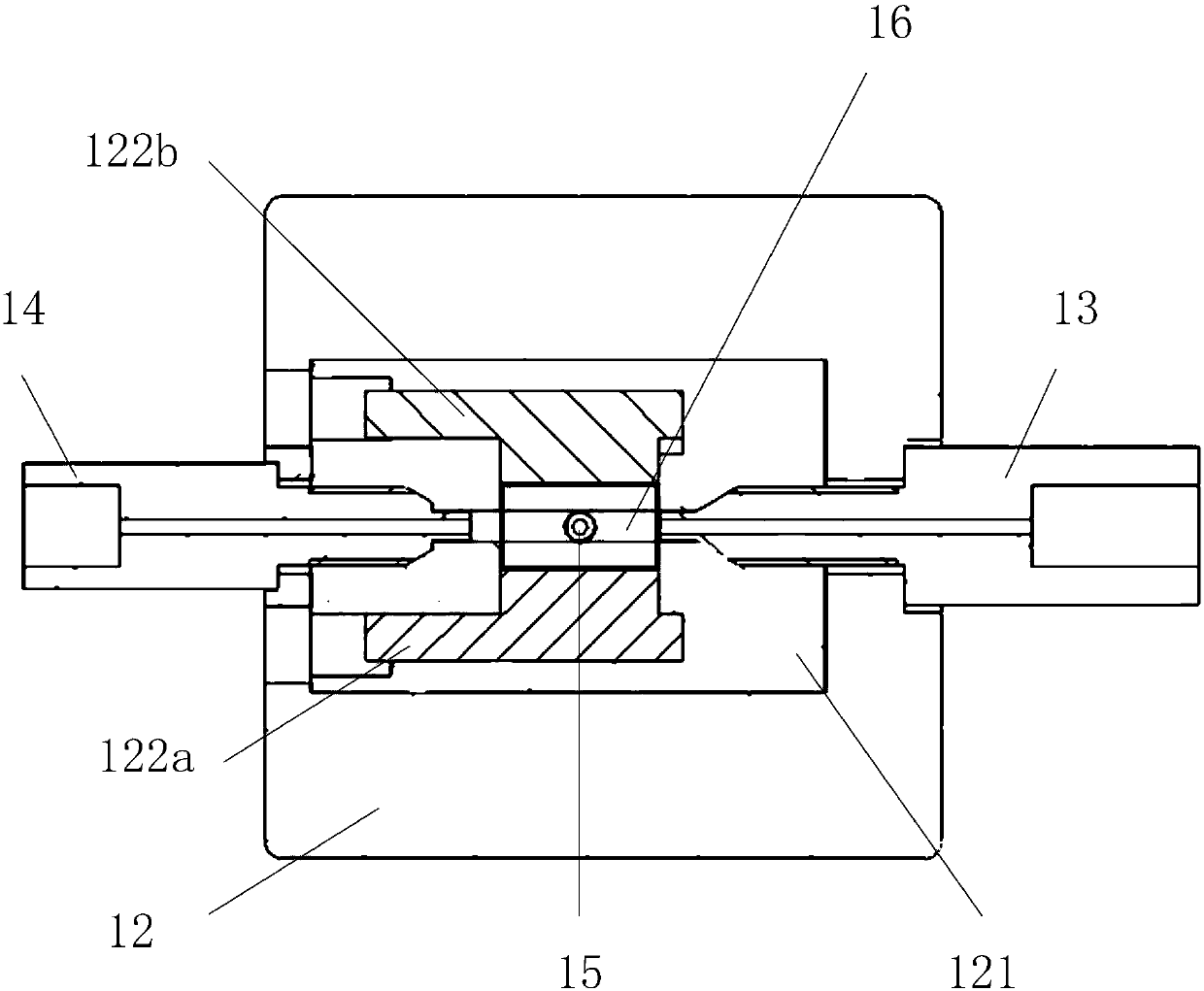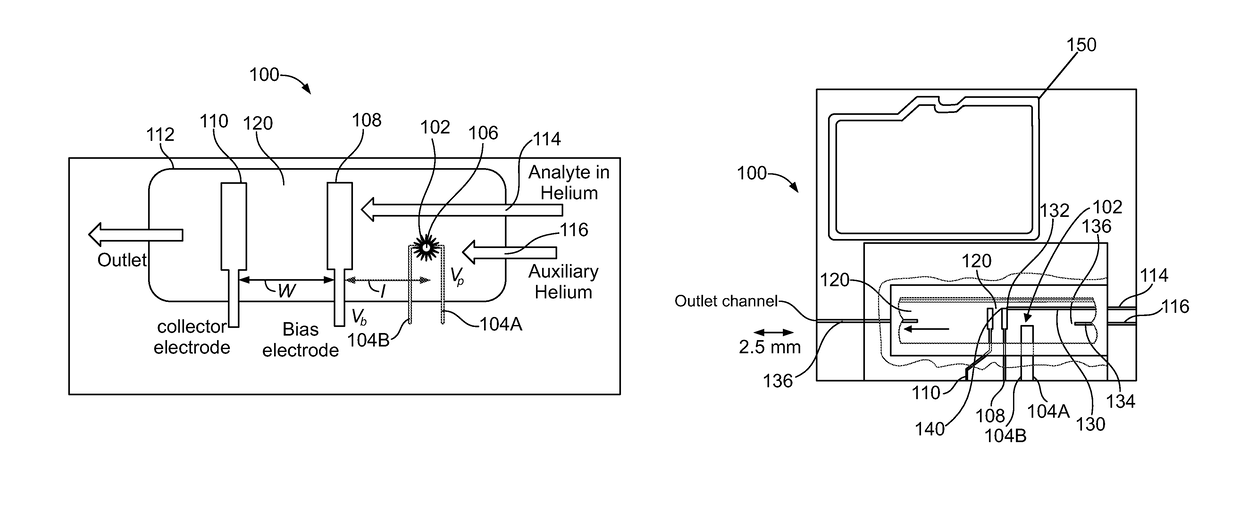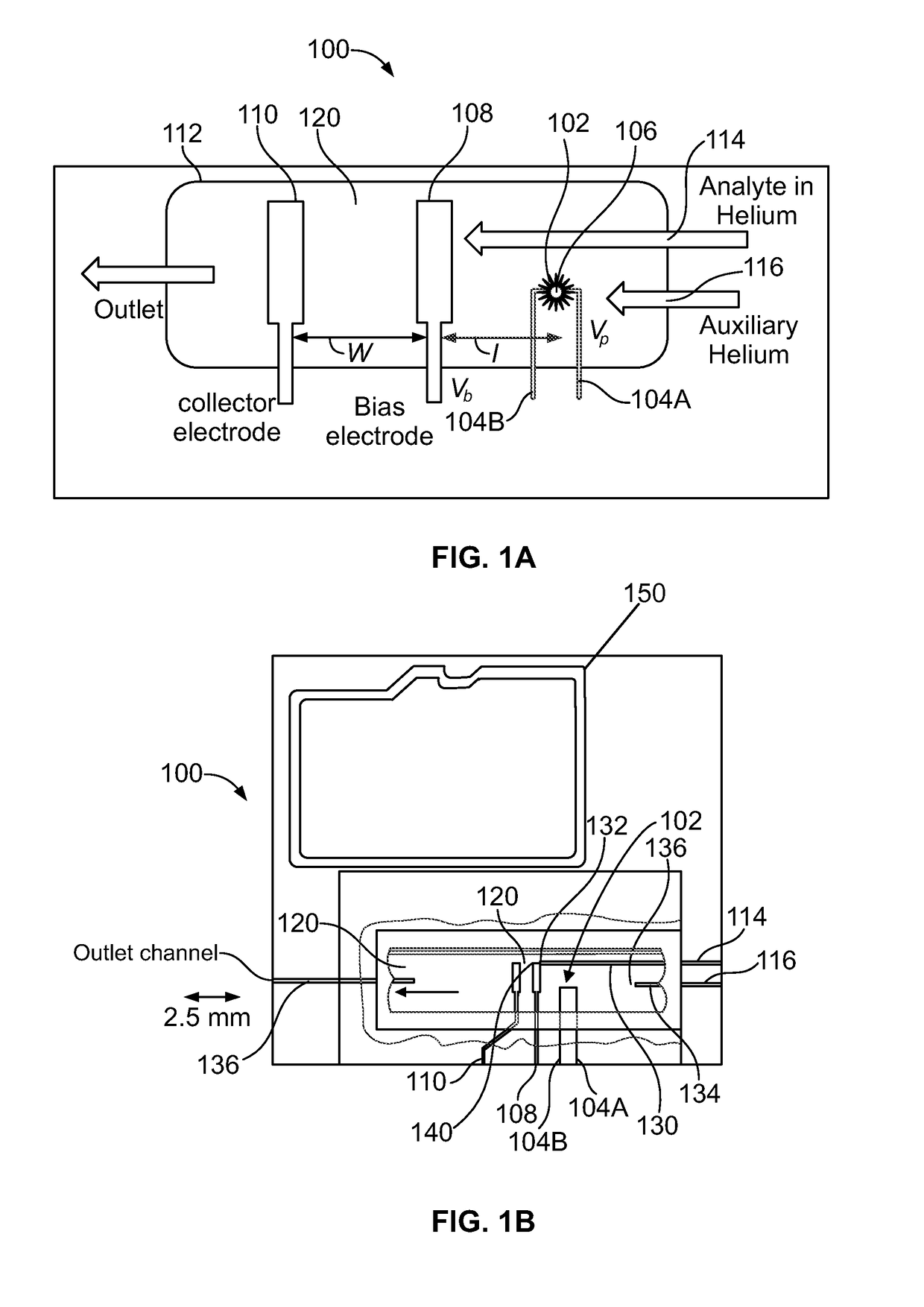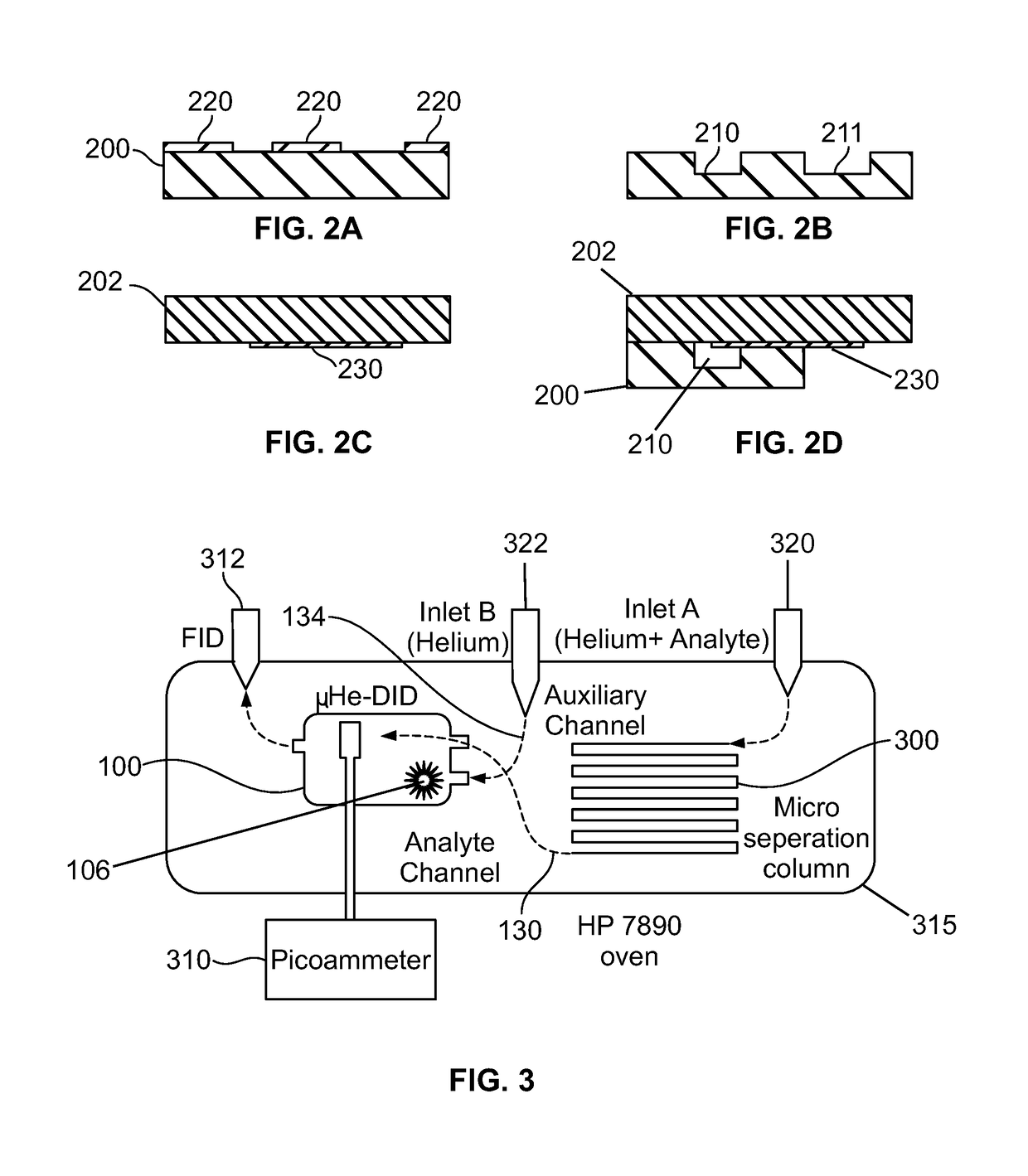Patents
Literature
Hiro is an intelligent assistant for R&D personnel, combined with Patent DNA, to facilitate innovative research.
65 results about "Photoionization detector" patented technology
Efficacy Topic
Property
Owner
Technical Advancement
Application Domain
Technology Topic
Technology Field Word
Patent Country/Region
Patent Type
Patent Status
Application Year
Inventor
A photoionization detector or PID is a type of gas detector. Typical photoionization detectors measure volatile organic compounds and other gases in concentrations from sub parts per billion to 10 000 parts per million (ppm). The photoionization detector is an efficient and inexpensive detector for many gas and vapor analytes. PIDs produce instantaneous readings, operate continuously, and are commonly used as detectors for gas chromatography or as hand-held portable instruments. Hand-held, battery-operated versions are widely used in military, industrial, and confined working facilities for health and safety. Their primary use is for monitoring possible worker exposure to volatile organic compounds (VOCs) such as solvents, fuels, degreasers, plastics & their precursors, heat transfer fluids, lubricants, etc. during manufacturing processes and waste handling.
Photo-ionization detectors and associated methods thereof
InactiveUS20120136268A1High selectivityImprove efficiencyMaterial analysis by electric/magnetic meansRespiratory organ evaluationIonization chamberLight beam
A photo ionization detector (PID) is provided for selectively determining various compounds or gases present in a breath sample. The PID, comprises a substrate comprising a gas ionization chamber, at least one pair of ion sensing electrodes, and at least one amplifying circuit; and an ultraviolet (UV) ionization source to transmit a UV light beam into the gas ionization chamber. A system comprises the PID is also provided. A method of detecting a response pattern for various compounds or gases in breath using PID is also provided.
Owner:GENERAL ELECTRIC CO
Method and treatment system for restoring organic pollution soil through combination of room temperature desorption and chemical oxidation
ActiveCN103406346AAvoid "smearing"Shorten repair timeContaminated soil reclamationDesorptionPotassium permanganate
The present invention discloses a method and a treatment system for restoring organic pollution soil through combination of room temperature desorption and chemical oxidation. The method comprises: placing organic matter polluted soil in a room temperature desorption workshop; adopting a moveable soil turner to turn the polluted soil, wherein one turning is performed every 2 h, a portable photoionization detector is adopted to rapidly detect the concentration of volatile or semi-volatile organic matters at a position above 15-25 cm of the polluted soil during a turning process, and turning is stopped until the detection data is stabilized; and adding a 6% potassium permanganate solution to a liquid tank, opening a water pump and a manual control valve, spraying the potassium permanganate solution to the polluted soil, concurrently adopting the soil turner to uniformly turn the potassium permanganate solution and the polluted soil, and stopping spraying and turning until the potassium permanganate content in the soil achieves the preset addition amount. The present invention further provides a treatment system for the method. With the method, organic pollutant soil restoring efficiency is high, the cost is low, and the method is a combination restoring method with strong practicability in the project.
Owner:中科华南(厦门)环保有限公司 +1
Chromatographic photoionization detector
InactiveCN102072945AAddress reliabilityResolve SensitivityComponent separationMaterial analysis by electric/magnetic meansProportion integration differentiationIonization chamber
The invention relates to a chromatographic photoionization detector which comprises a tail blowing connector and a nozzle, wherein the tail blowing connector is arranged on a chromatographic connecting column connected with a chromatographic column and used for preventing the peak of a sample curve to be detected from widening or trailing; the nozzle is embedded into an ionization chamber and taken as an electrode to be connected with a collector connector through a probe to realize transmission and acquisition of voltage signals; the ionization chamber is provided with two air passages, wherein one is an exhaust port through which the residual gas in the detecting course is exhausted, and the other one is a curtain exhaust port and is used for blowing and cleaning the window of an ultraviolet lamp in the detecting course; the ionization chamber is connected with the fixed sleeve of the lamp through screw threads; the fixed sleeve of the lamp is tightly pressed with a lamp pressing sleeve embedded with the base of the ultraviolet lamp; the protective cover of the lamp is tightly pressed and sheathed with the ultraviolet lamp through the pressing spring of the lamp; and the ultraviolet lamp activates a voltage lead joint to be fixedly connected to the protective cover of the lamp through a tacking nut. The chromatographic photoionization detector improves the insufficient design of the conventional chromatographic photoionization detector and enhances the sensitivity, selectivity and stability of a PID (Proportion Integration Differentiation) detector.
Owner:上海仪电分析仪器有限公司
Pollution VOC concentration and total discharge amount real-time monitoring system
ActiveCN104898719AEffective interferenceEffectively removes distractionsControlling ratio of multiple fluid flowsKetoneEngineering
The invention relates to a pollution VOC concentration and total discharge amount real-time monitoring system. The system comprises a exhaust gas sampling unit, an exhaust gas pretreatment unit, a VOC detection unit, an exhaust gas parameter measuring unit, a data processing unit, a back flushing unit, a calibration unit, a communication unit and a central control unit; an output of the exhaust gas sampling unit is connected with the VOC detection unit through the exhaust gas pretreatment unit, both the exhaust gas parameter measuring unit and an output of the VOC detection unit are connected with the data processing unit, an output of the data processing unit is connected with the communication unit, the back flushing unit and the calibration unit, and the communication unit and the central control unit perform data transmission in a wireless mode or a wired mode. The pollution VOC concentration and total discharge amount real-time monitoring system provided by the invention adopts a photoionization detector to detect the concentration and the total amount of particular pollutants discharged by a pollution discharge enterprise, thereby performing real-time monitoring of the concentration and the total discharge amount of VOC. Various compounds including aromatics, ketones, aldehydes, alcohols, ammonia and amines, halogenated hydrocarbons, sulphohydrocarbons, unsaturated hydrocarbons and the like are detected.
Owner:邓静秋
Photoionization detectors, ionization chambers for use in photoionization detectors, and methods of use of photoionization detectors
ActiveUS7180076B2Less sensitiveElectrode assembly support/mounting/spacing/insulationDischarge tube luminescnet screensElectricityElectrical connection
A photoionization detector includes a housing, electrical contacts within the housing and an easily removable and replaceable photoionization chamber within the housing. The photoionization chamber includes a cathodic electrode and an anodic electrode which may be coated with a thin layer of material. The photoionization chamber and the associated cathodic electrode and anodic electrode are removable from within the housing as a unit. The photoionization chamber makes electrical connection with the contacts when seated within the housing regardless of the orientation of the photoionization chamber about an axis.
Owner:MSA TECH
Auto-Cleaning And Auto-Zeroing System Used With A Photo-Ionization Detector
ActiveUS20120252347A1Lighting and heating apparatusMaterial analysis by electric/magnetic meansIonization chamberEnvironmental engineering
An auto-cleaning and auto-zeroing system (1) comprises a first conduit for flow of ambient gas (16) and a 2nd conduit (22) for flow of ambient air (18). A cleaning chamber (12) removes impurities from ambient air (18). The 1st conduit (20) and 2nd conduit (22) are connected to a valve, operated by the continuous motor, which continuously draws ambient gas (16) or cleaned and filtered ambient air (18) through the system. Cleaned and filtered ambient air (18) enters the ionization chamber (10) to carry out a cleaning (flushing) and a cleaning (ionization) cycle. In this manner, contaminants and pollutants left in the ionization chamber (10) from the measurement of ambient gas (16) are flushed out and removed.
Owner:R2CD HLDG PTE
A light source of UHF electrodeless discharge lamp
ActiveCN101217098AHigh RF excitation stabilitySelf-priming smallElectric lighting sourcesElectric discharge lampsEngineeringLight emission
The invention relates to an ultra-high frequency electrodeless discharge light source, which is composed of an electrodeless discharge lamp, an induction coil and a circuit board of an ultra-high frequency generation circuit, the electrodeless discharge lamp is arranged at the center of a hollow insulating frame, the outside of the insulating frame is sheathed with the induction coil, the induction coil is connected with the circuit board of an ultra-high frequency generator, the electrodeless discharge lamp is filled with hydrogen, deuterium and inert gas or the mixing gas in a sealed glass or quartz tube, the ultra-high frequency generator works at 50MHz to 150MHz and utilizes the gas in an ultra-high frequency ionization lamp for light emission. The ultra-high frequency electrodeless discharge lamp light source of the invention has high stability, small self-absorption, great emission intensity and long service life of the light source, the invention can be smoothly started at the low pressure, and can be used as the light source of a gas chromatography photoionization detector, a background light source of an atomic absorption spectrometer, a photoionization source of a mass spectrometer and so on, and the invention can be further used for generating the ozone for light cleaning, light oxidation, water purification and other treatments.
Owner:北京东西分析仪器有限公司
Photo-ionization detectors and associated methods thereof
InactiveUS8922219B2Improve efficiencyHigh selectivityMaterial analysis by electric/magnetic meansRespiratory organ evaluationIonization chamberUltraviolet
A photo ionization detector (PID) is provided for selectively determining various compounds or gases present in a breath sample. The PID, comprises a substrate comprising a gas ionization chamber, at least one pair of ion sensing electrodes, and at least one amplifying circuit; and an ultraviolet (UV) ionization source to transmit a UV light beam into the gas ionization chamber. A system comprises the PID is also provided. A method of detecting a response pattern for various compounds or gases in breath using PID is also provided.
Owner:GENERAL ELECTRIC CO
Photoionization detector with multiple ionization cells
A photoionization detector comprising multiple ionization cells for detecting the presence of chemical compounds in multiple fluid samples. The photoionization detector uses a single source of ultraviolet (UV) radiation to emit high energy photons into at least two ionization cells. Each ionization cell comprises at least one fluid inlet and at least one fluid outlet. Independent samples of fluid can be introduced into each cell and exposed to the UV radiation such that any molecules with an ionization energy lower that the energy of the photons are ionized. Each ionization cell also comprises a set of at least two electrodes arranged to generate an electric field such that ionized molecules are attracted to the electrode at lower voltage potential resulting in an electrical current.
Owner:KOLAJA ROBERT J +2
High sensitivity photoionization detector
The invention discloses a high sensitivity photoionization detector, which comprises: a collector, an emitter and a nozzle in a photoionization ionization chamber. The ultraviolet light emitted by a vacuum ultraviolet lamp is directly projected to the nozzle. The collector is very close to the inner wall of the photoionization ionization chamber. The emitter is embedded into a groove in the middle of the nozzle. Ultraviolet light cannot be directly projected to surfaces of the collector and the emitter. A direct current high voltage source is loaded between the collector and the emitter to form an electric field. After being separated by a chromatographic column, a mixed gas enters the photoionization ionization chamber through the nozzle to be ionized into positive and negative ions by the vacuum ultraviolet lamp. Under the action of the electric field, the positive and negative ions are captured respectively by the collector and the emitter and converted into weak current signals, and after amplification by a microcurrent amplifier, the signals are output to a data acquisition card. The photoionization detector provided by the invention has a tiny pool volume and ultra-low noise interference, sensitivity of the detector is improved and the detection limit of the detector is lowered.
Owner:AEROSPACE INFORMATION RES INST CAS +1
Miniaturized Helium Photoionization Detector
ActiveUS20150130473A1Easy to makeMaterial analysis by electric/magnetic meansExcitable mediumAnalyte
The present invention provides an ionization detector having a base having an enclosed chamber. The enclosed chamber has a first end and a second end. The detector also includes a first outlet which is a source of an excitable medium. A second outlet is provided which functions a source of an analyte that is transported by a carrier gas. An ionization source for creating a discharge from said excitable medium is also provided. The collector electrode generates a time dependent current based on its interaction with ionized analytes from which the analyte may be detected.
Owner:VIRGINIA TECH INTPROP INC
Electrode contact pellet and associated photoionisation detector assembly
ActiveUS20090115423A1Low costEasy to replaceRotary current collectorSubstation/switching arrangement detailsElectrode ContactBiomedical engineering
A demountable pellet is disclosed for use as an electrode contact assembly. The pellet comprises a base 1 upon which is mounted a plurality of electrodes 18, 19, 20 arranged in respective spaced parallel planes and having respective contacts 23, 24, 25 protruding from them. A closure 2 for the base 1 has a member 11, 12, 13 engaging at least one of the electrode contacts. In an unassembled condition of the pellet, with the closure 2 separate from the base 1 and each closure member disengaged from its respective electrode contact, the contacts 23, 24, 25 lie in respective spaced parallel planes. In the assembled condition of the pellet with each closure member engaging its respective electrode contact, at least one of the contacts 23, 24, 25 lies in a plane other than that in which it lay in the unassembled condition of the pellet.
Owner:ION SCI
Photo ionization detector with self-calibration
ActiveUS10101298B1Cost downDown timeMaterial analysis by electric/magnetic meansGas analyser calibrationCalibration gasHelium ionization detector
The present invention discloses a photoionization detector (PID) system that can perform calibrations automatically. The PID system comprises a measurement gas chamber and one or more calibration gas chambers. The one or more calibration gas chambers each hold a type of calibration gas. In one embodiment, a volatile organic compounds (VOCs) measurement and a calibration measurement are conducted in the same gas chamber. In another embodiment, VOCs and calibration measurements are conducted in different gas chambers either simultaneously or at different times.
Owner:JIAXING BROADSENS TECH LTD
Microfluidic photoionization detector
ActiveCN107735682AComponent separationMaterial analysis by electric/magnetic meansChemical physicsGas phase
A rapid flow-through, highly sensitive microfluidic photoionization detector (PID) which is micro-fabricated directly onto a substrate, such as a conductive silicon wafer, is provided. The microfluidic PID has an ionization chamber volume of less than 9 [mu]L. The microfluidic PID may have a flow through design with a microfluidic channel defines a serpentine pattern on the substrate. The flow through design of the microfluidic PID results in negligible dead volume, thus allowing a shortened response time over existing commercially available designs. Such microfluidic PIDs are particularly useful with gas chromatography (GC), including microGC and multidimensional microGC systems. Methods for calibrating PIDs are also provided.
Owner:RGT UNIV OF MICHIGAN
A photoionization detector system
ActiveCN108828055AReduce labor costsShorten the timeMaterial analysis by electric/magnetic meansGas analyser calibrationCalibration gasUltraviolet lights
The present invention discloses a photoionization detector system. The system comprises an ultraviolet light source used for providing ultraviolet radiation; a measurement gas chamber used for measuring volatile organic compounds from external environment gas and performing calibration measurement by utilizing one or more calibration gases; one or more calibration gas chambers holding the one or more calibration gases respectively; a plurality of gas pump modules controlling transmitting of the one or more calibration gases between the measurement gas chamber and the one or more calibration gas chambers; and a measurement circuit used for receiving electric signals generated by ultraviolet radiation photoionization of the one or more calibration gases in the measurement gas chamber. The system can significantly reduce the labor cost and system shutdown time during detection of volatile organic compounds, and can perform calibration automatically without the need of manual operation.
Owner:JIAXING BROADSENS TECH LTD
Photoionization detector and method for dynamically adjusting range of detector
ActiveCN111122693AReduced strengthRealize automatic feedback closed-loop adjustment rangeMaterial analysis by electric/magnetic meansElectric variable regulationUltraviolet lightsPhotoionization detector
The invention relates to a photoionization detector and a method for dynamically adjusting the range of the detector. The detector comprises an excitation power supply output module, an ultraviolet lamp, a pair of ion collecting electrode plates, an amplifying circuit and a feedback control circuit. The input terminal of the excitation power output module is connected with a direct-current power supply; the output terminal of the excitation power output module is connected with an excitation electrode of the ultraviolet lamp; the pair of ion collecting electrode plates is arranged in an ultraviolet light emitting direction of the ultraviolet lamp, the electrode plates are connected with the input terminal of the amplifying circuit, the output terminal of the amplifying circuit is connectedwith the input terminal of the feedback control circuit, and the output terminal of the feedback control circuit is connected with a control terminal of the excitation power supply output module. With the excitation power supply output module and the feedback control circuit, the detection precision and sensitivity are optimized according to the concentration range of the to-be-detected gas.
Owner:BEIJING HTNOVA DETECTION TECH CO LTD
Photoionization detectors, ionization chambers for use in photoionization detectors, and methods of use of photoionization detectors
ActiveUS20050218334A1Less sensitiveElectrode assembly support/mounting/spacing/insulationDischarge tube luminescnet screensElectrical connectionThin layer
A photoionization detector includes a housing, electrical contacts within the housing and an easily removable and replaceable photoionization chamber within the housing. The photoionization chamber includes a cathodic electrode and an anodic electrode which may be coated with a thin layer of material. The photoionization chamber and the associated cathodic electrode and anodic electrode are removable from within the housing as a unit. The photoionization chamber makes electrical connection with the contacts when seated within the housing regardless of the orientation of the photoionization chamber about an axis.
Owner:MSA TECH
Volatile organic compound pollutant unorganized standard-exceeding emission early warning and sample reserving system
PendingCN111323540AAchieve timelinessAchieve accuracyWithdrawing sample devicesPhotoionization detectorVolatile organic compound
The invention relates to a volatile organic compound pollutant unorganized standard-exceeding emission early warning and sample reserving system. The system comprises a photoionization detector (PID)continuous monitor and an automatic tank sampler. The PID continuous monitor comprises a PID sensor, a data acquisition and processing unit, a control unit and a sound-light alarm unit. In the invention, the PID continuous monitor is adopted to realize continuous monitoring and alarming of inorganized emission of volatile organic compound emission enterprises, and meanwhile, the automatic tank sampler is utilized to perform automatic sampling and sample reserving so that uninterrupted online monitoring of pollution sources and timeliness, accuracy and representativeness of sampling are ensuredto be realized.
Owner:河北东讯科技有限公司
Method for ion detection
ActiveUS20150301008A1Easy to useLower levelComponent separationMaterial analysis by electric/magnetic meansChemical speciesPhotoionization detector
A method for detecting a chemical species includes providing in a vessel an acidic sample containing an ionic chemical species to be measured where a substrate of the species to be formed is ionizable by radiant energy provided by a photoionization detector in detector system and a headspace above the acidic sample, adding a preselected reducing agent to the aqueous sample and forming an ionizable chemical gas species in the aqueous sample where the ionizable chemical gas species evolves out of the aqueous sample and into the headspace forming a gas sample, moving the gas sample containing the ionizable chemical gas species from the headspace of the vessel out of the vessel and through a precolumn, and moving the gas sample containing the ionizable chemical gas species from the precolumn into one of (1) a detector system or (2) an oxygen-retaining column before the detector system.
Owner:DRISCOLL JOHN N
SCR (selective catalytic reduction) denitration system control method for preventing urea from being excessively sprayed
InactiveCN108371888AAvoid continuous abnormal elevationGas treatmentControlling ratio of multiple fluid flowsNitrogen oxidesLoop control
The invention discloses an SCR (selective catalytic reduction) denitration system control method for preventing urea from being excessively sprayed. The method comprises the following steps: step 1, detecting nitrogen oxide concentration at a gas outlet, entering a PID (photoionization detector) mode if the value of the concentration is less than a set value, or else entering step 2; step 2, controlling a spraying speed of the urea, enabling the spraying speed to increase along with the increase of time, detecting the nitrogen oxide concentration at the gas outlet, entering the PID mode if thenitrogen oxide concentration is reduced along with the increase of time, or else entering step 3; step 3, reducing urea spraying speed, detecting the nitrogen oxide concentration at the gas outlet until the nitrogen oxide concentration is less than the set value of the concentration, and then entering the PID mode. By open-loop control and closed-loop PID mode combination control, the excessive spraying state of the urea can be corrected, so that the control mode can always be controlled towards a set minimum nitrogen oxide concentration direction, and the nitrogen oxide concentration is prevented from continuously abnormally rising.
Owner:成都润天祥科技有限公司
Method, apparatus and system for providing voltage supply for photoionization detector lamp
PendingCN111983004ADc-dc conversionMaterial analysis by electric/magnetic meansConvertersFeedback circuits
Methods, apparatus, and systems are provided for providing an alternating current (AC) voltage supply to a photoionization detector lamp from a direct current (DC) voltage source. An example apparatusmay include: a DC voltage-DC voltage (DC / DC) converter circuit; and a feedback circuit electronically coupled to the DC / DC converter circuit and converting a reference AC voltage to a feedback DC voltage for use in the DC / DC converter circuit. In some examples, the feedback circuit may be electronically coupled to a DC voltage-AC voltage (DC / AC) conversion circuit to obtain a reference AC voltage.
Owner:HONEYWELL INT INC
Vapor trap system for detecting volatile organic chemical vapors
A vapor trap for detecting VOCs includes a housing, having a first end portion, a second end portion and at least one opening for receiving gas vapor. The housing is at least partially buried in ground with a vapor containment mechanism detachably connected to the first end portion of the housing. The vapor containment mechanism can be removed and replaced with a vapor sampling mechanism. An organic vapor analyzer can be connected in fluid relationship to the vapor sampling mechanism to measure VOCs. Optionally, a vacuum pump can be utilized to draw vapor into the vapor trap and then subsequently into the organic vapor analyzer. There can be a first selector valve located between the vapor sampling mechanism and the vacuum pump and a second selector valve located between the vapor sampling mechanism and the organic vapor analyzer. A preferred organic vapor analyzer is a photo-ionization detector.
Owner:PERTECT DETECTORS
Photoionization detector
InactiveCN105527335AShield electromagnetic interferenceIncrease primary capture efficiencyMaterial analysis by electric/magnetic meansIonization chamberElectromagnetic interference
A photoionization detector comprises an ionization chamber and an ultraviolet lamp, wherein an emitting electrode and a collecting electrode are arranged in the ionization chamber and are coaxially arranged, and the collecting electrode is a hollow cylinder body and surrounds the emitting electrode; a grounding electrode is further arranged between the emitting electrode and the ultraviolet lamp in the ionization chamber for shielding external electromagnetic interference. According to a three-electrode structure, the grounding electrode is mainly used for shielding electromagnetic interference of a driving power supply and the environment; with the design of the parallel structure of the collecting electrode and the emitting electrode, the distance between the collecting electrode and the emitting electrode is greatly reduced to 0.2-1 mm from 2-3 mm in a traditional structure, one-time electron capture efficiency is improved, and the detection sensitivity is greatly improved.
Owner:INST OF ELECTRONICS CHINESE ACAD OF SCI
Volatile organic compound monitoring method and system
InactiveCN105717245AThe detection process is fastEasy maintenanceComponent separationQualitative analysisPhotoionization detector
The embodiment of the invention provides a volatile organic compound monitoring method and system. The problems that in the prior art, when VOCS are detected through gas chromatography, the great limitation exists, and the application range is limited are solved. The volatile organic compound monitoring method comprises the steps that the to-be-detected gas is sampled to obtain sampled gas, and the sampled gas is pretreated; the pretreated sampled gas is fed into a detection device; qualitative analysis is performed on the pretreated sampled gas through a gas chromatograph in the detection device to obtain qualitative analysis data; quantitative analysis is performed on the pretreated sampled gas through a photoionization detector in the detection device to obtain quantitative analysis data; gas components included in the pretreated sampled gas and the concentrations of all the gas components are calculated by a processor according to the qualitative analysis data and the quantitative analysis data. According to the volatile organic compound monitoring method and system, the monitoring efficiency and reliability can be improved, and application and popularization are easy.
Owner:GUANGDONG WEICHUANG TECH DEV
Photo Ionization Detector with Self-Calibration
ActiveUS20180299406A1Cost downDown timeMaterial analysis by electric/magnetic meansGas analyser calibrationCalibration gasGas chamber
The present invention discloses a photoionization detector (PID) system that can perform calibrations automatically. The PID system comprises a measurement gas chamber and one or more calibration gas chambers. The one or more calibration gas chambers each hold a type of calibration gas. In one embodiment, a volatile organic compounds (VOCs) measurement and a calibration measurement are conducted in the same gas chamber. In another embodiment, VOCs and calibration measurements are conducted in different gas chambers either simultaneously or at different times.
Owner:JIAXING BROADSENS TECH LTD
Real time measurement techniques combining light sources and mass spectrometer
ActiveUS20180166269A1Promote resultsEasy to detectSpectrometer detectorsTime-of-flight spectrometersLight beamMass analyzer
The present invention provides a mass spectrometer comprising a sample inlet, an ionization source, a mass analyzer, and an ion detector, wherein the ionization source comprises a photoionization detector lamp. The invention also provides mass spectrometers comprising two photoionization detector lamps. The use of a photoionization detector lamp can provide an increase in the signal of detected compounds as compared to the signal of detected compounds obtained using a comparable mass spectrometer with a conventional electron pumped beam lamp.
Owner:R J REYNOLDS TOBACCO COMPANY
Pretreatment device for miniature two-dimensional chromatograph and working method thereof
The invention discloses a pretreatment device for a miniature two-dimensional chromatograph and a working method thereof. The device is technically characterized by comprising a power supply subassembly, a miniature water removal cold trap and an enrichment thermal analyzer sampling system, wherein the enrichment thermal analyzer sampling system comprises chromatographic columns on two side surfaces of a bearing box; one side of each of the chromatographic columns is provided with a quartz adsorption tube; one side of the quartz adsorption tube is provided with a spiral first heating resistance wire; the device further comprises a main cooling plate located at an exterior of the first heating resistance wire; the device further comprises a two-dimensional chromatographic column temperaturecontrol box; the two-dimensional chromatographic column temperature control box comprises a heat dissipation base; the chromatographic columns are disposed on the heat dissipation base; second heating resistance wires are wrapped on outer walls of the chromatographic columns; heat insulation sleeves are connected to an upper part of the heat dissipation base in an insertion manner; and the devicefurther comprises a stop-flow modulator and a miniature photoionization detector. According to the pretreatment device for the miniature two-dimensional chromatograph and the working method thereof disclosed by the invention, through water-removal treatment and refrigeration enrichment adsorption treatment, an adsorption component is rapidly heated and released, a detected component is separatedby the two-dimensional chromatographic columns under different temperature gradients and is detected by the miniature photoionization detector to form a two-dimensional chromatogram.
Owner:南京普特保仪器有限公司
Analytical method for preliminary sampling of site environment
PendingCN109387401AEasy to handleReal-timeWithdrawing sample devicesMaterial analysis by electric/magnetic meansSoil gasSite monitoring
The invention relates to the technical field of environment engineering, and especially relates to an analytical method for preliminary sampling of site environment. The soil gas collected in the field is used to carry out on-site monitoring through soil gas sampling apertures with on-site arrangement, a pollution evaluation index value PI is obtained by a portable photoionization detector (PID),and the organic pollution level of the site can be classified. The organically contaminated soil can be quickly determined at different sites and temperatures, which is suitable for sites contaminatedby volatile organic compounds; in addition, the on-line monitoring of the river mud surge sediment treatment provided by the present invention monitors the pollutant concentration of the contaminatedsediment in a discharge pipeline obtained by the real-time monitoring of the river lake, and whether the pollutant concentration reaches a preset concentration value or not can be determined, on-linereal-time monitoring and identification control of contaminated sediments can be realized, and intelligent judgment and automated efficient treatment of contaminated sediment digging can be realized.
Owner:SHANGHAI ENERGY CONSERVATION OF ENVIRONMENT
PID (photo-ionization detector)
InactiveCN107917951ASimple internal structureAvoid dead volumeMaterial analysis by electric/magnetic meansHelium ionization detectorUltraviolet lights
The invention provides a PID (photoionization detector). The PID comprises an ultraviolet lamp, an ionization chamber, an analyzed gas inlet pipe inserted into one side of the ionization chamber and an analyzed gas discharging pipe inserted into the other side of the ionization chamber, wherein the lower part of the ultraviolet lamp is inserted into the upper part of the ionization chamber, and analyzed gas enters the ionization chamber via the analyzed gas inlet pipe and ionized under irradiation of ultraviolet light, produces current for data acquisition under the action of an electric fieldin the ionization chamber and is discharged from the analyzed gas discharging pipe. A purge gas inlet pipe is inserted into the lower part of the ionization chamber, so that a gas outlet of the purgegas inlet pipe is located under a window of the ultraviolet lamp, the window of the ultraviolet lamp is uniformly and symmetrically purged and cleaned, and accordingly, the service life of the ultraviolet lamp can be effectively prolonged. Through reduction of the sizes and distances of electrodes in the ionization chamber, the volume of the ionization zone can be reduced, and the sensitivity ofthe detector is improved.
Owner:SHIMADZU (CHINA) CO LTD
Miniaturized helium photoionization detector
The present invention provides an ionization detector having a base having an enclosed chamber. The enclosed chamber has a first end and a second end. The detector also includes a first outlet which is a source of an excitable medium. A second outlet is provided which functions a source of an analyte that is transported by a carrier gas. An ionization source for creating a discharge from said excitable medium is also provided. The collector electrode generates a time dependent current based on its interaction with ionized analytes from which the analyte may be detected.
Owner:VIRGINIA TECH INTPROP INC
Features
- R&D
- Intellectual Property
- Life Sciences
- Materials
- Tech Scout
Why Patsnap Eureka
- Unparalleled Data Quality
- Higher Quality Content
- 60% Fewer Hallucinations
Social media
Patsnap Eureka Blog
Learn More Browse by: Latest US Patents, China's latest patents, Technical Efficacy Thesaurus, Application Domain, Technology Topic, Popular Technical Reports.
© 2025 PatSnap. All rights reserved.Legal|Privacy policy|Modern Slavery Act Transparency Statement|Sitemap|About US| Contact US: help@patsnap.com
